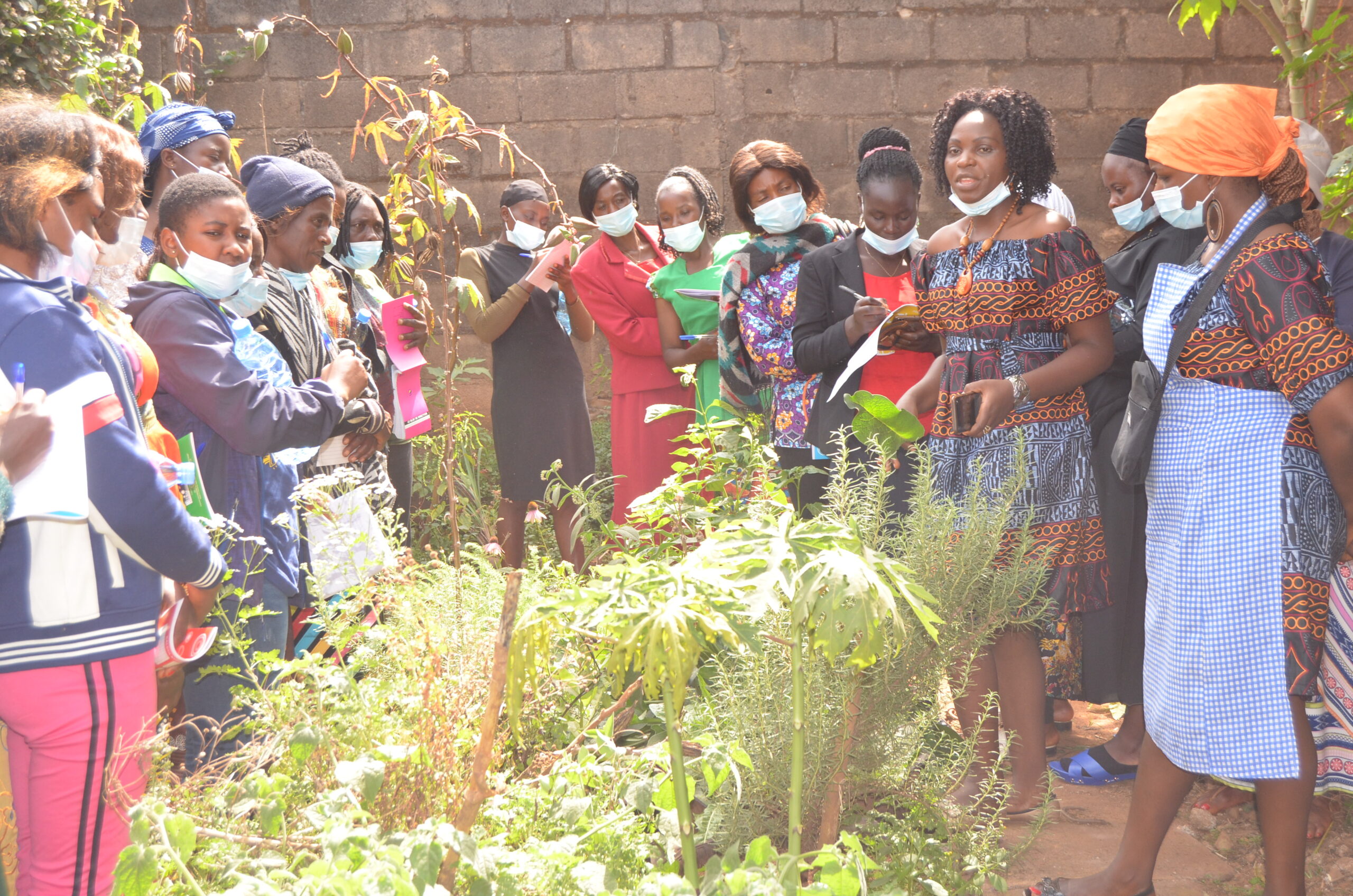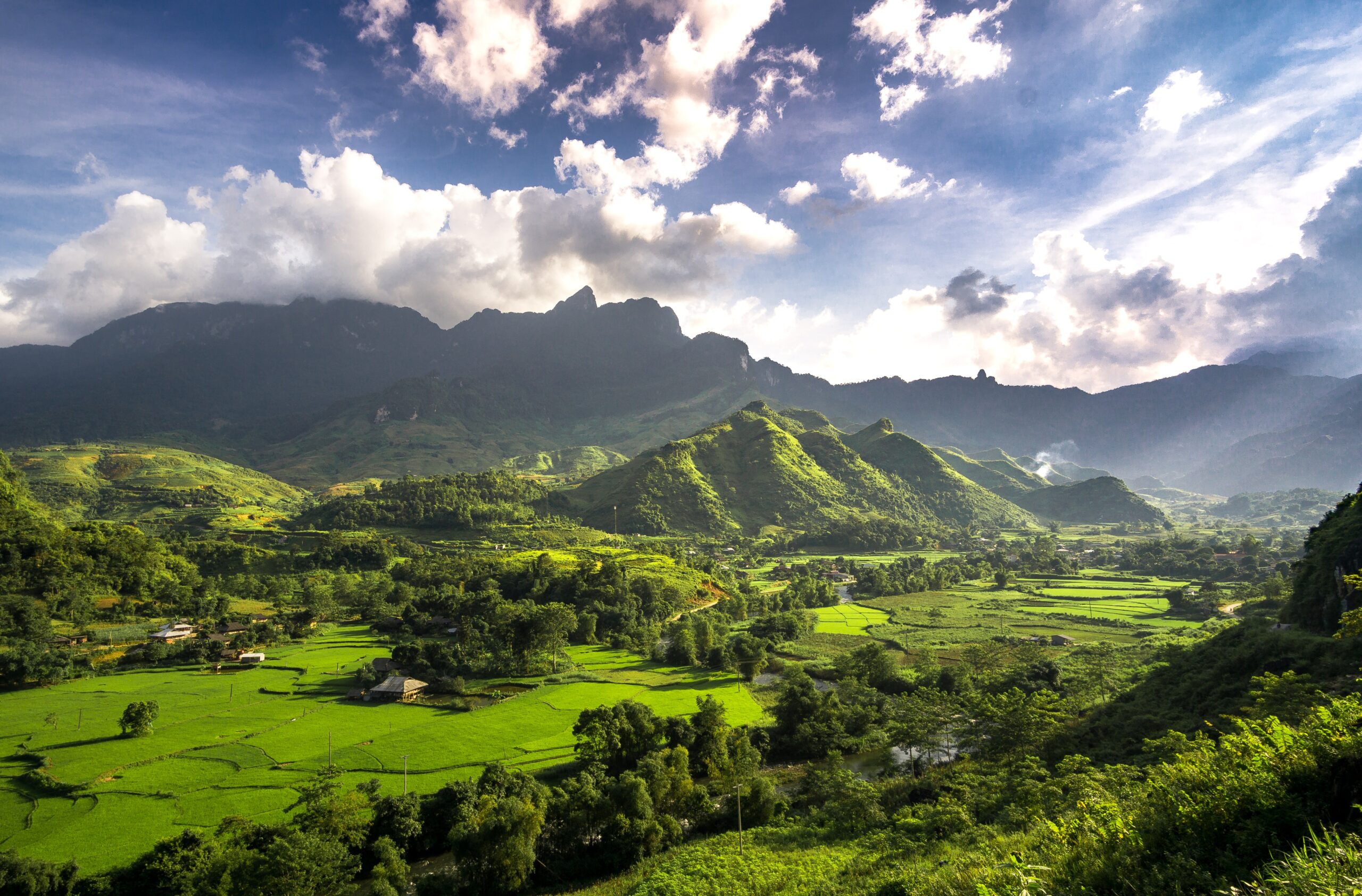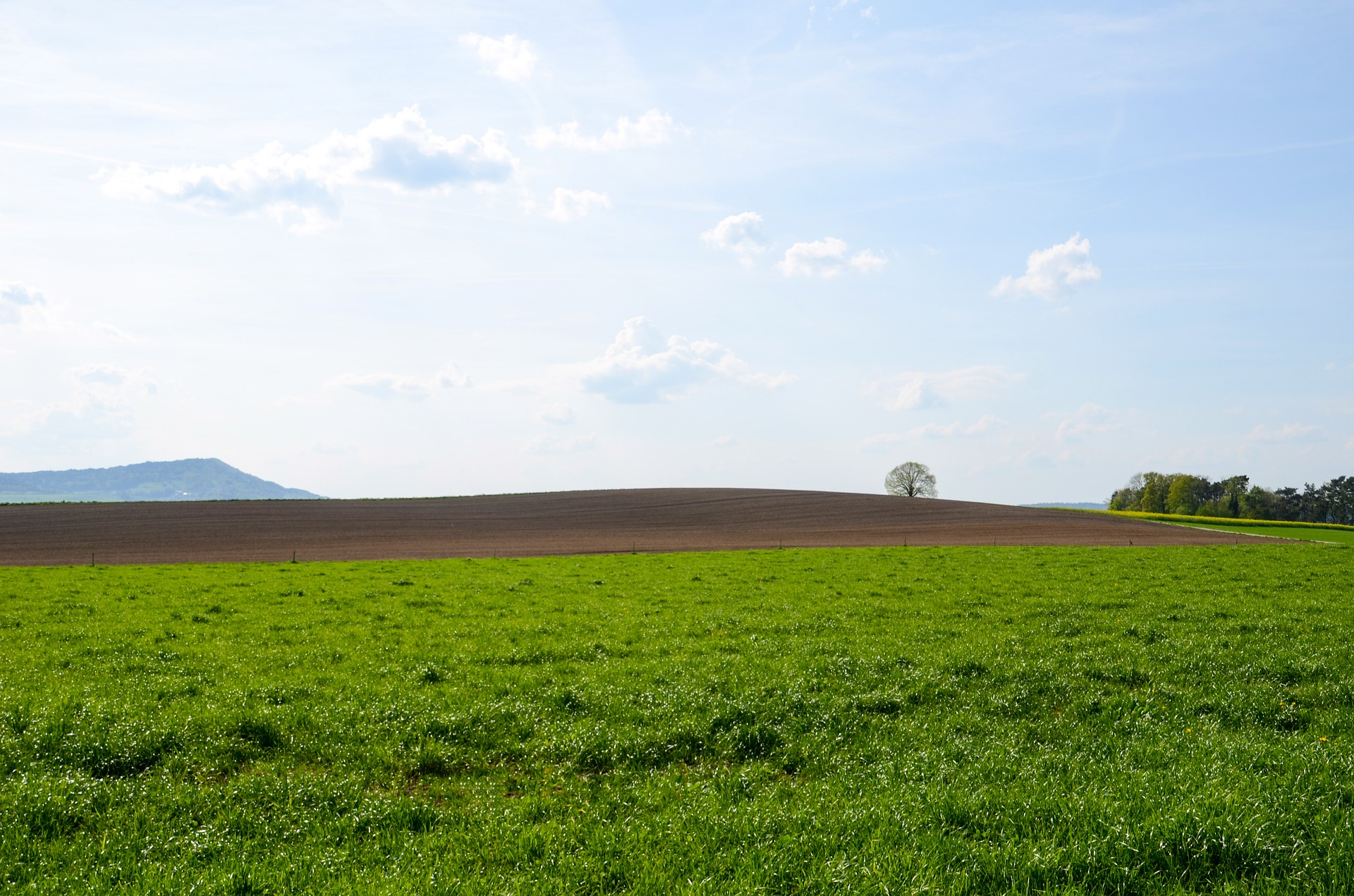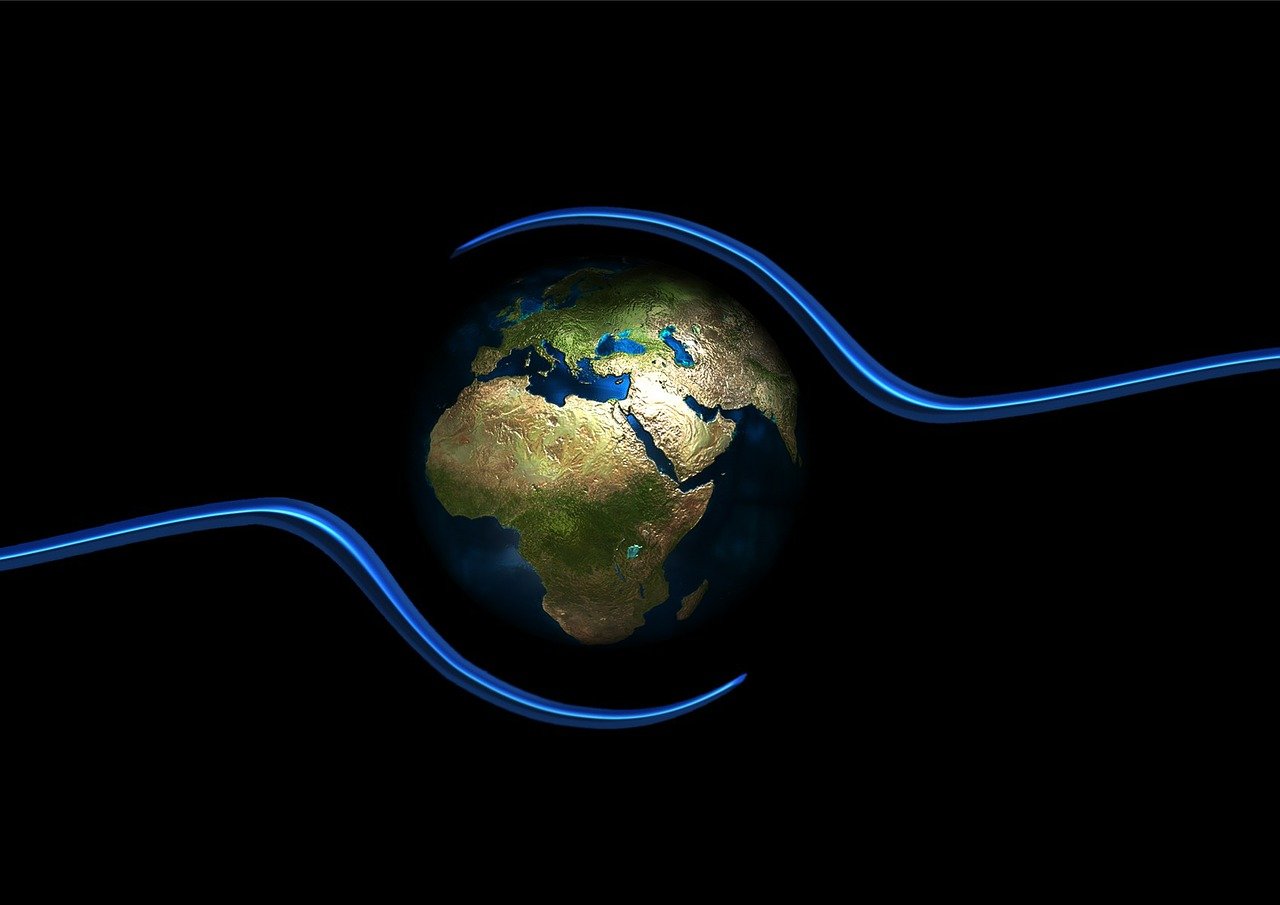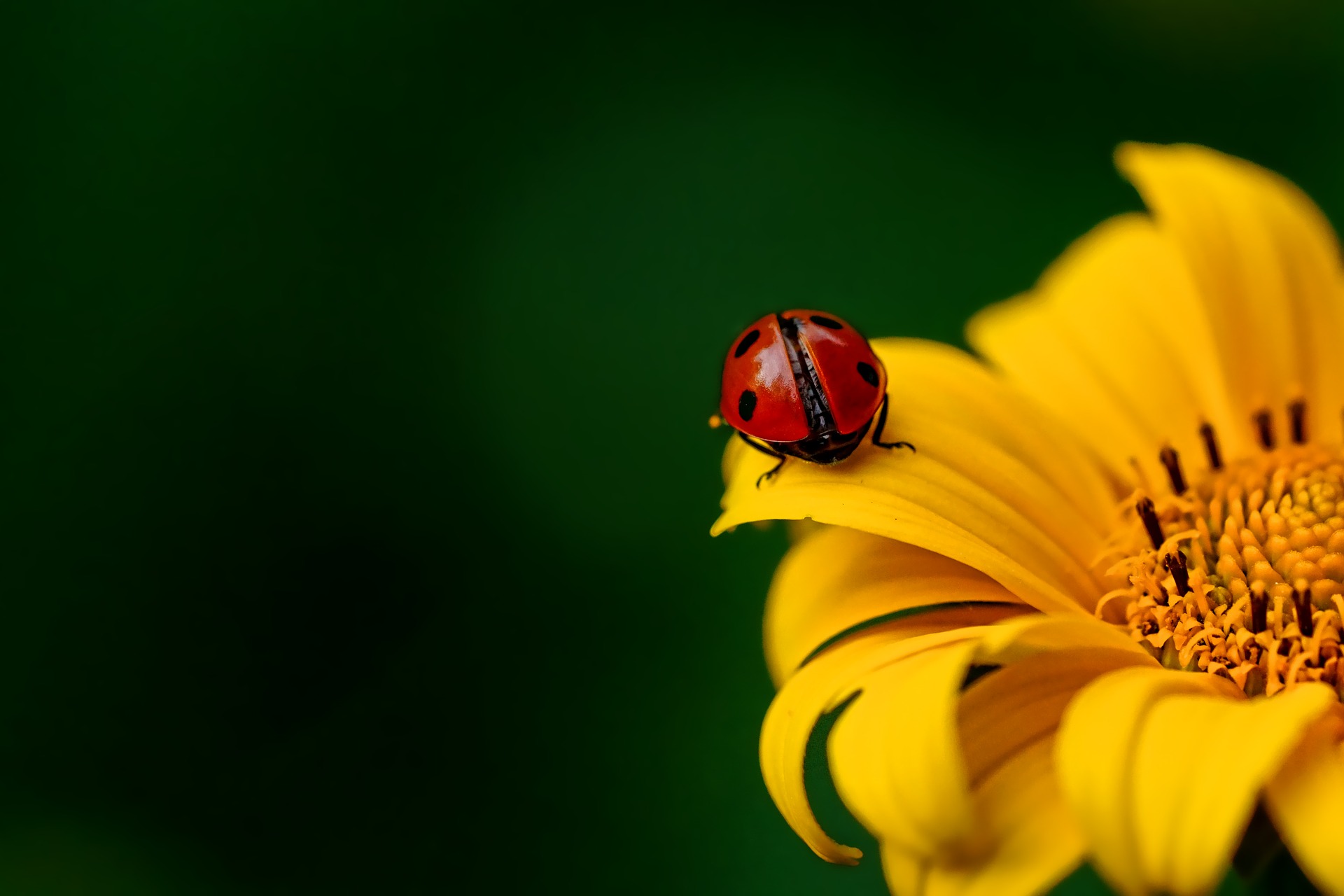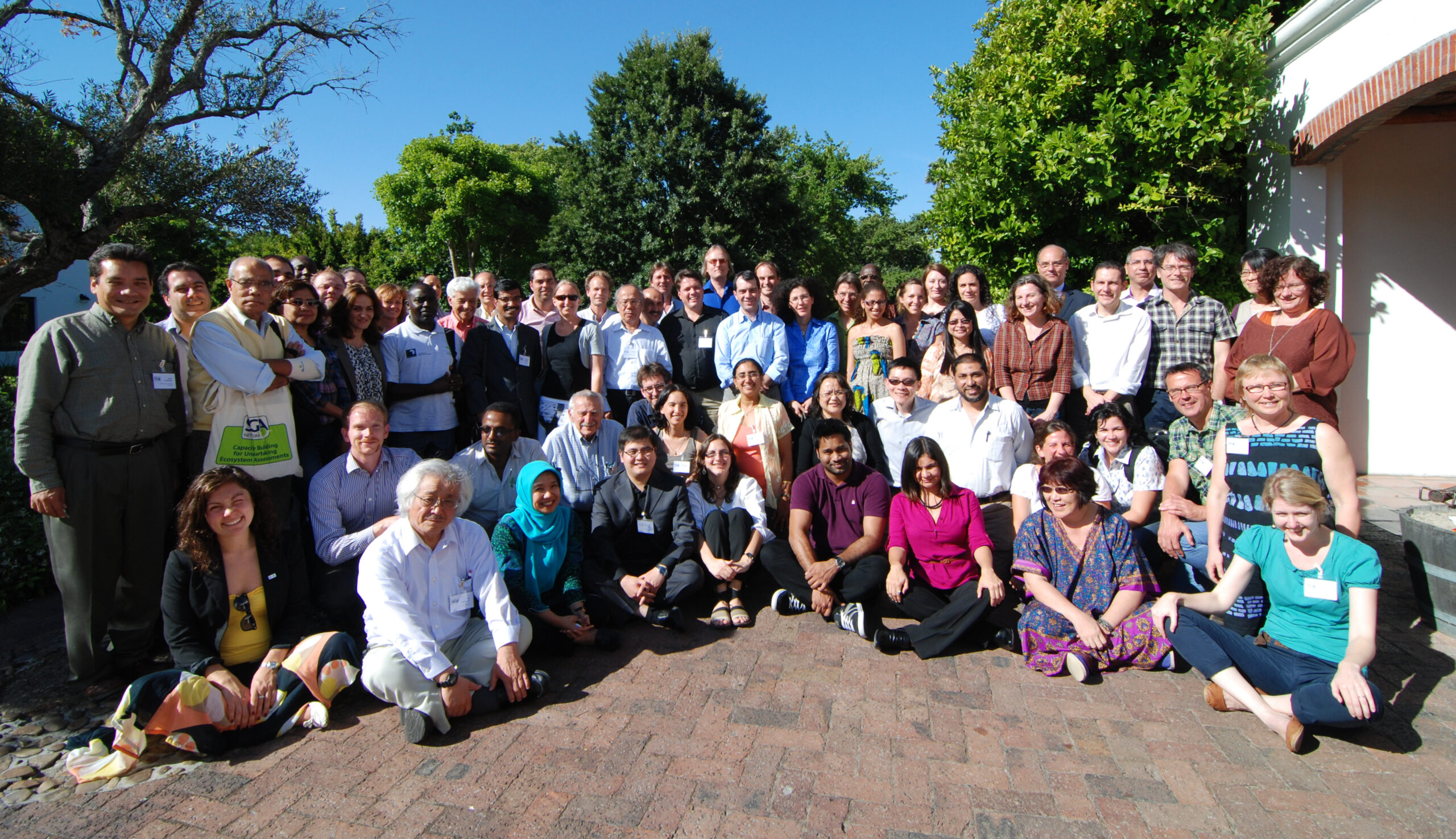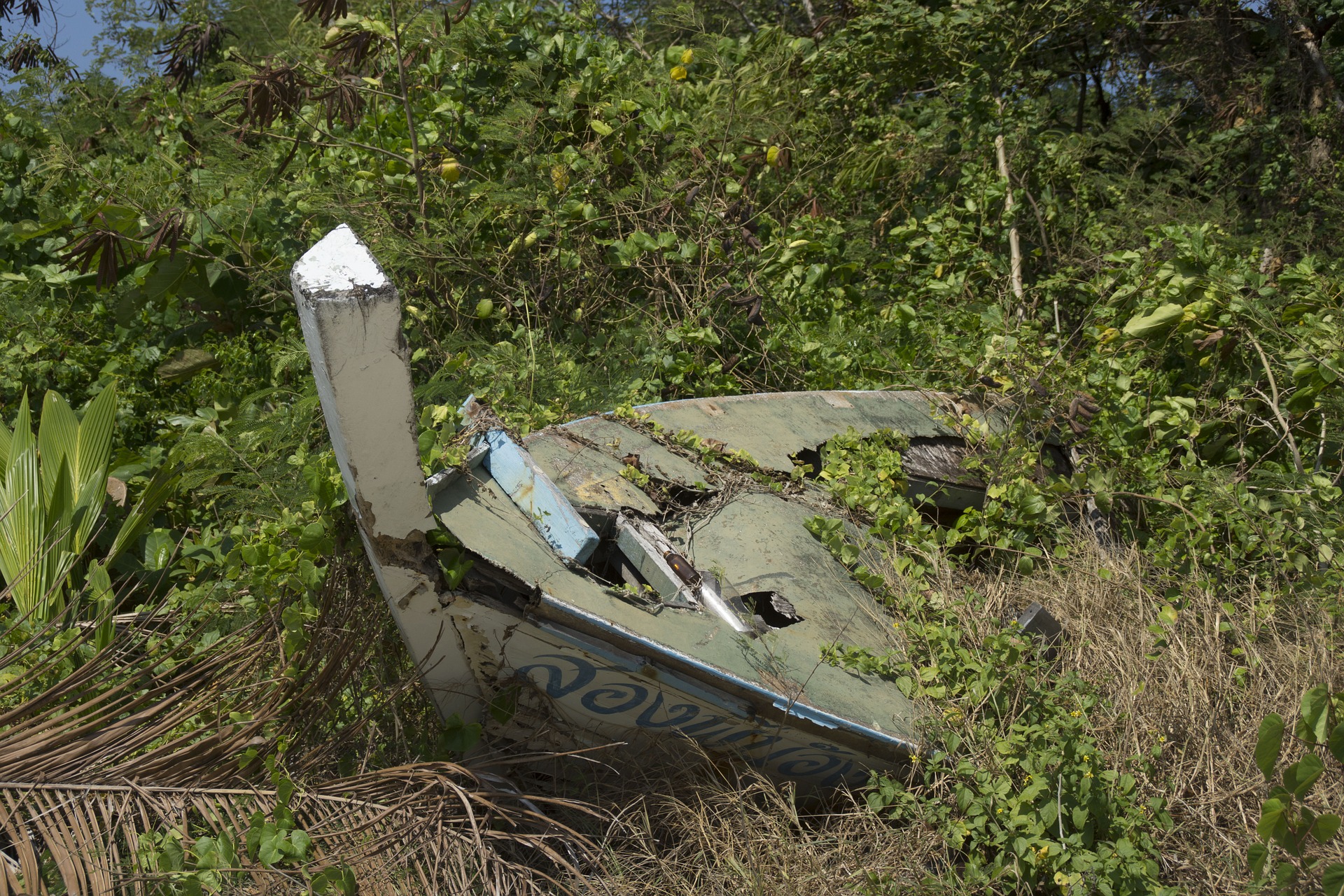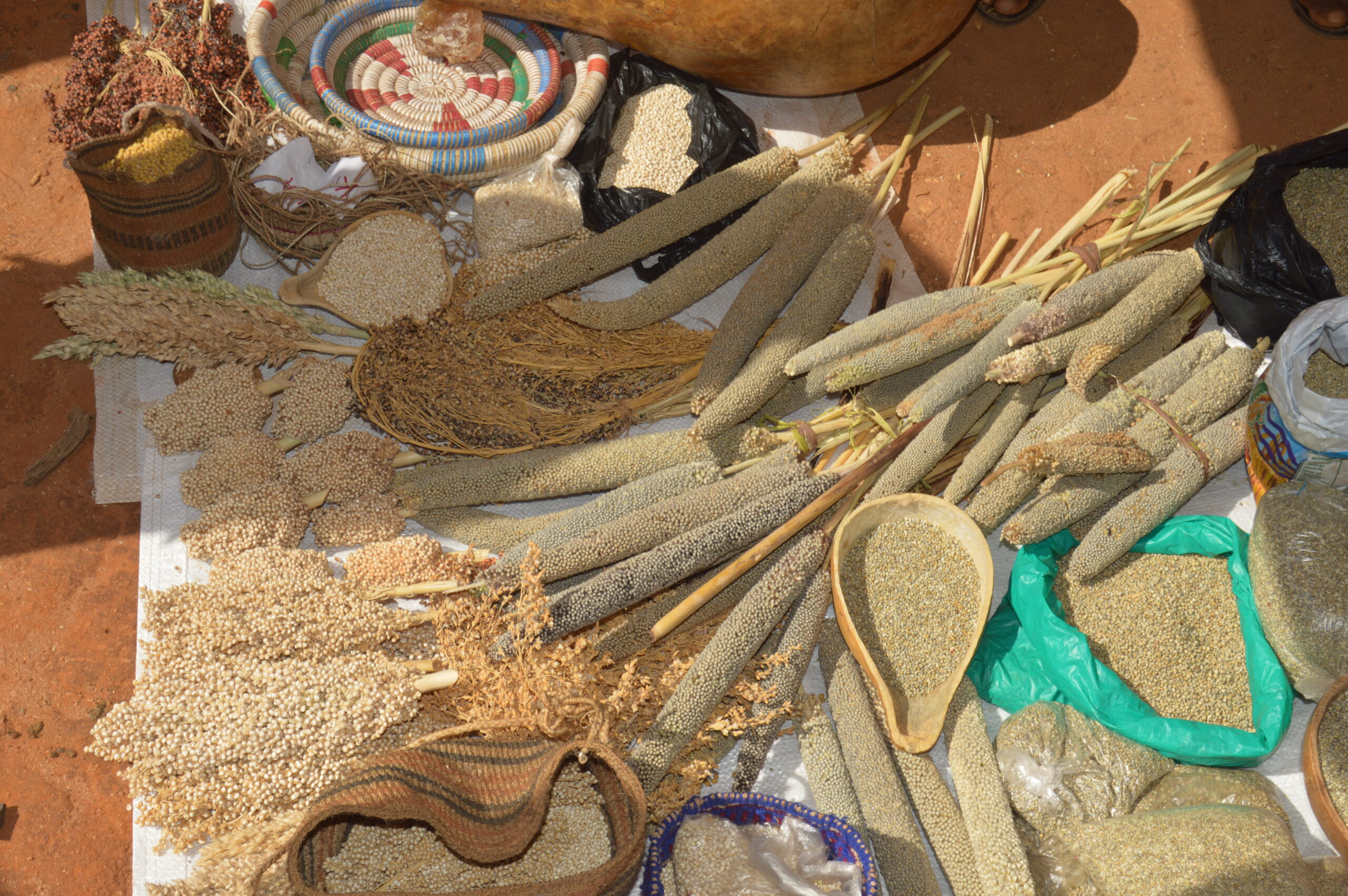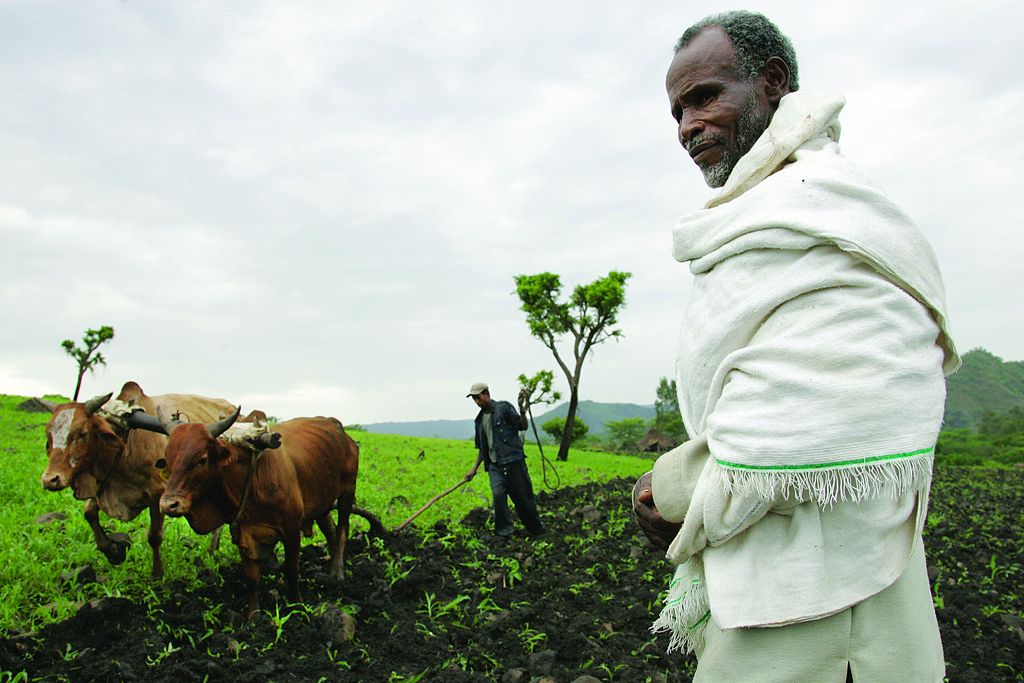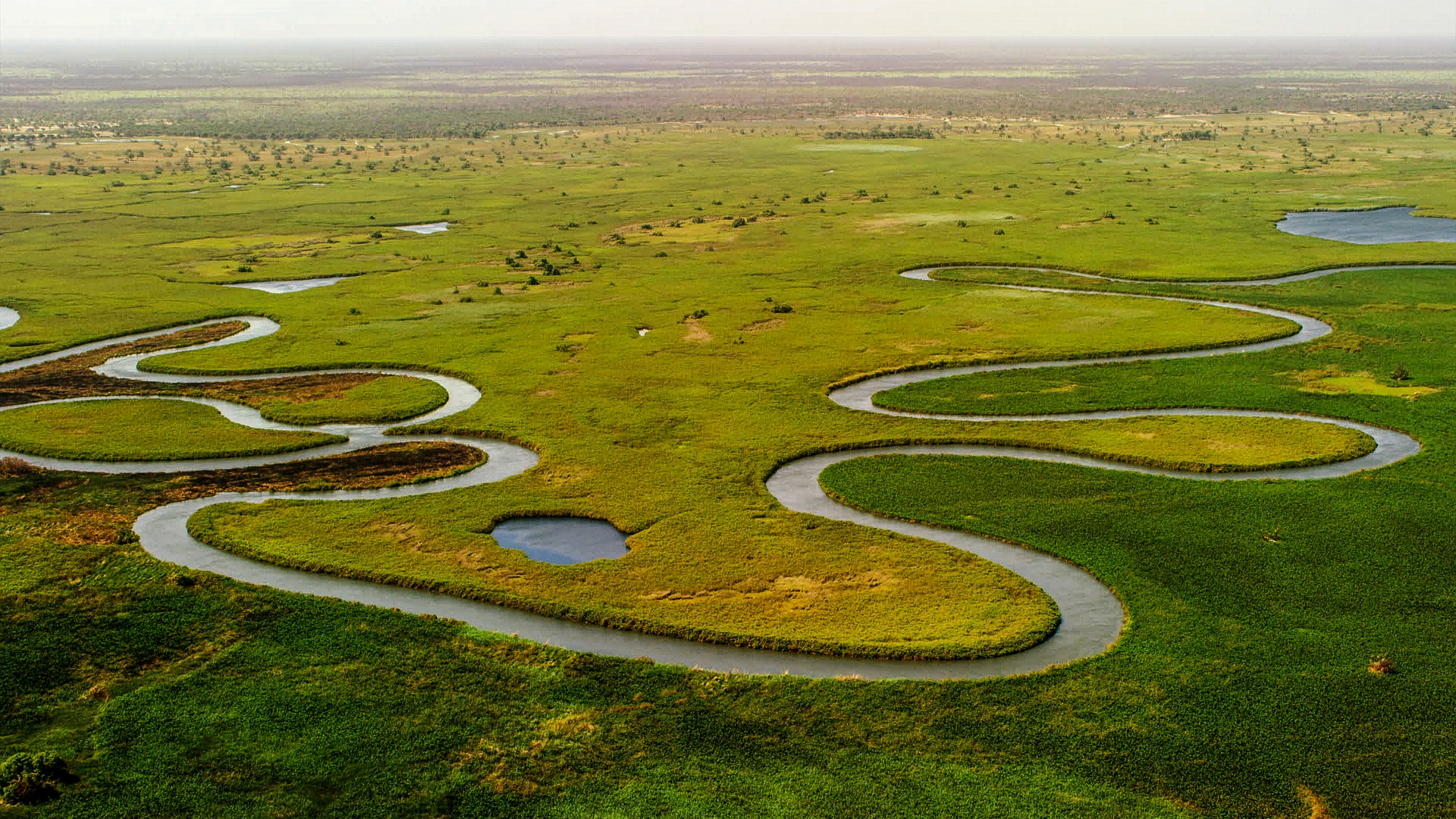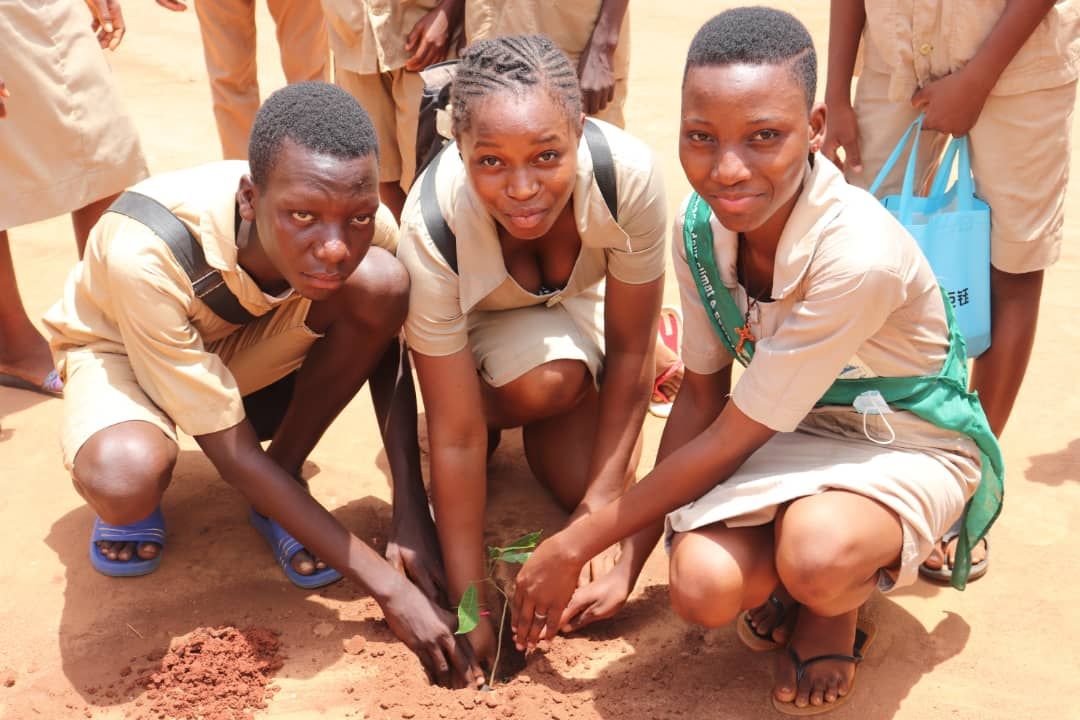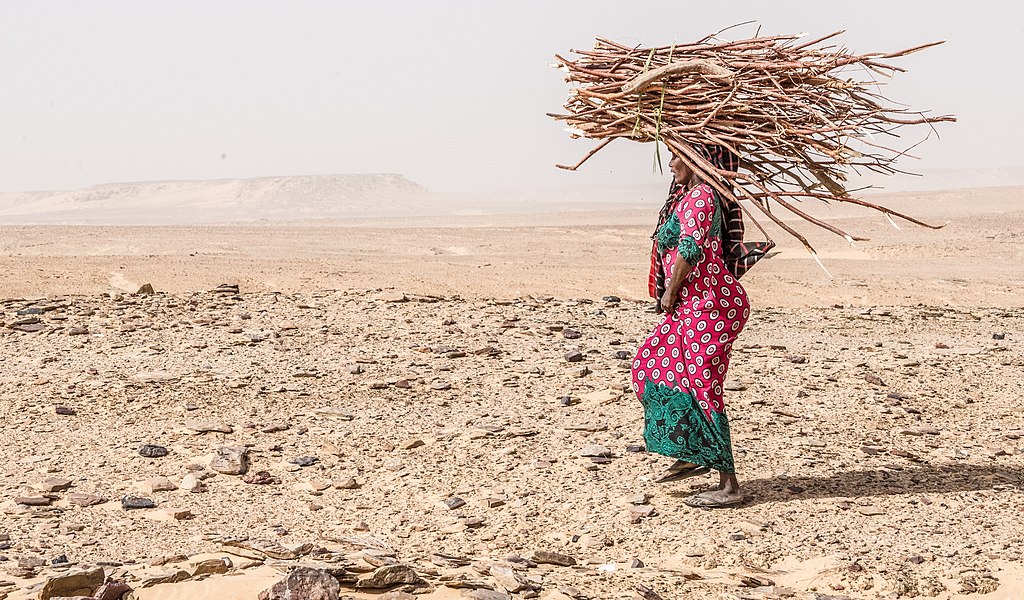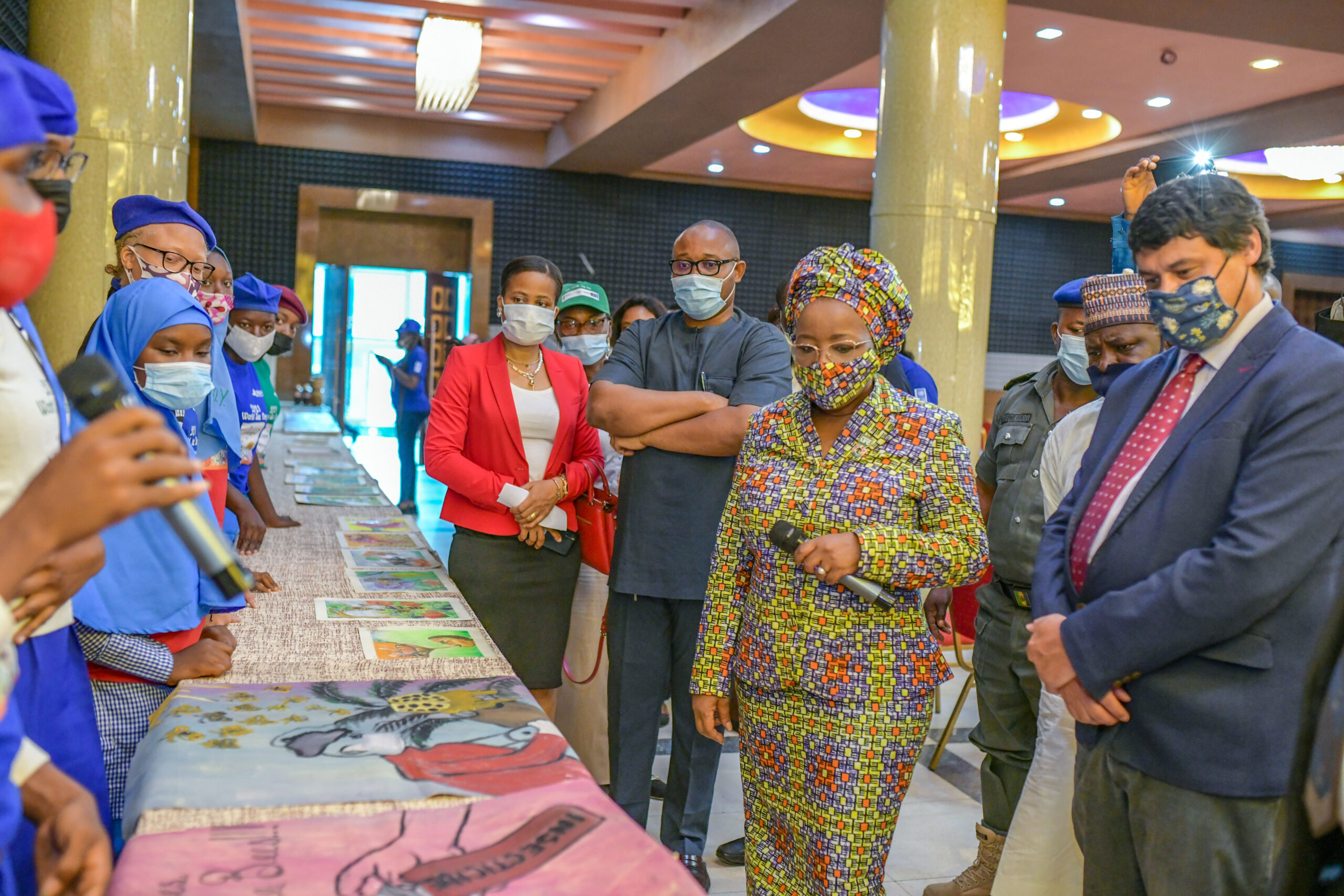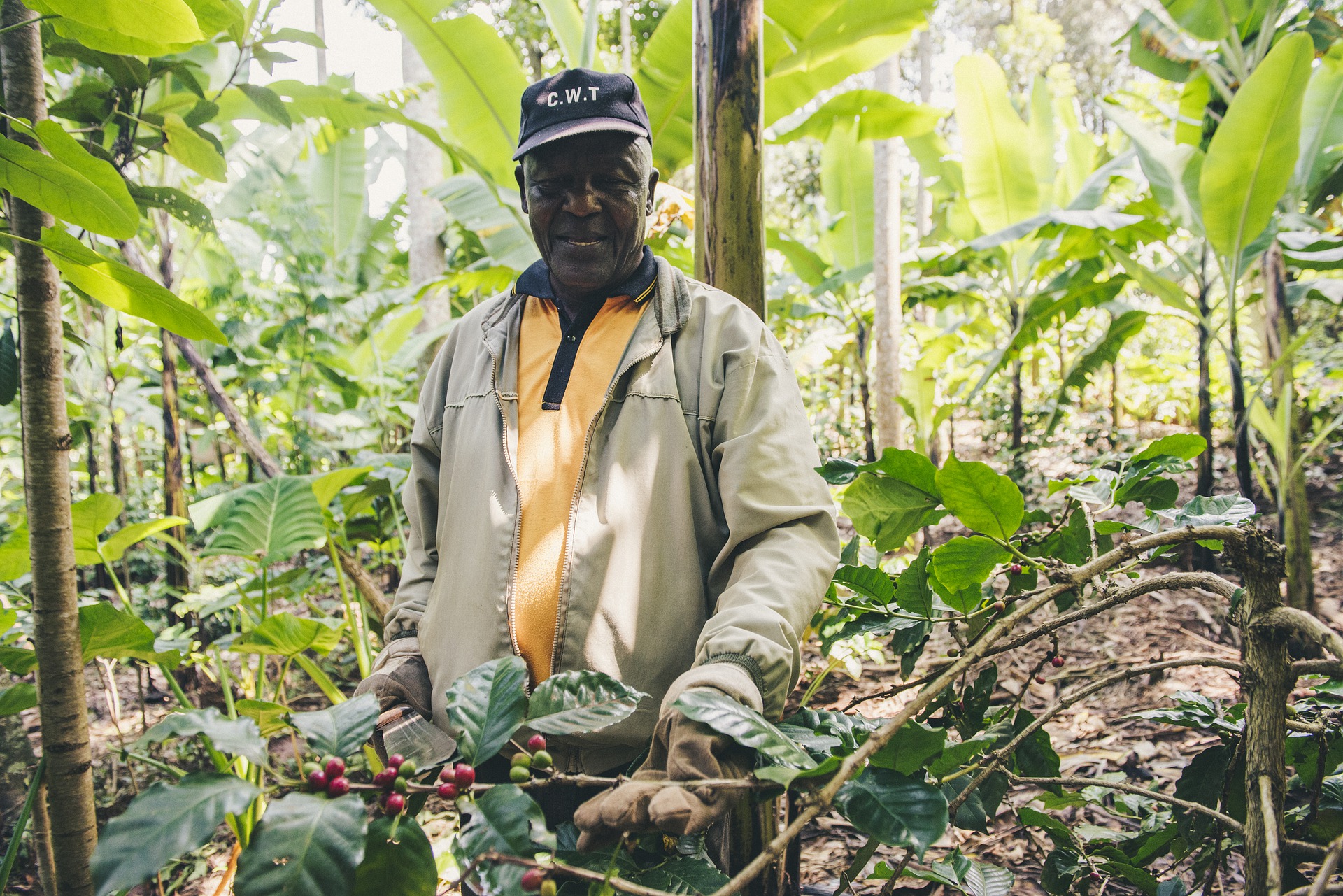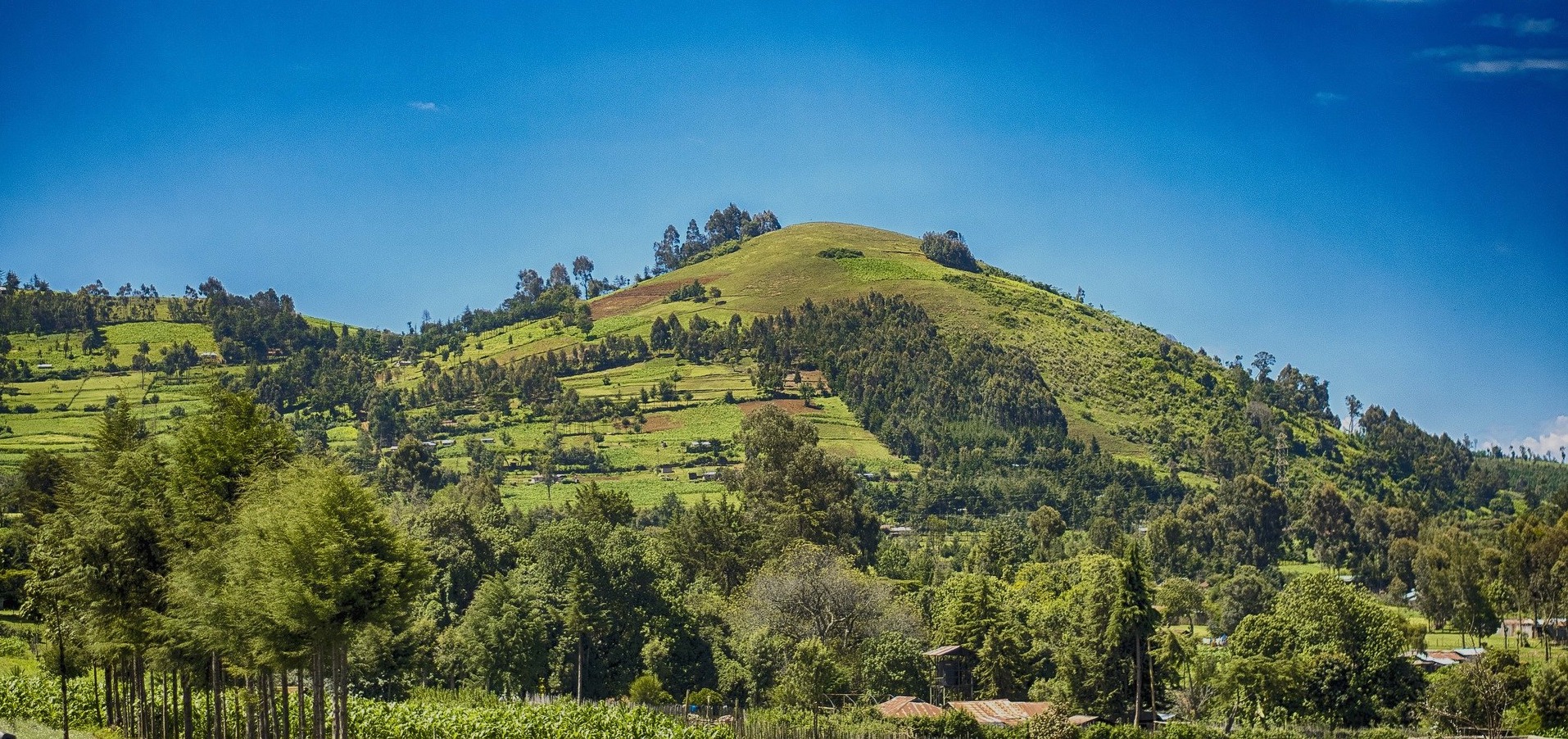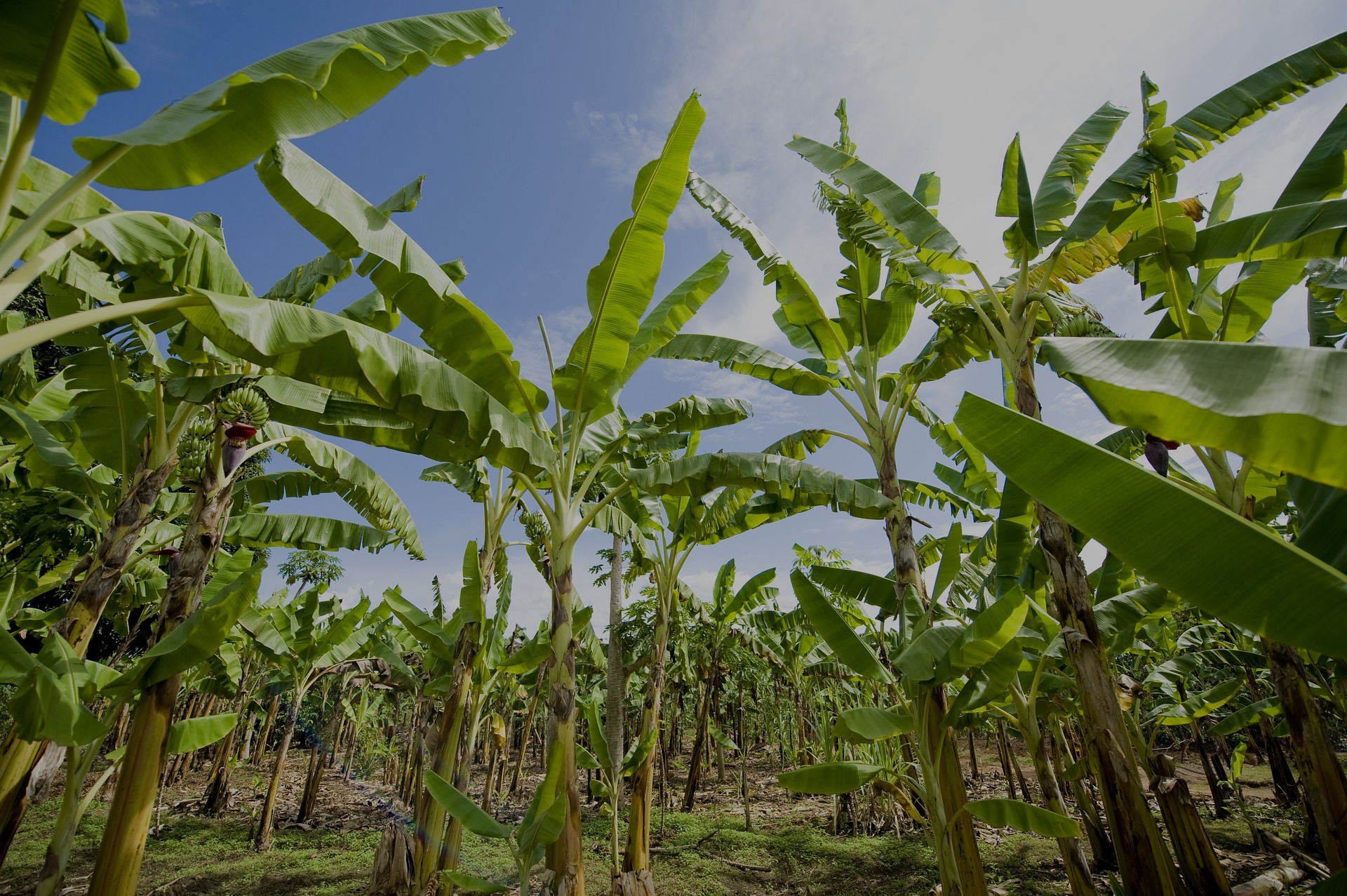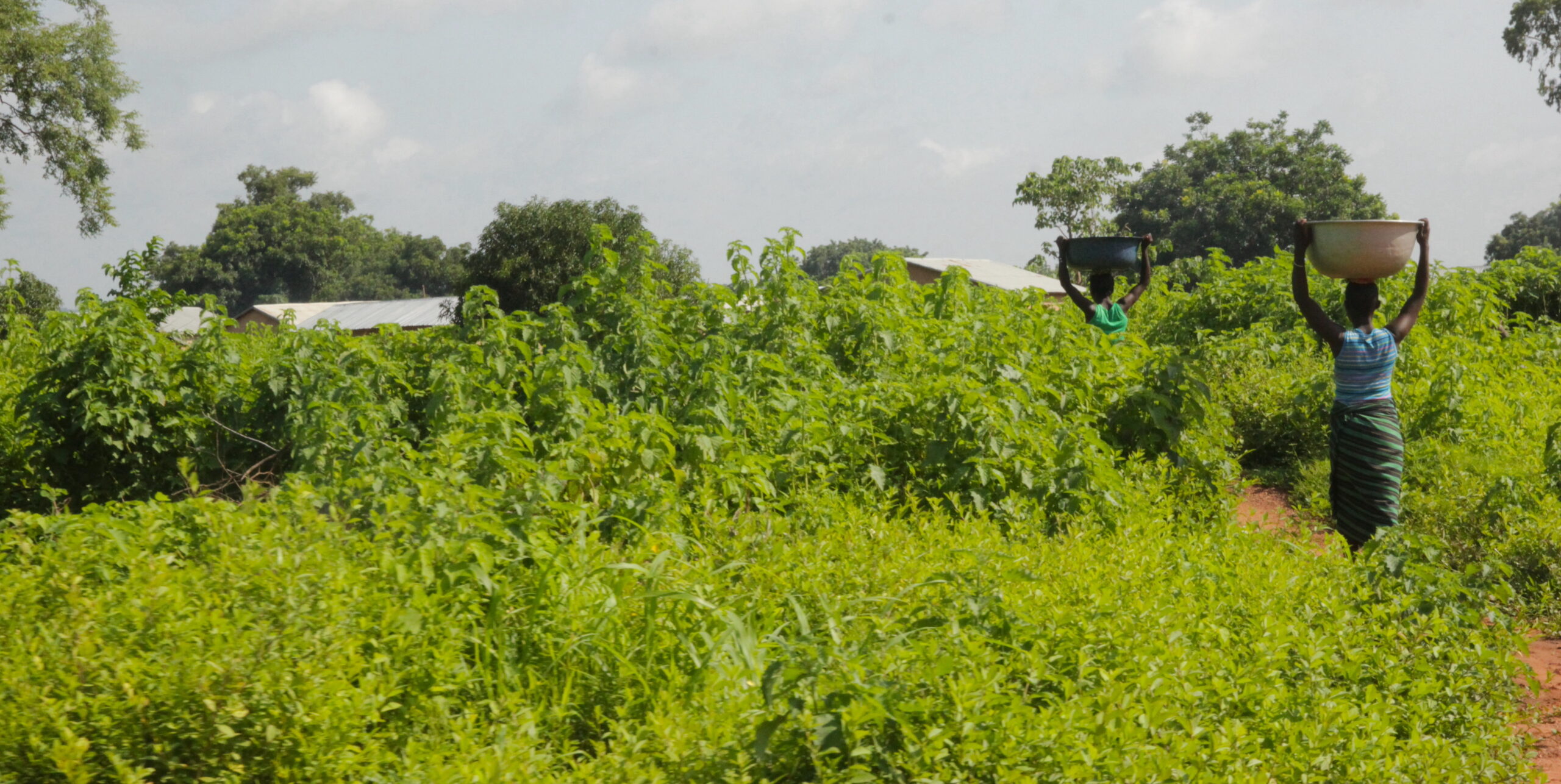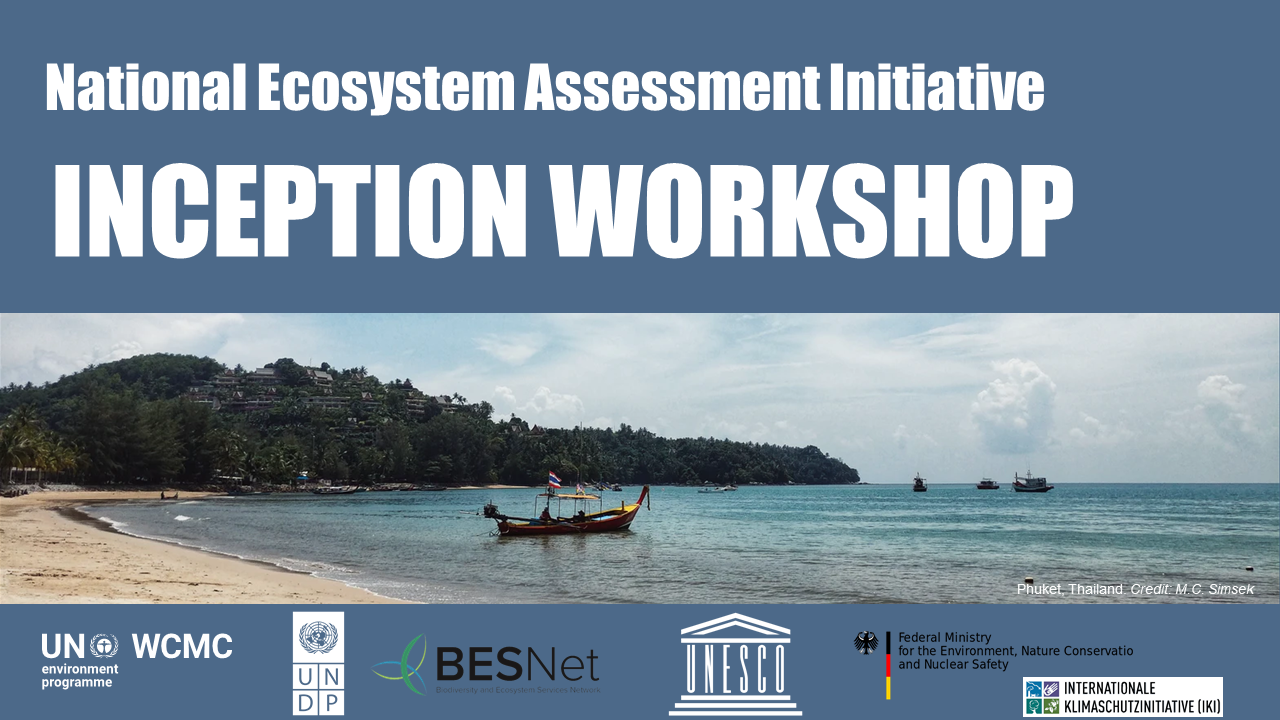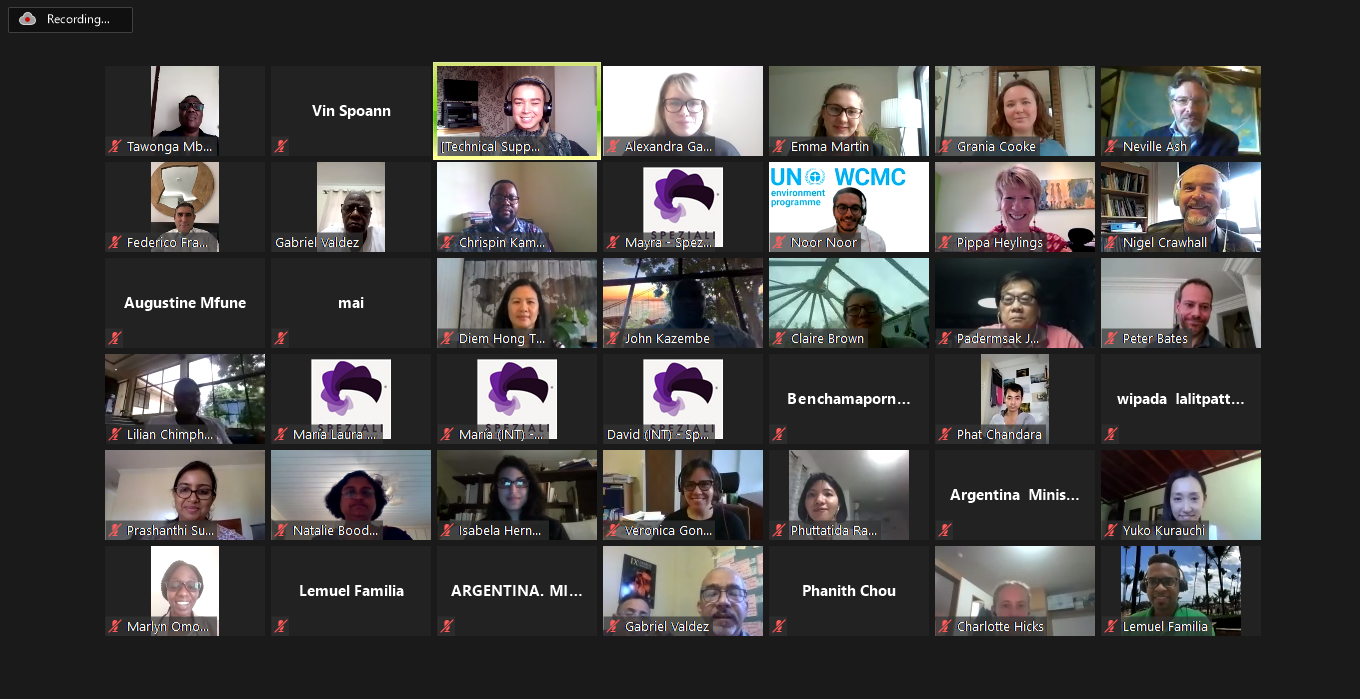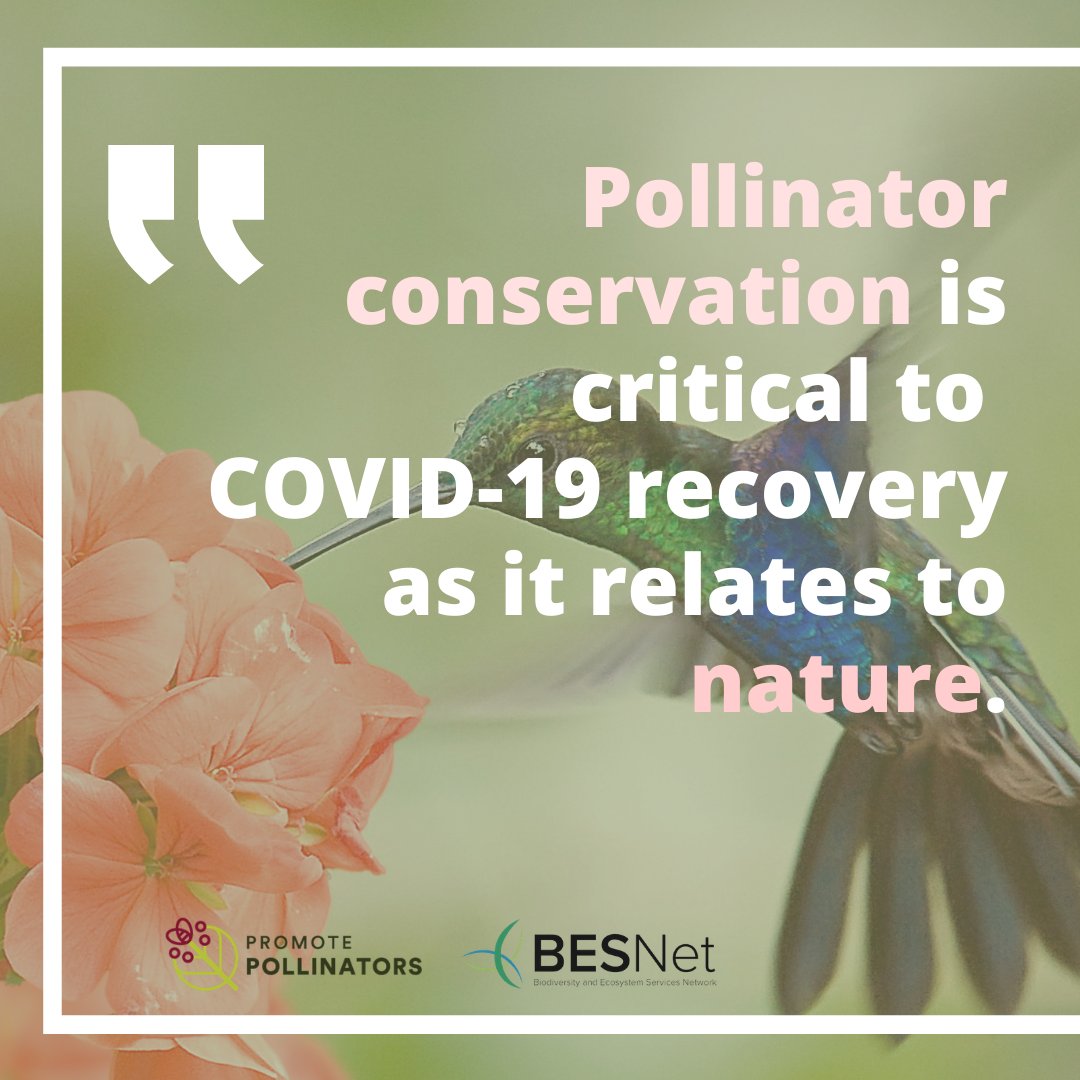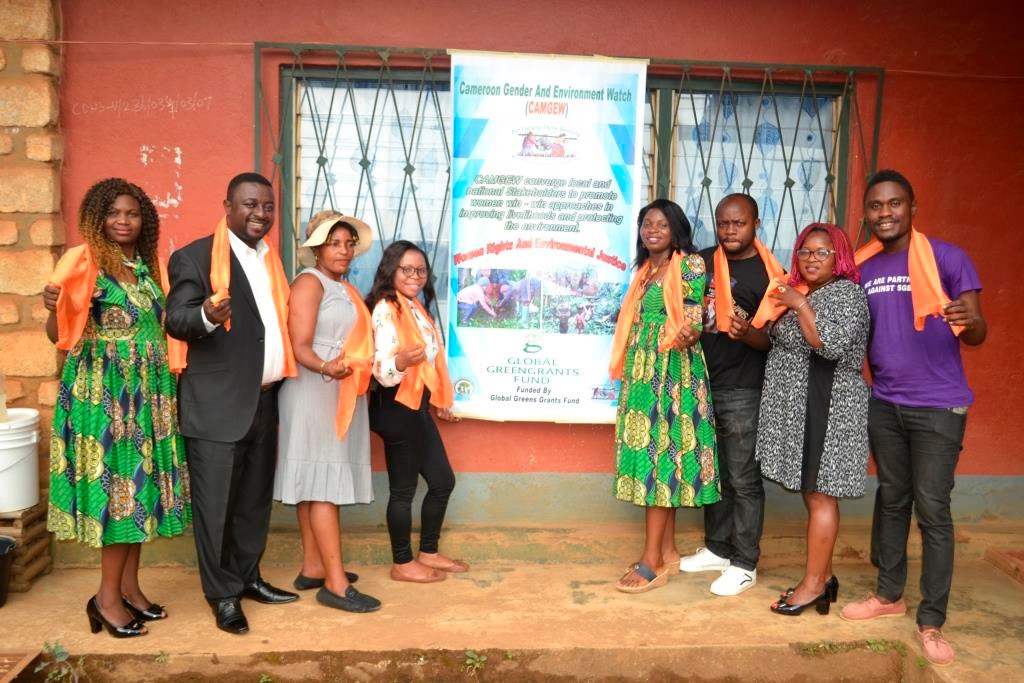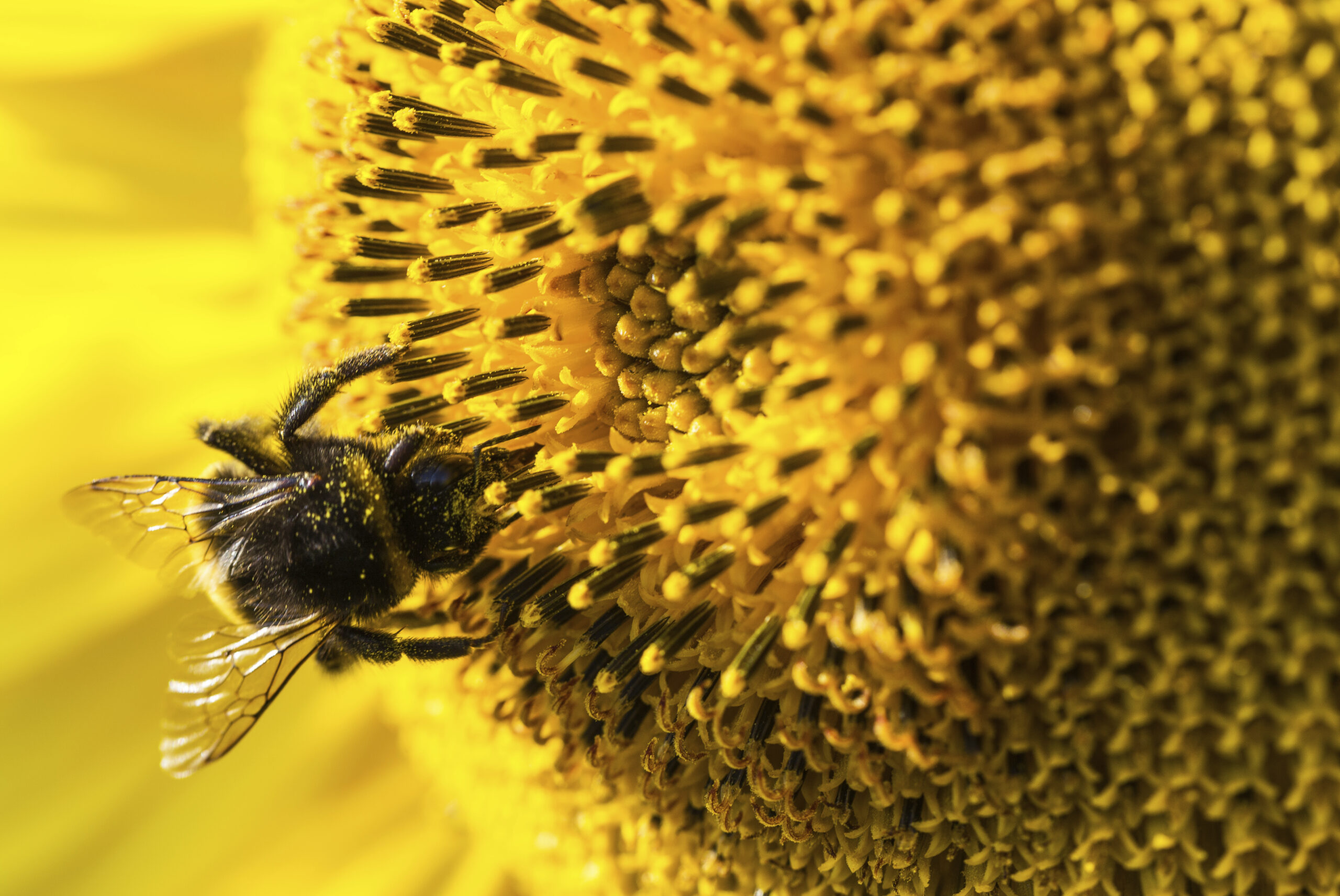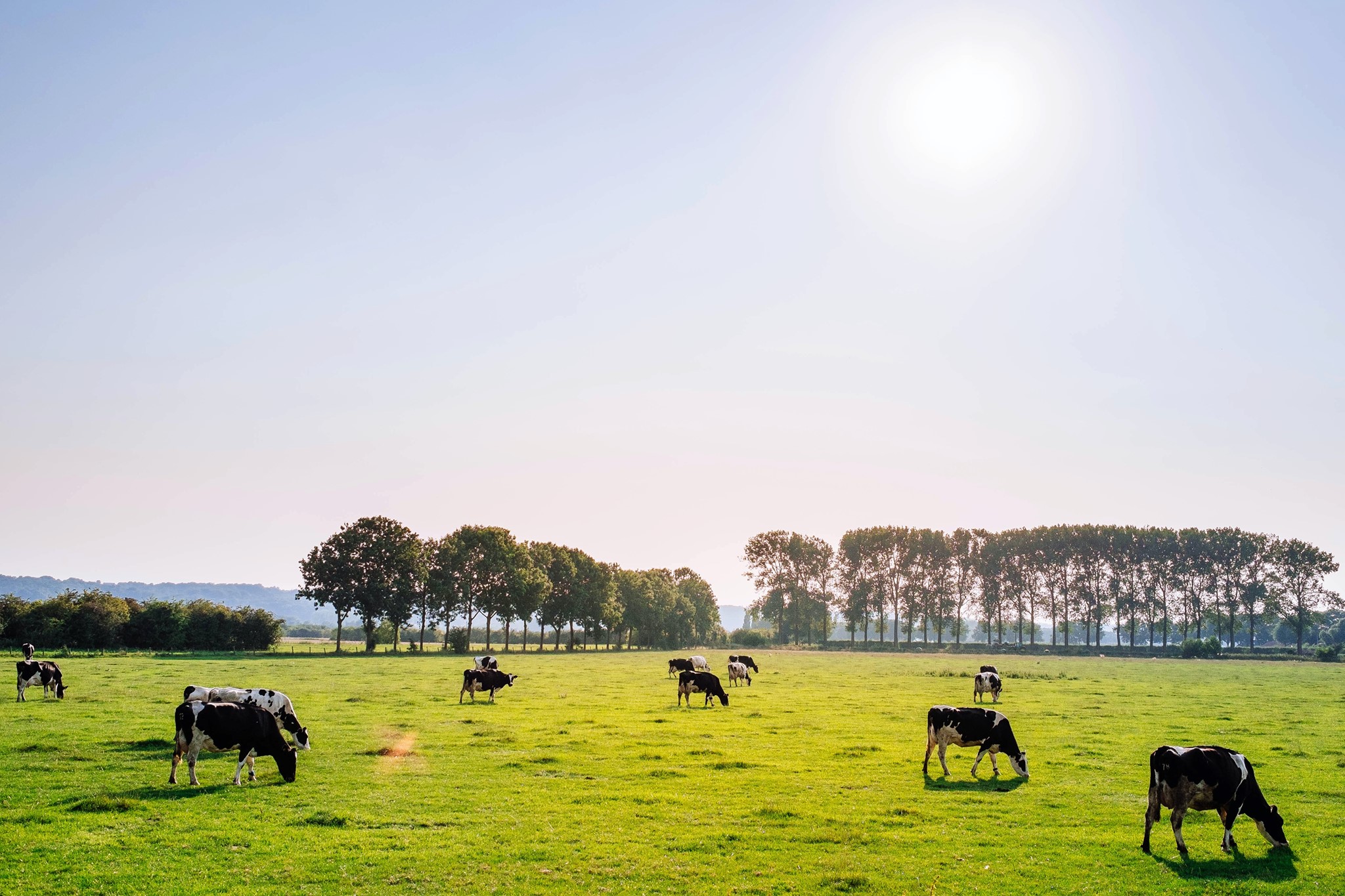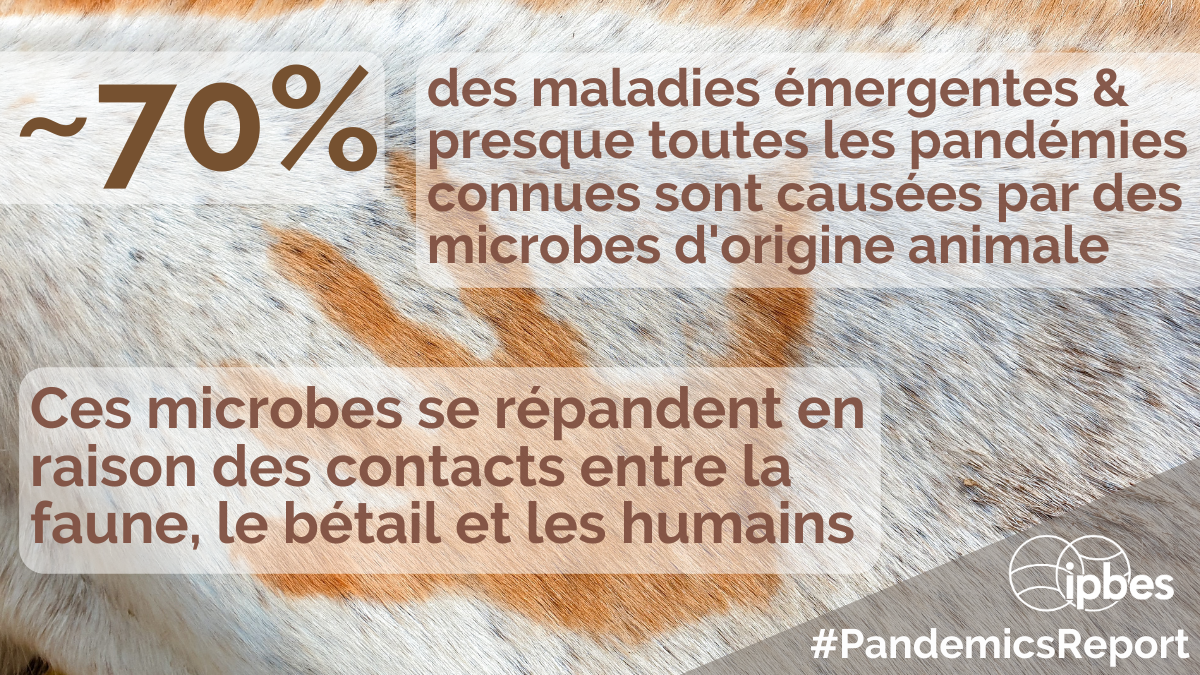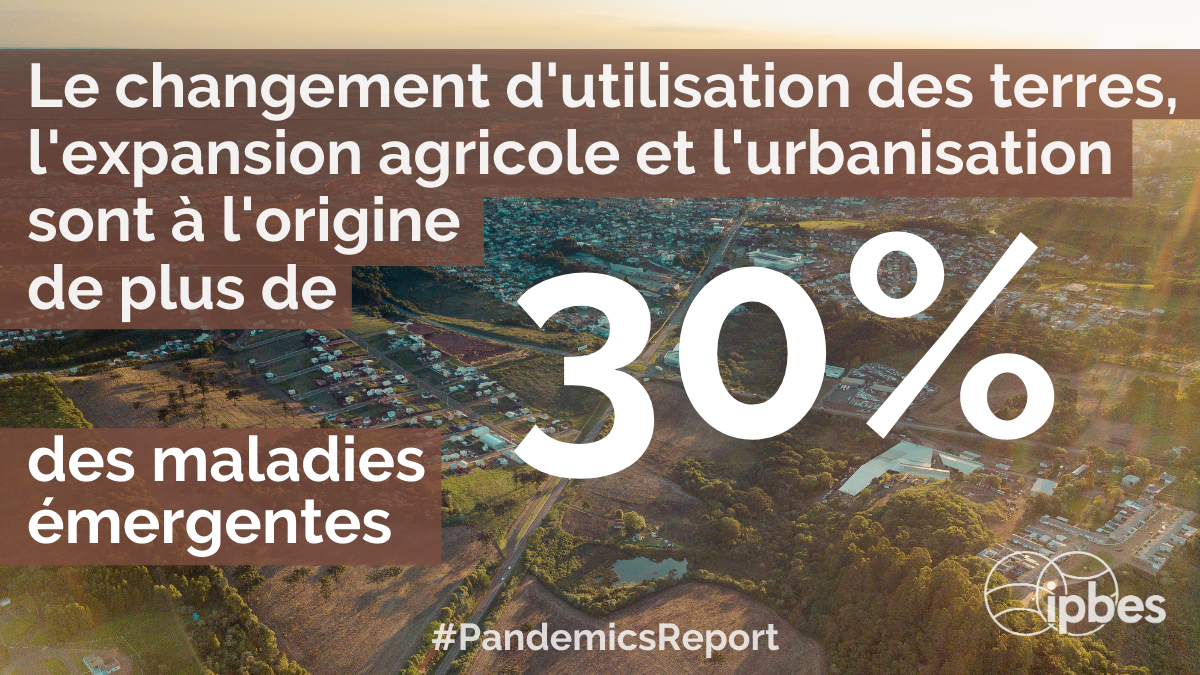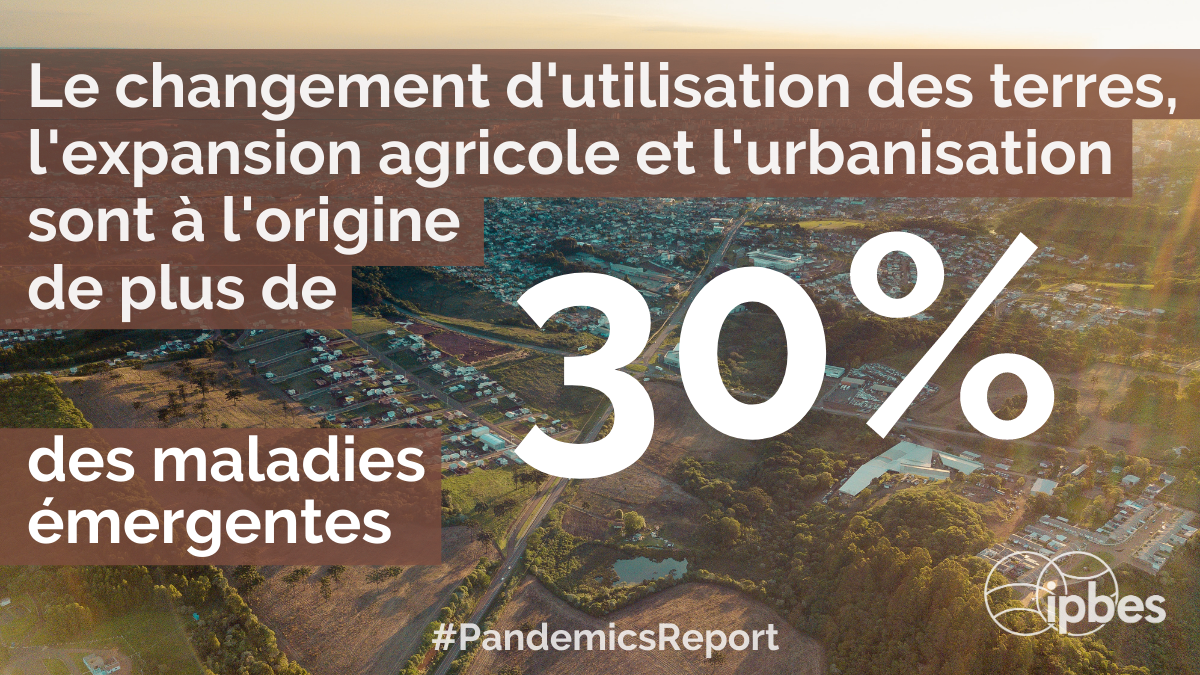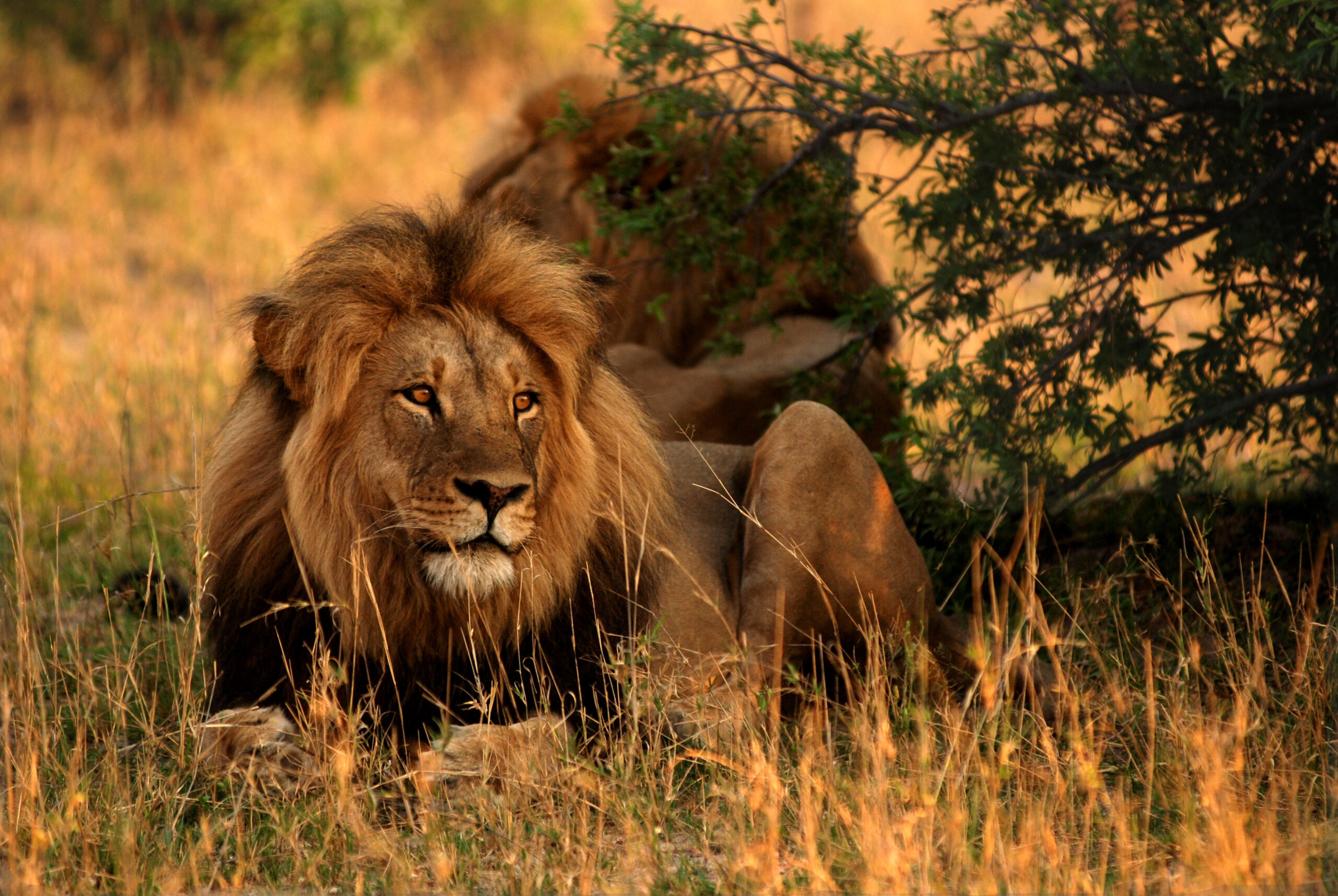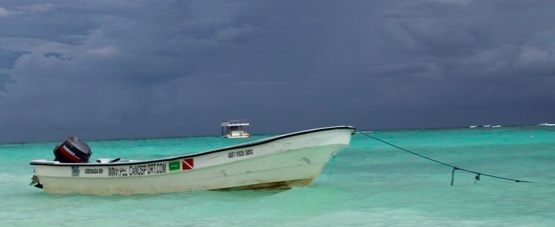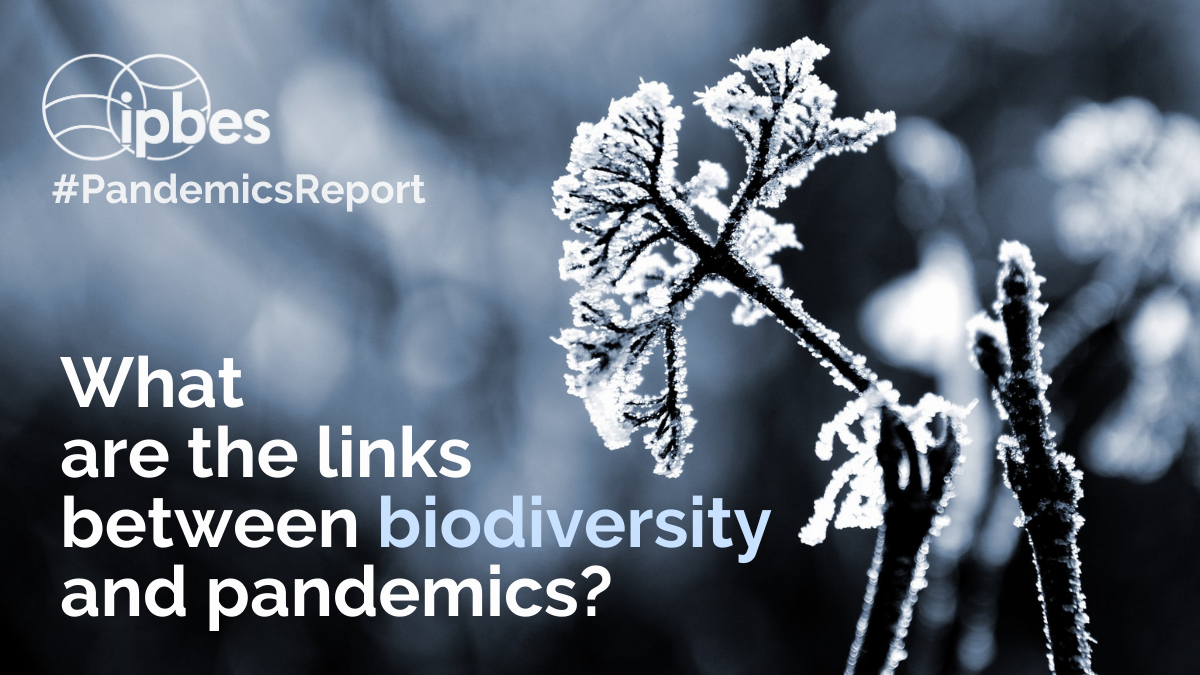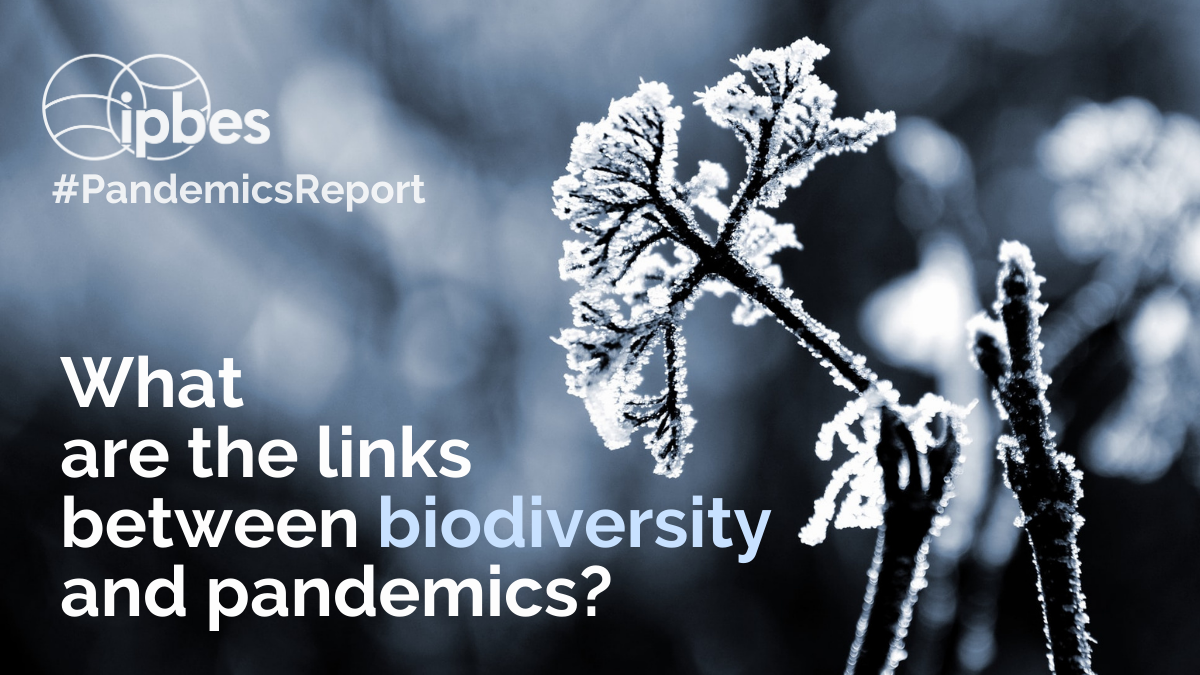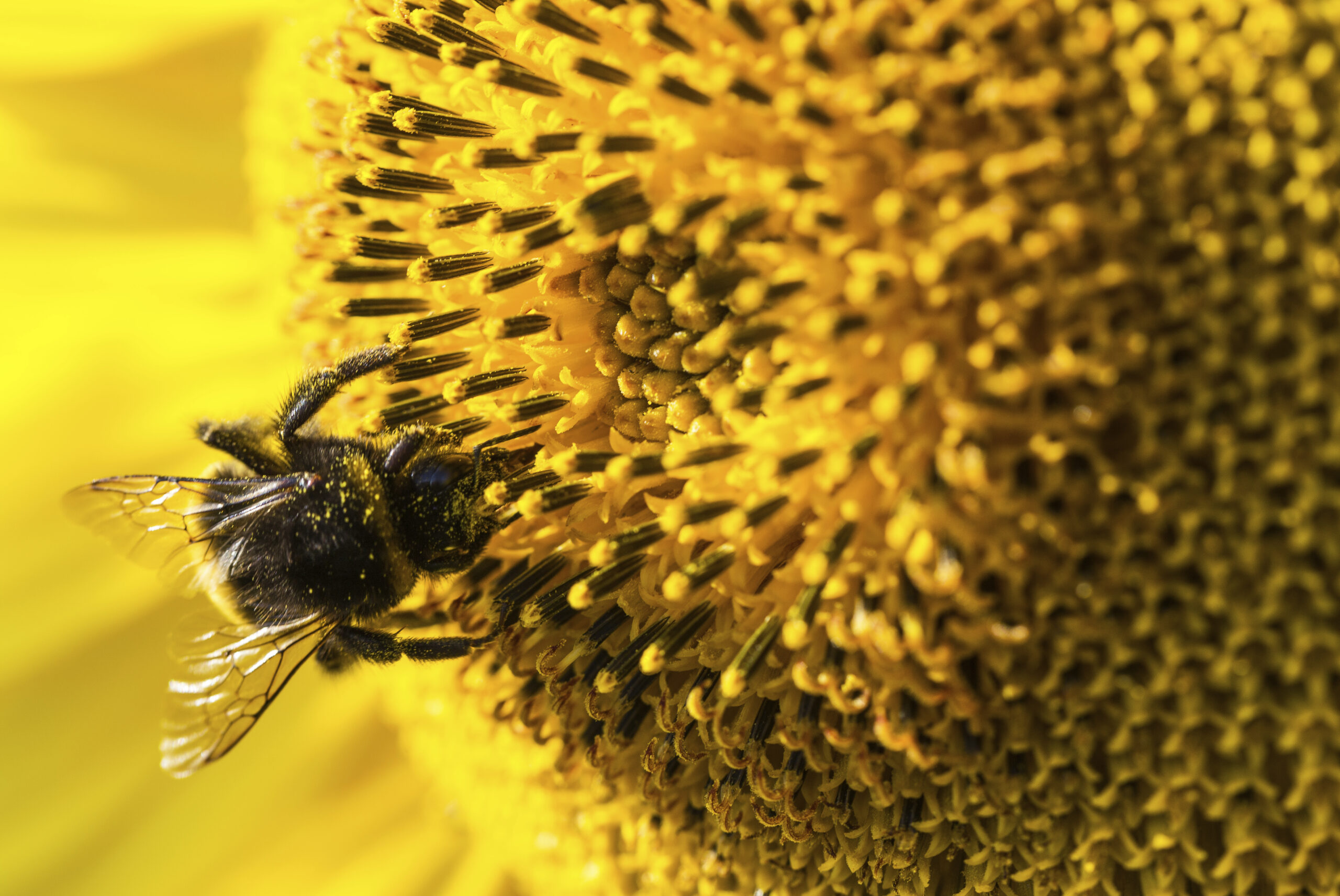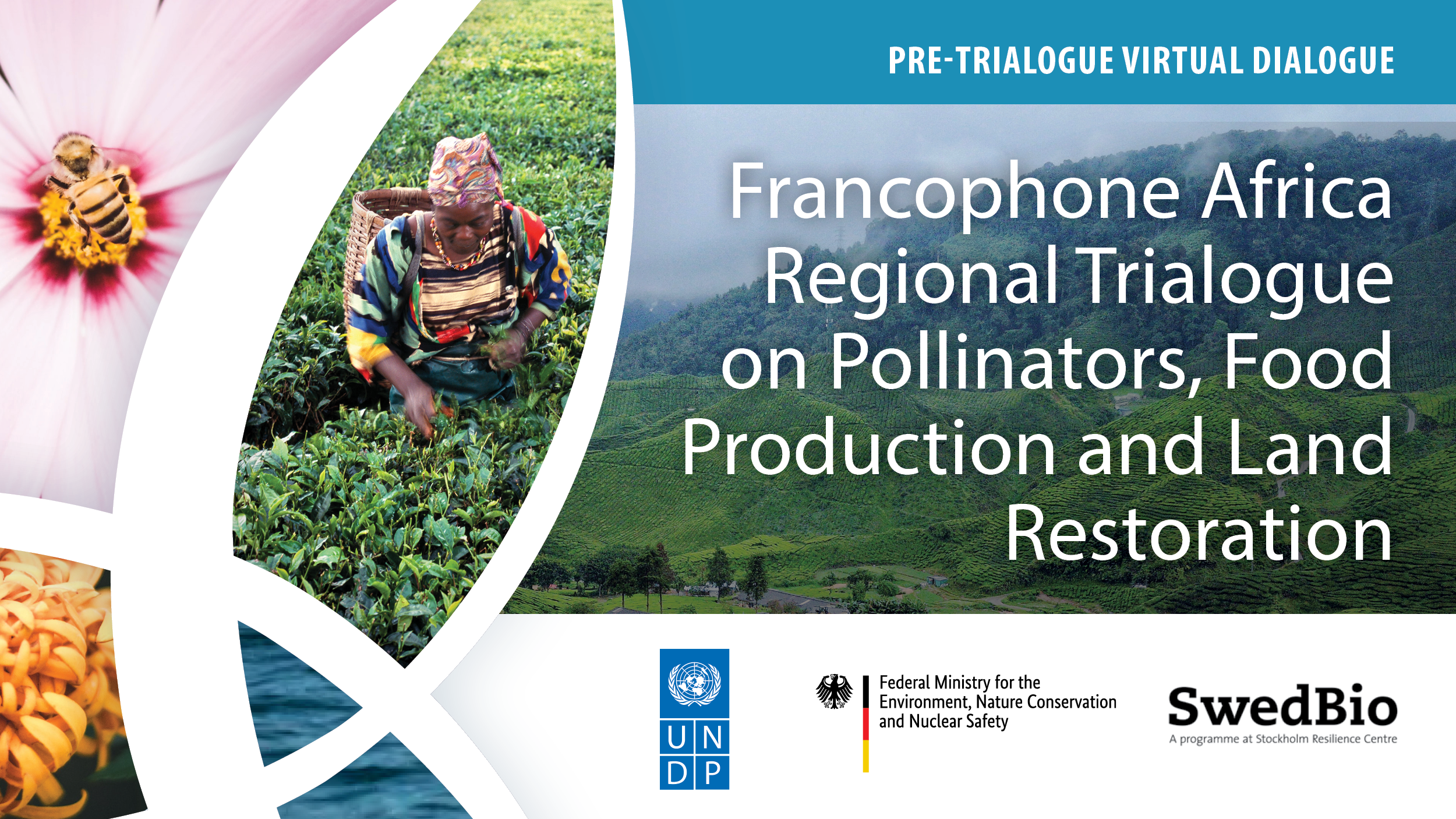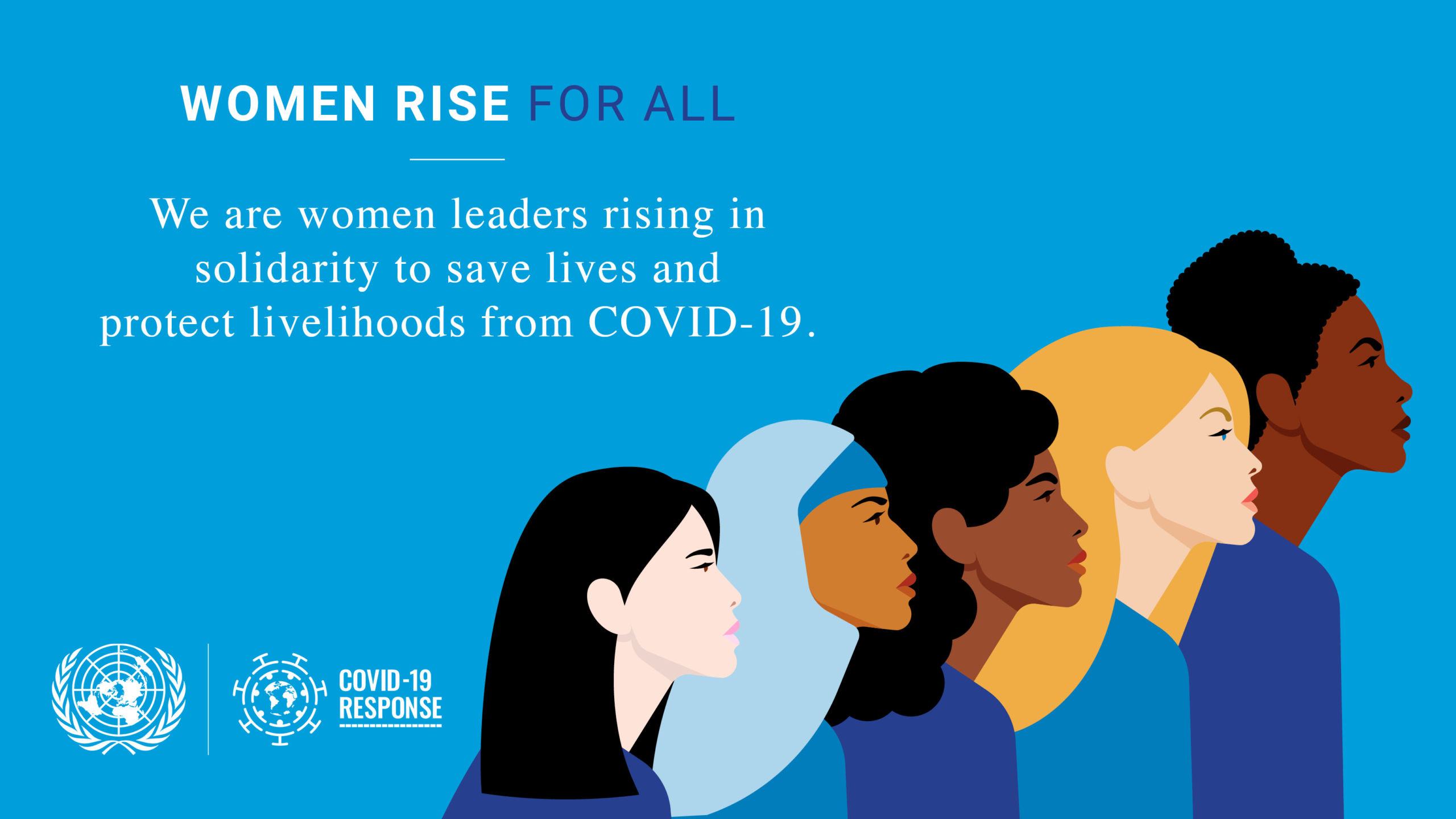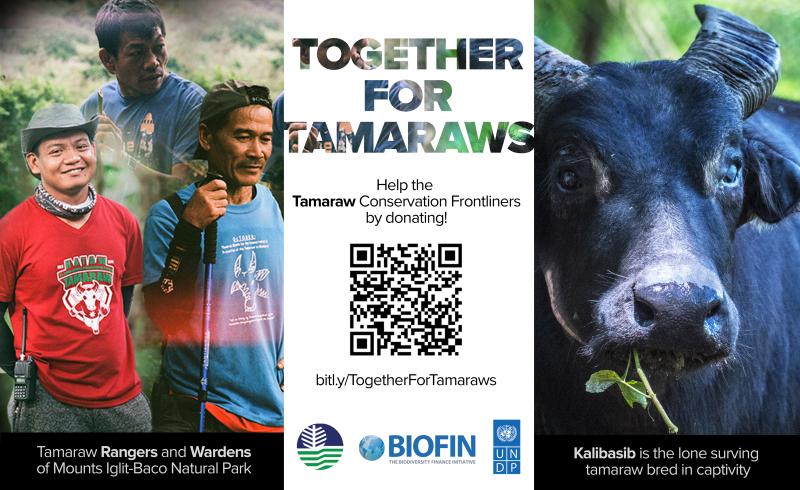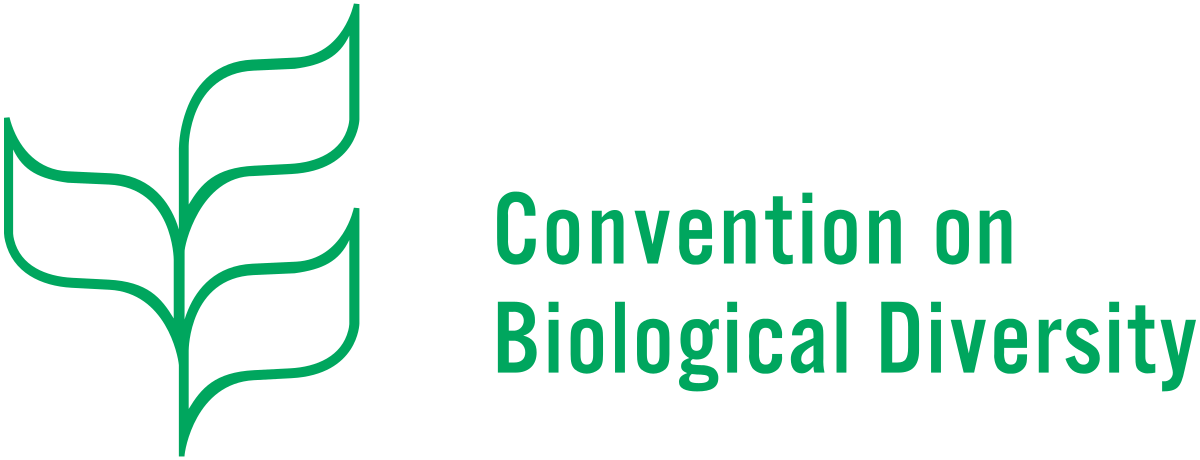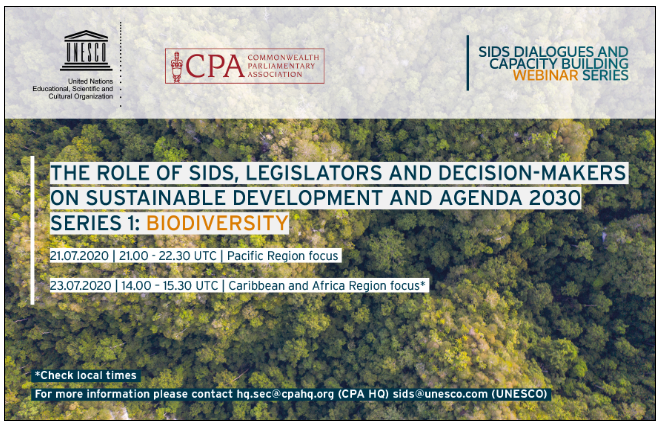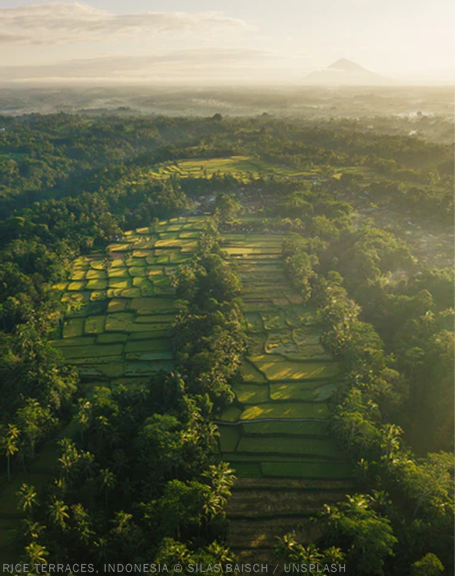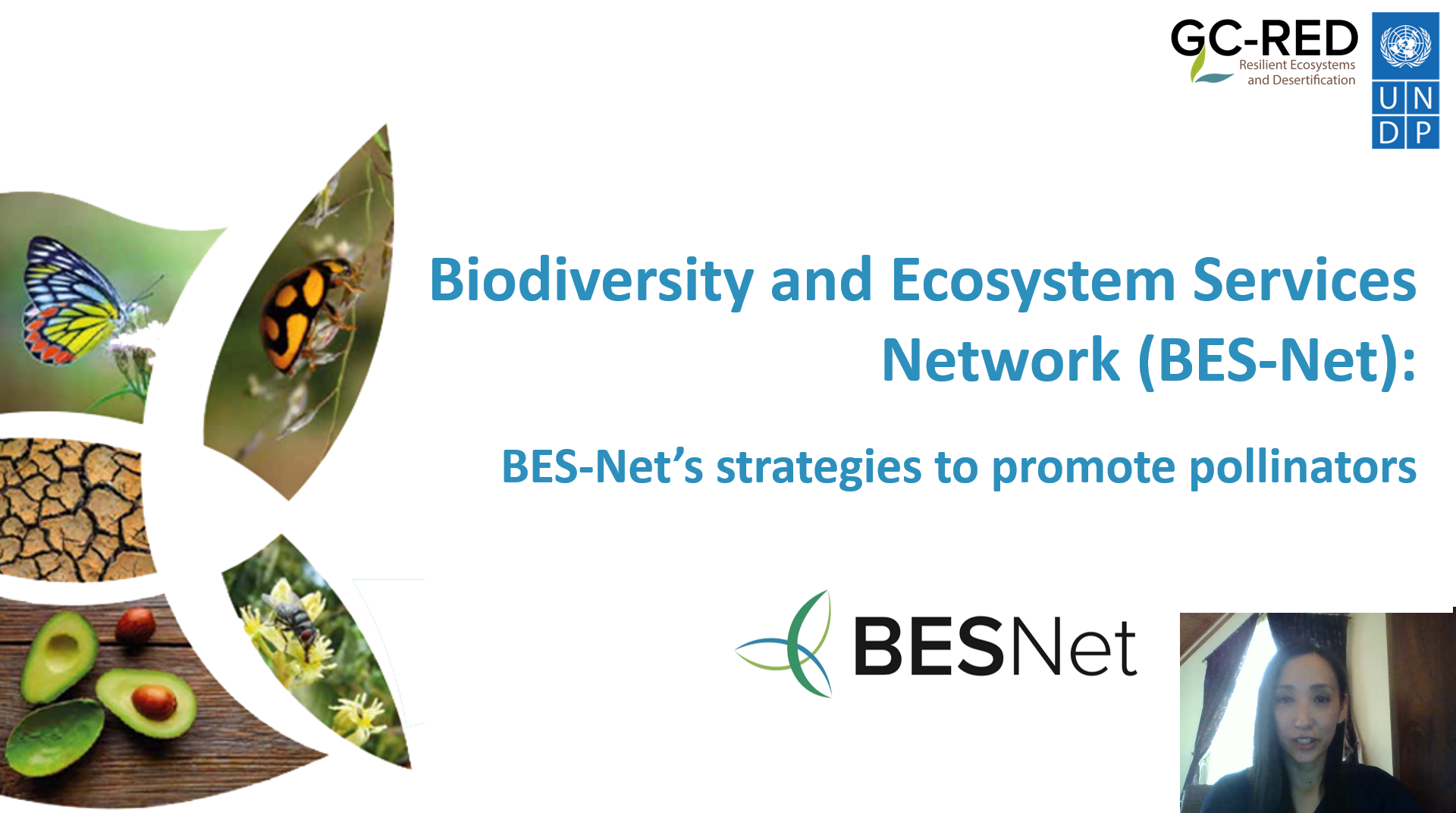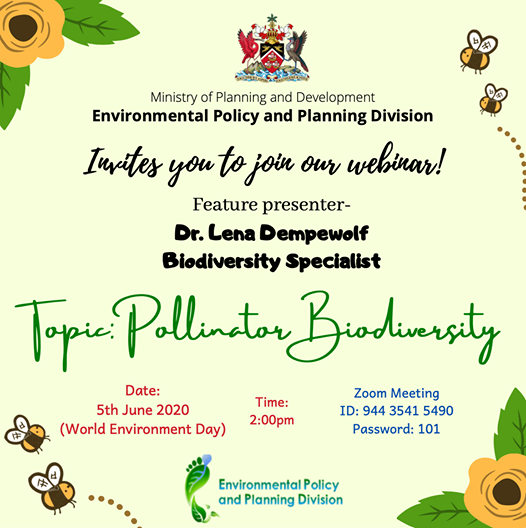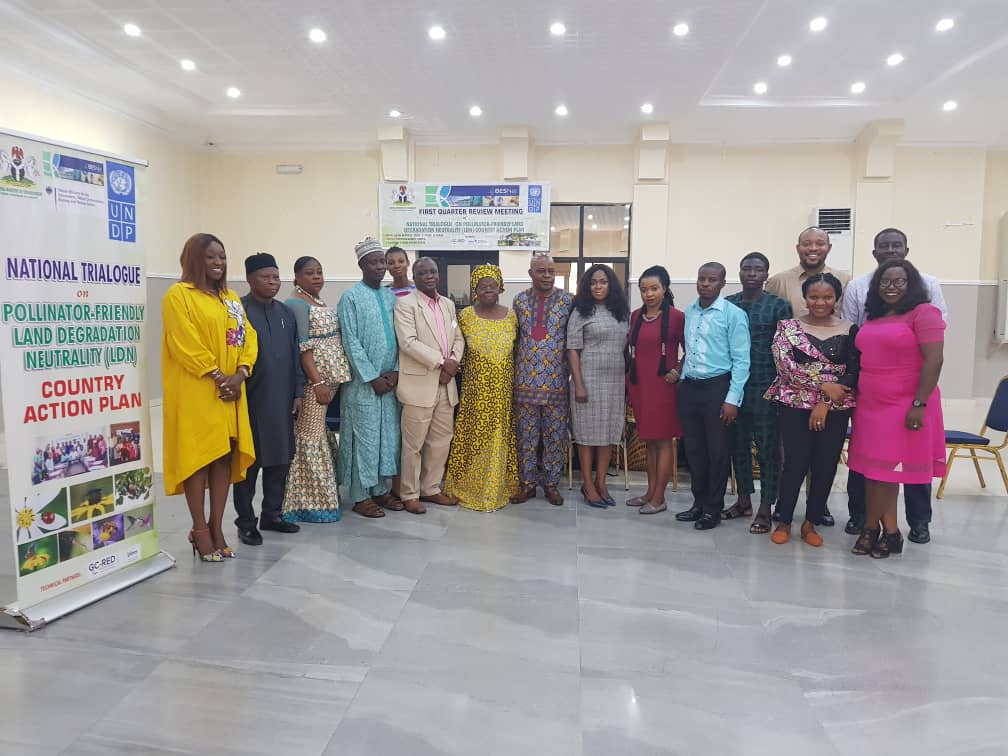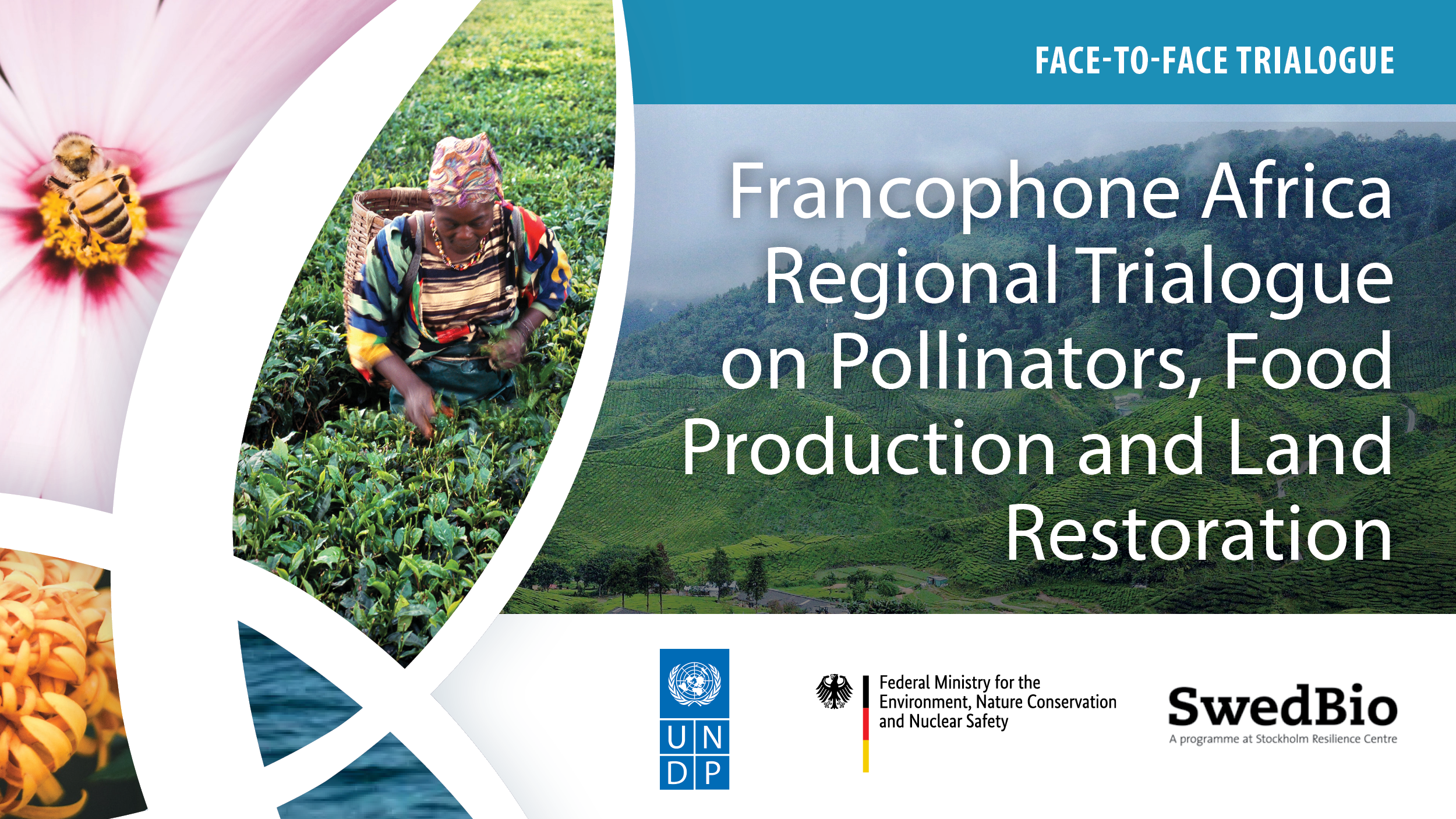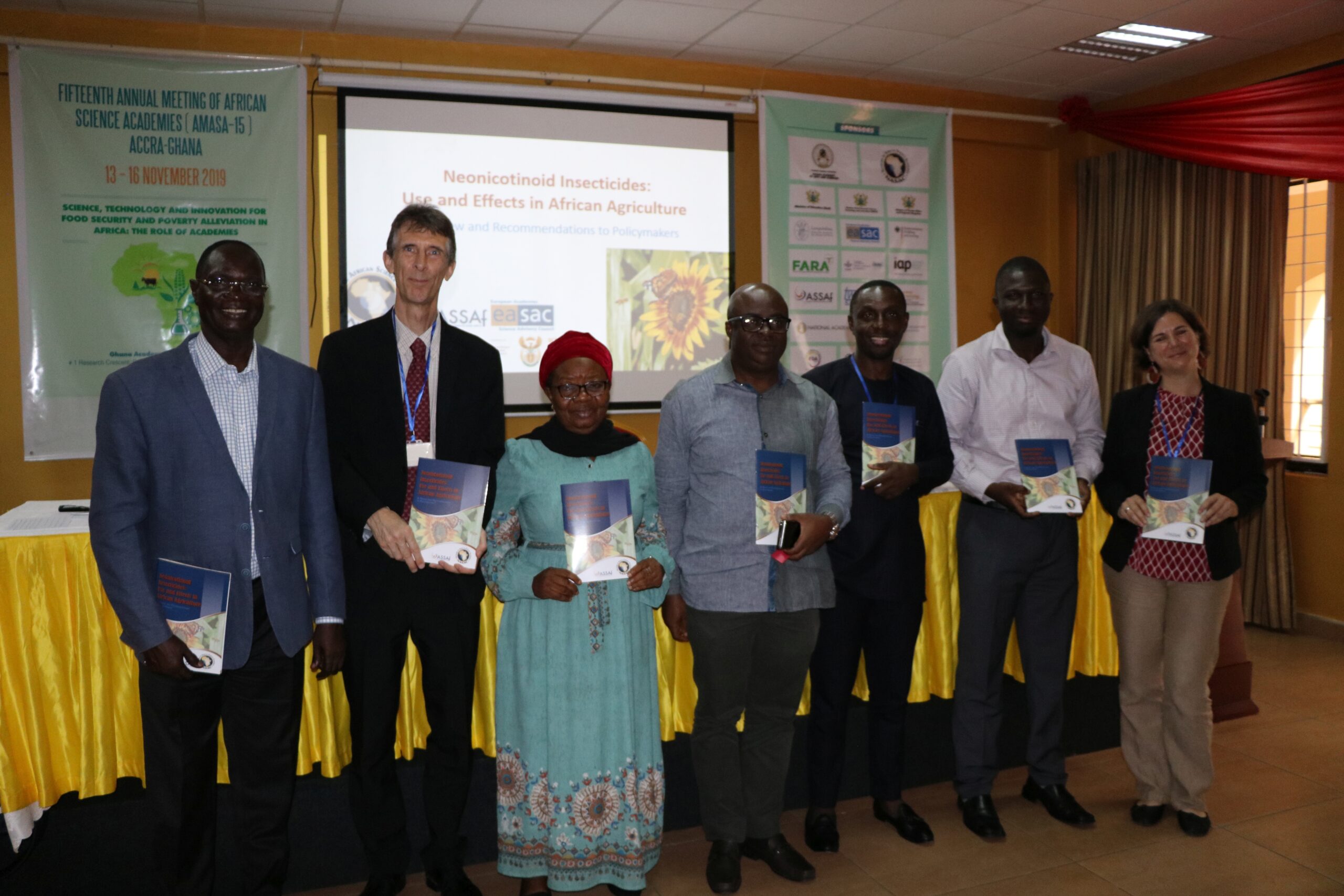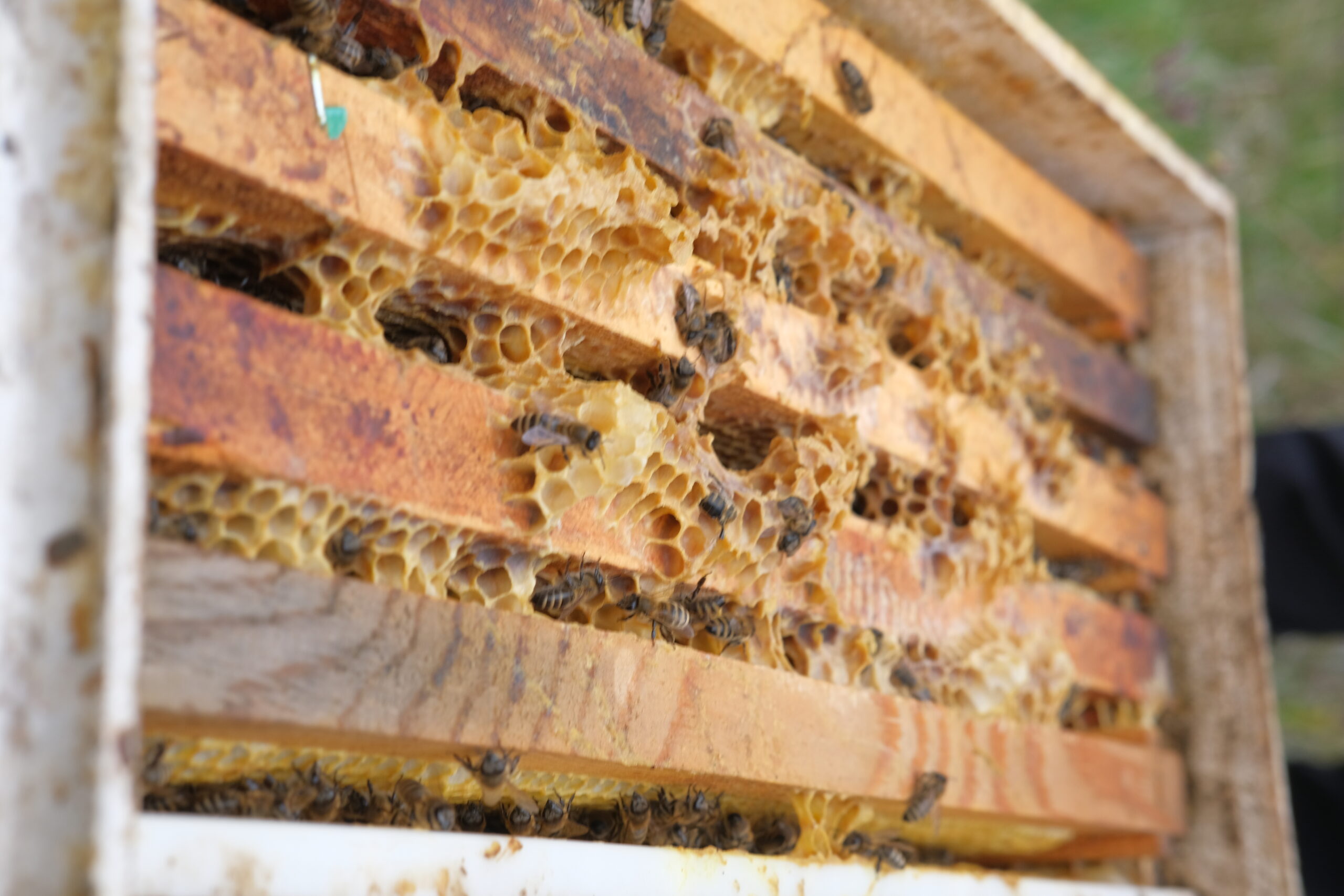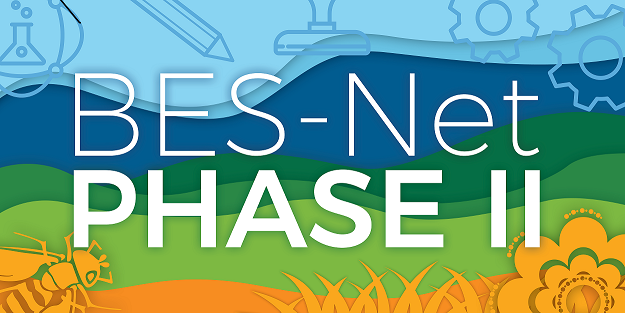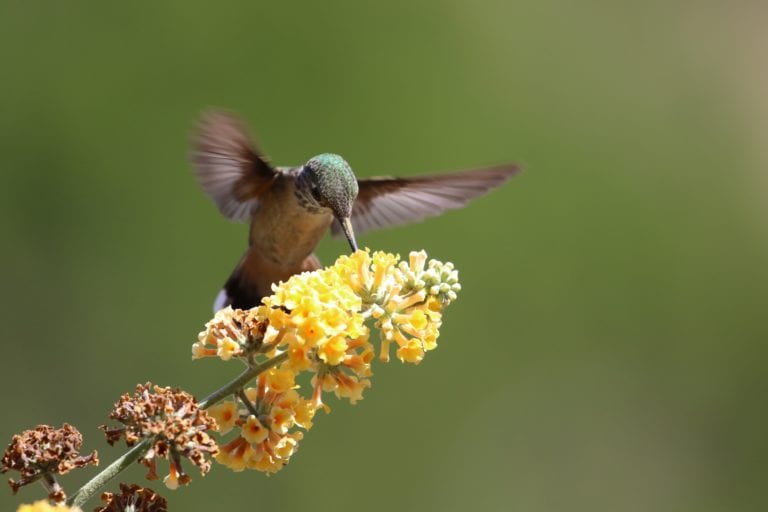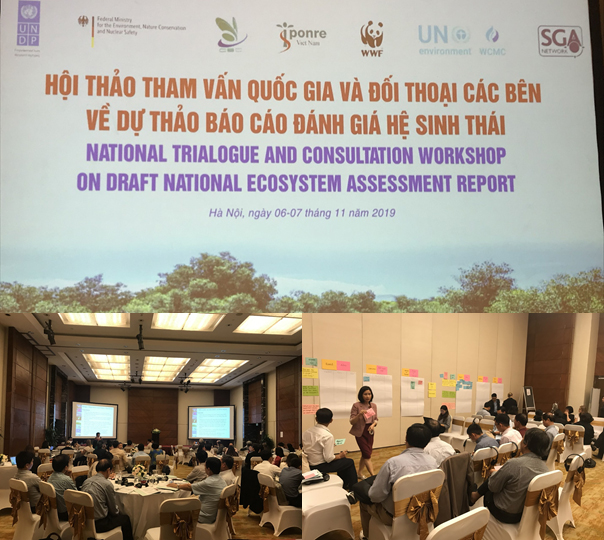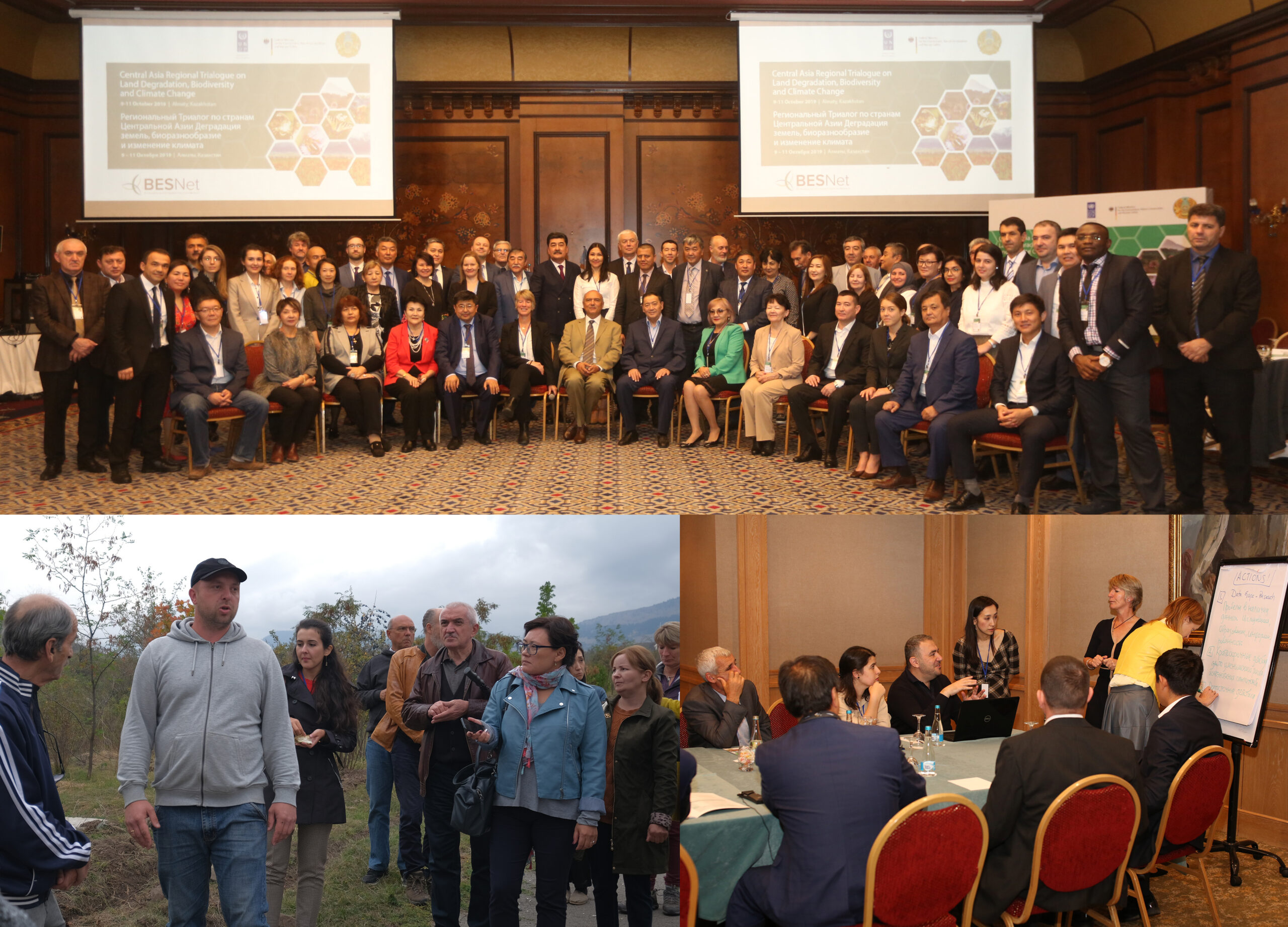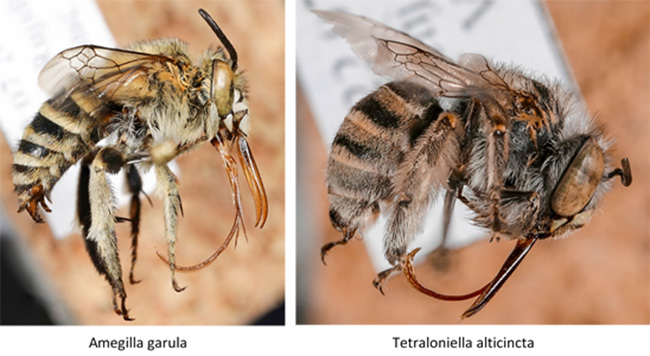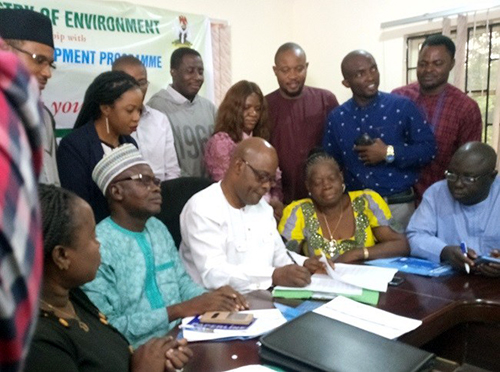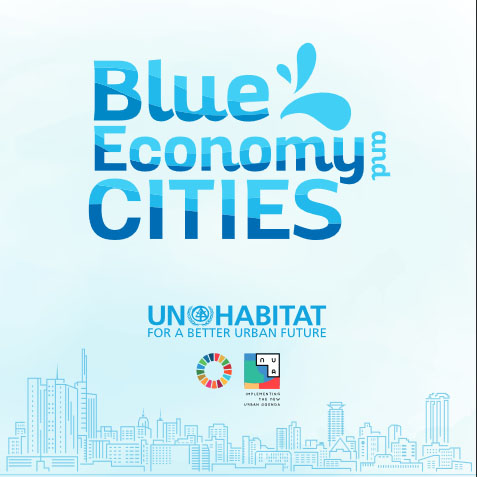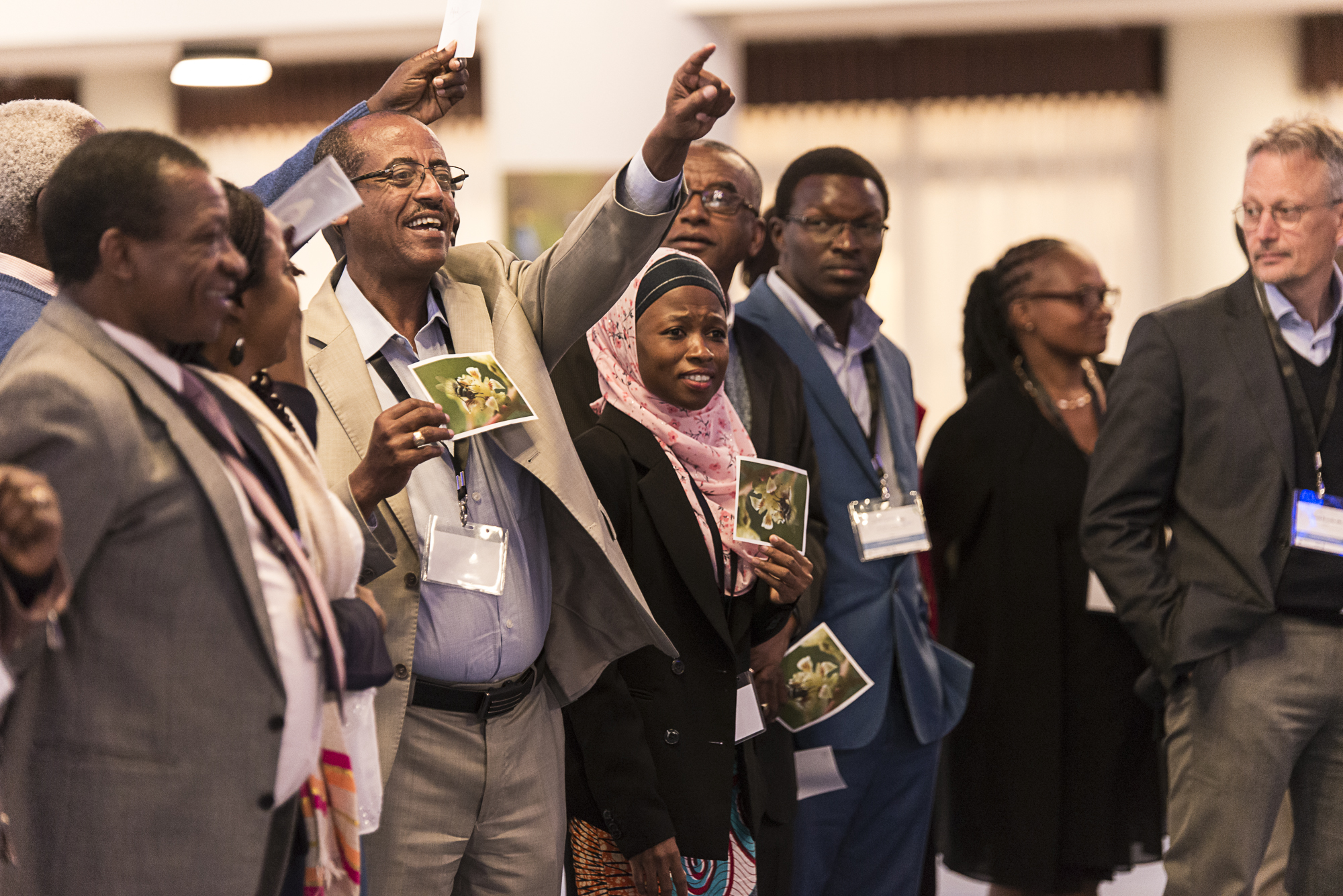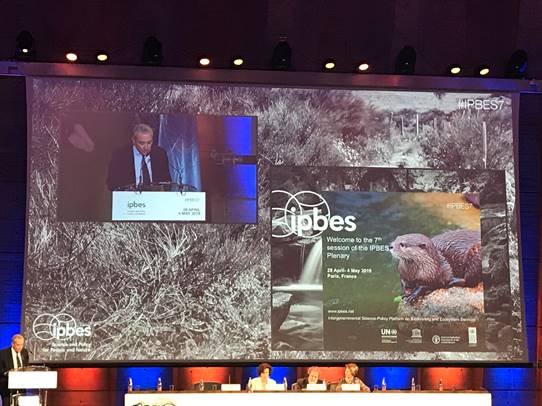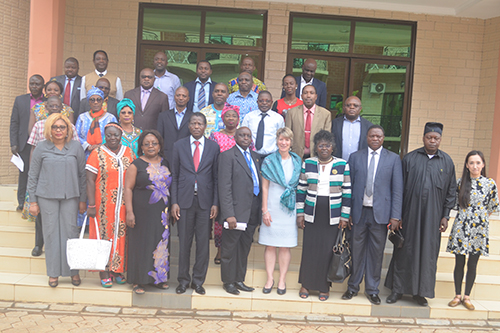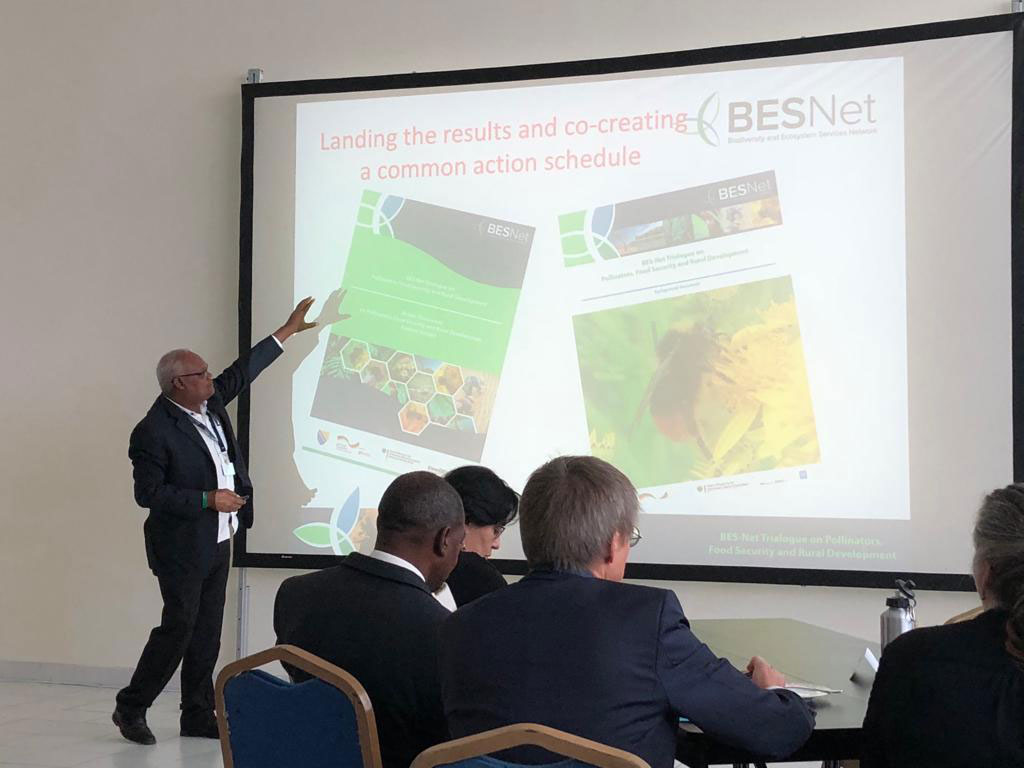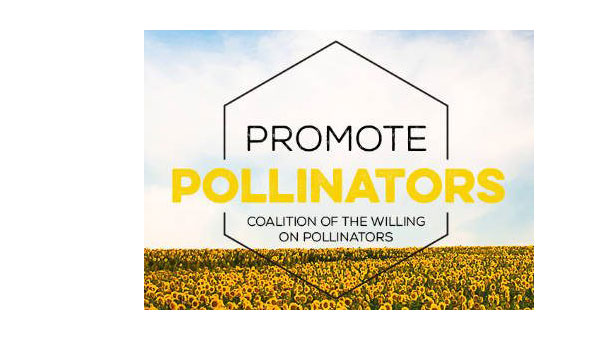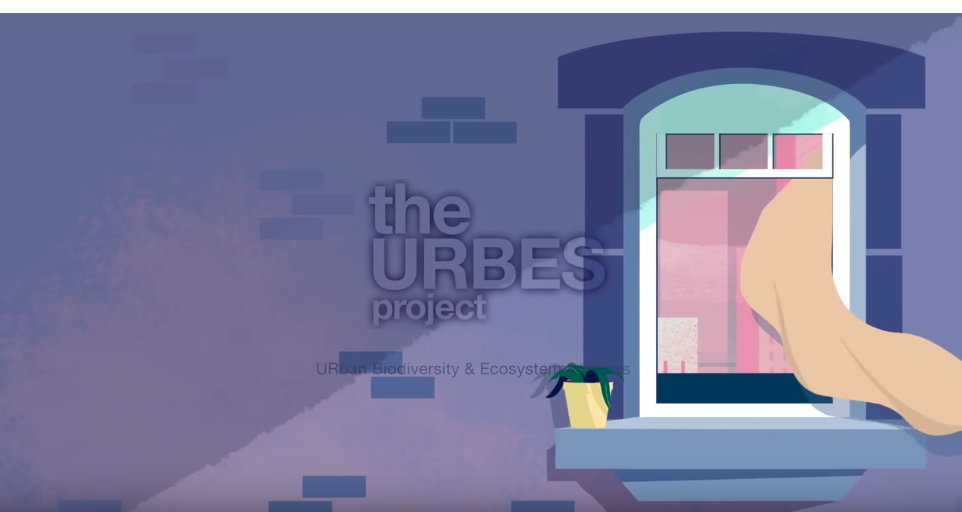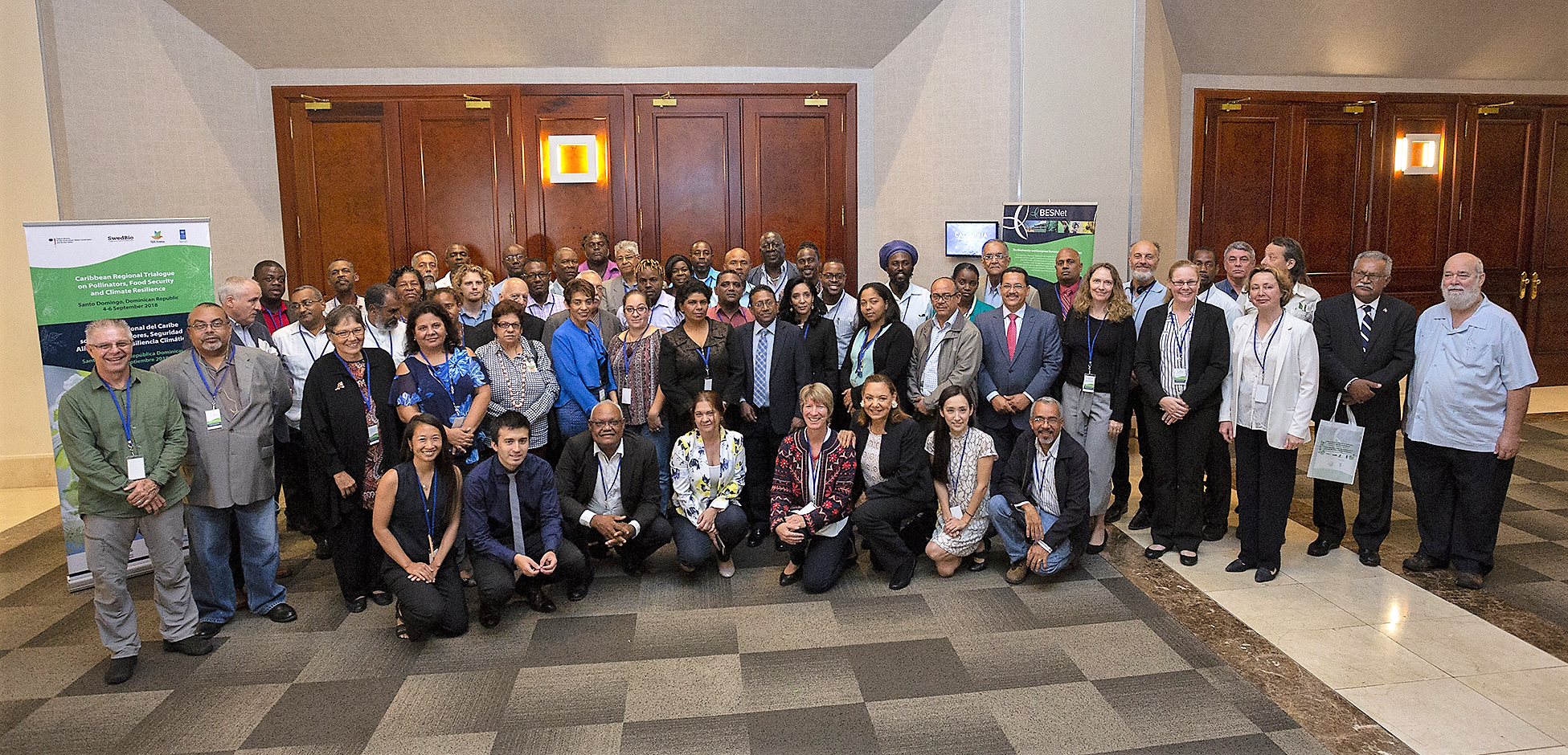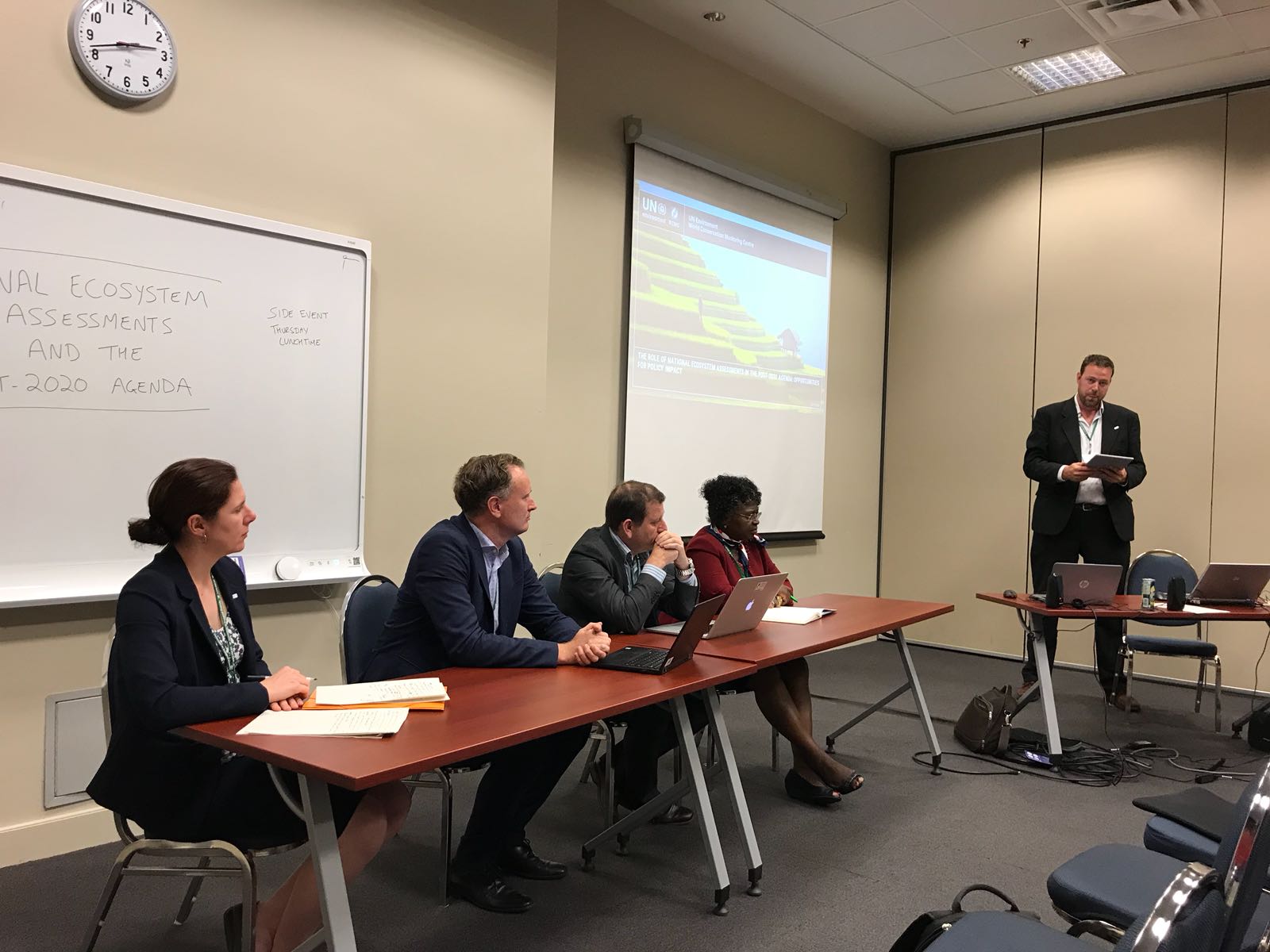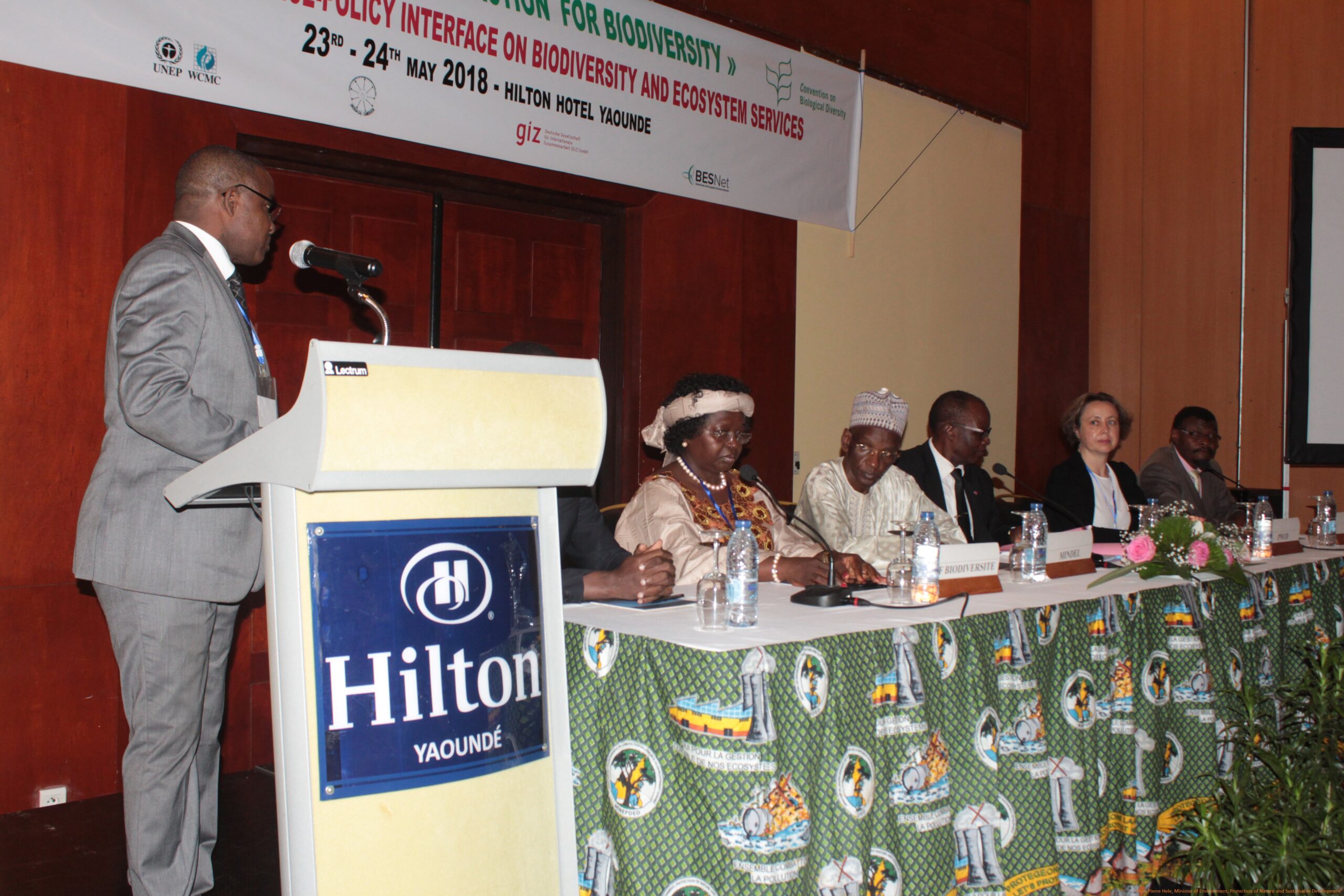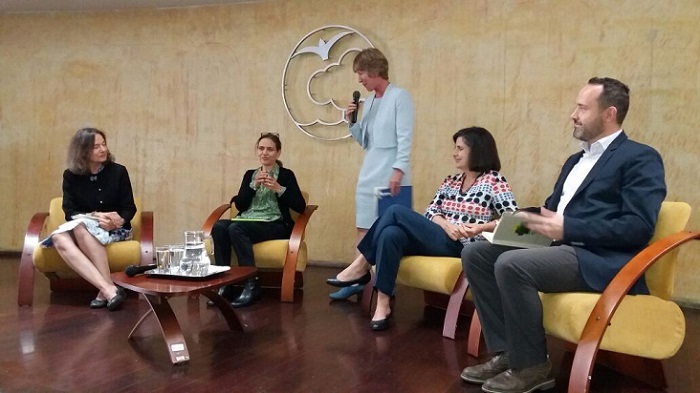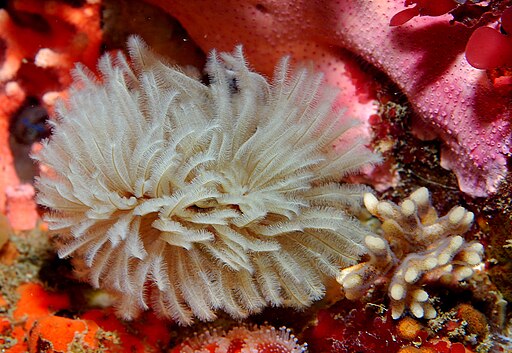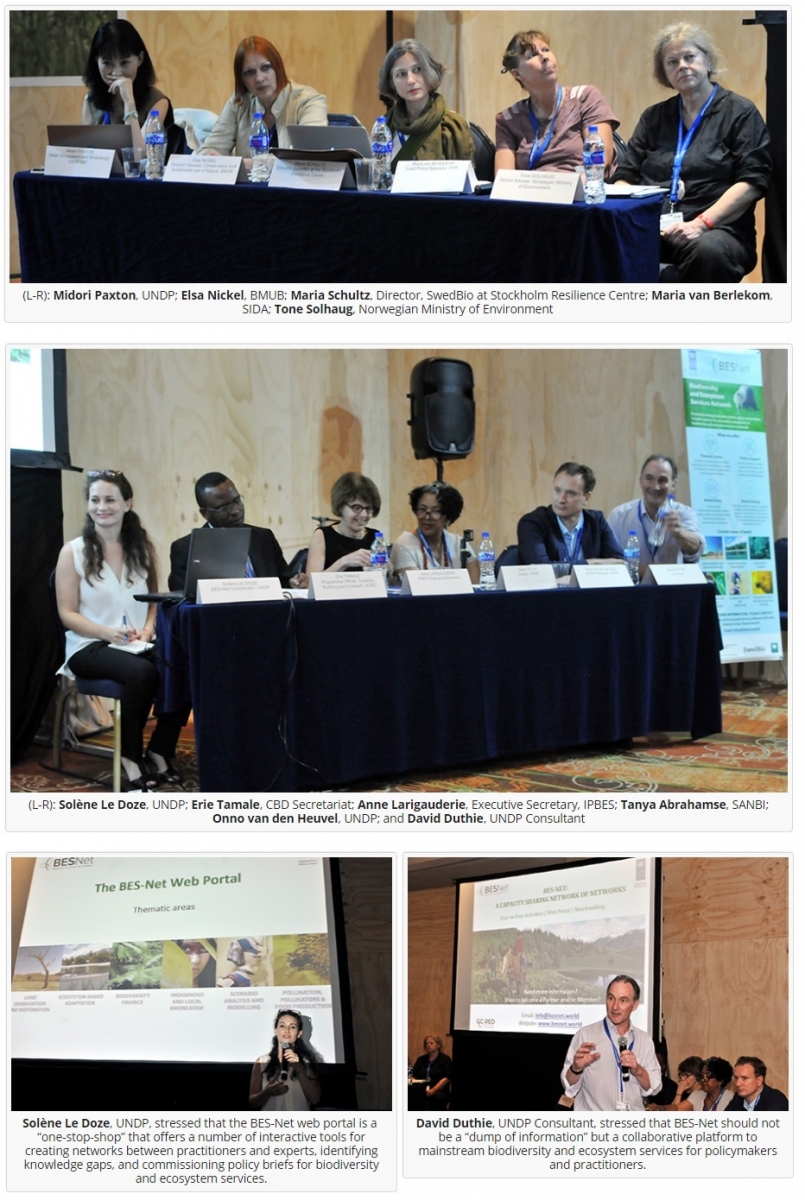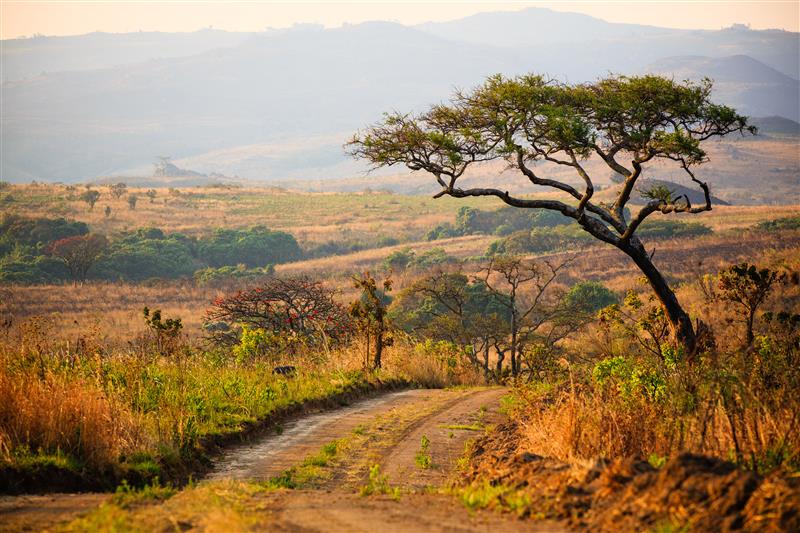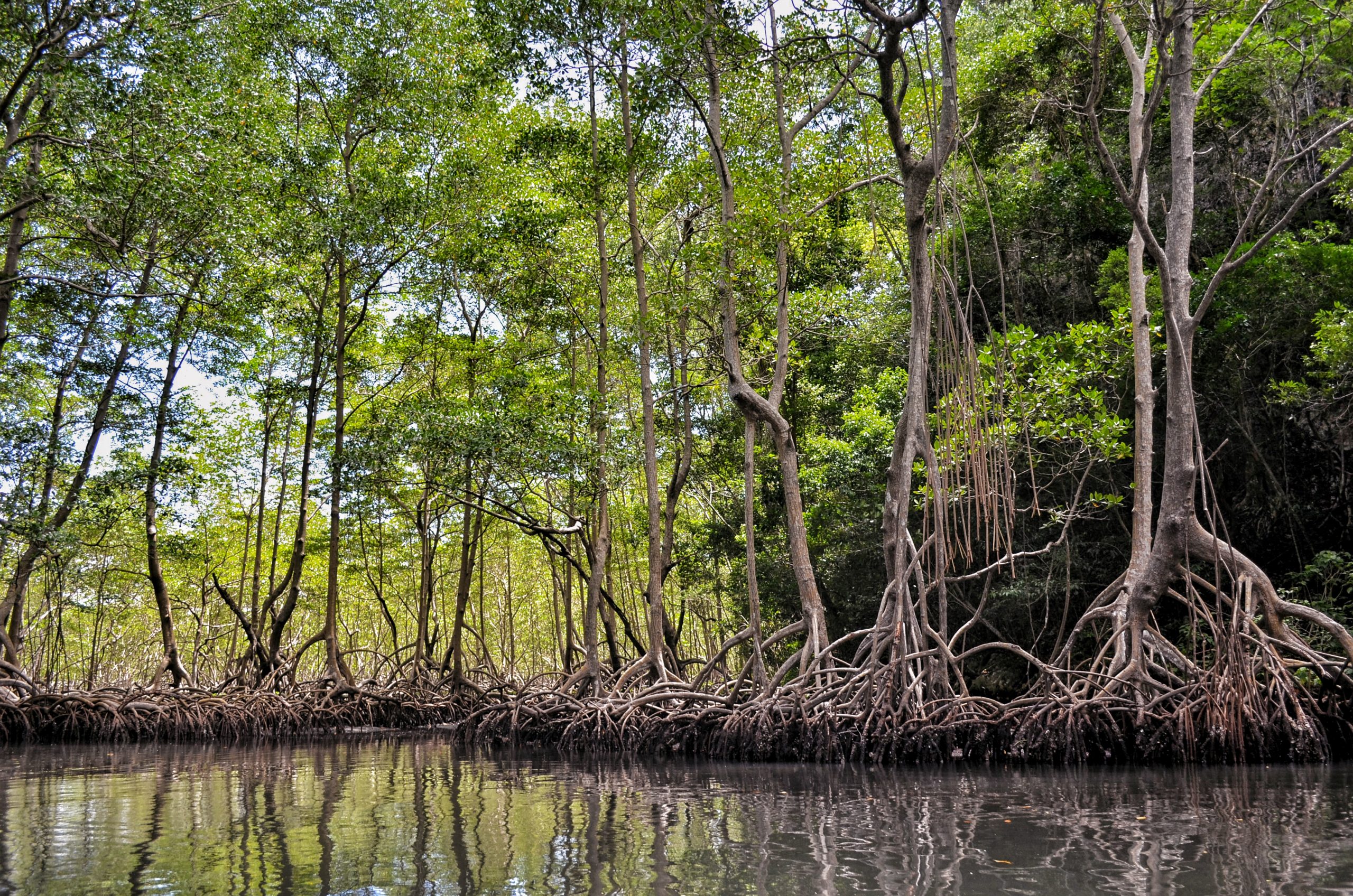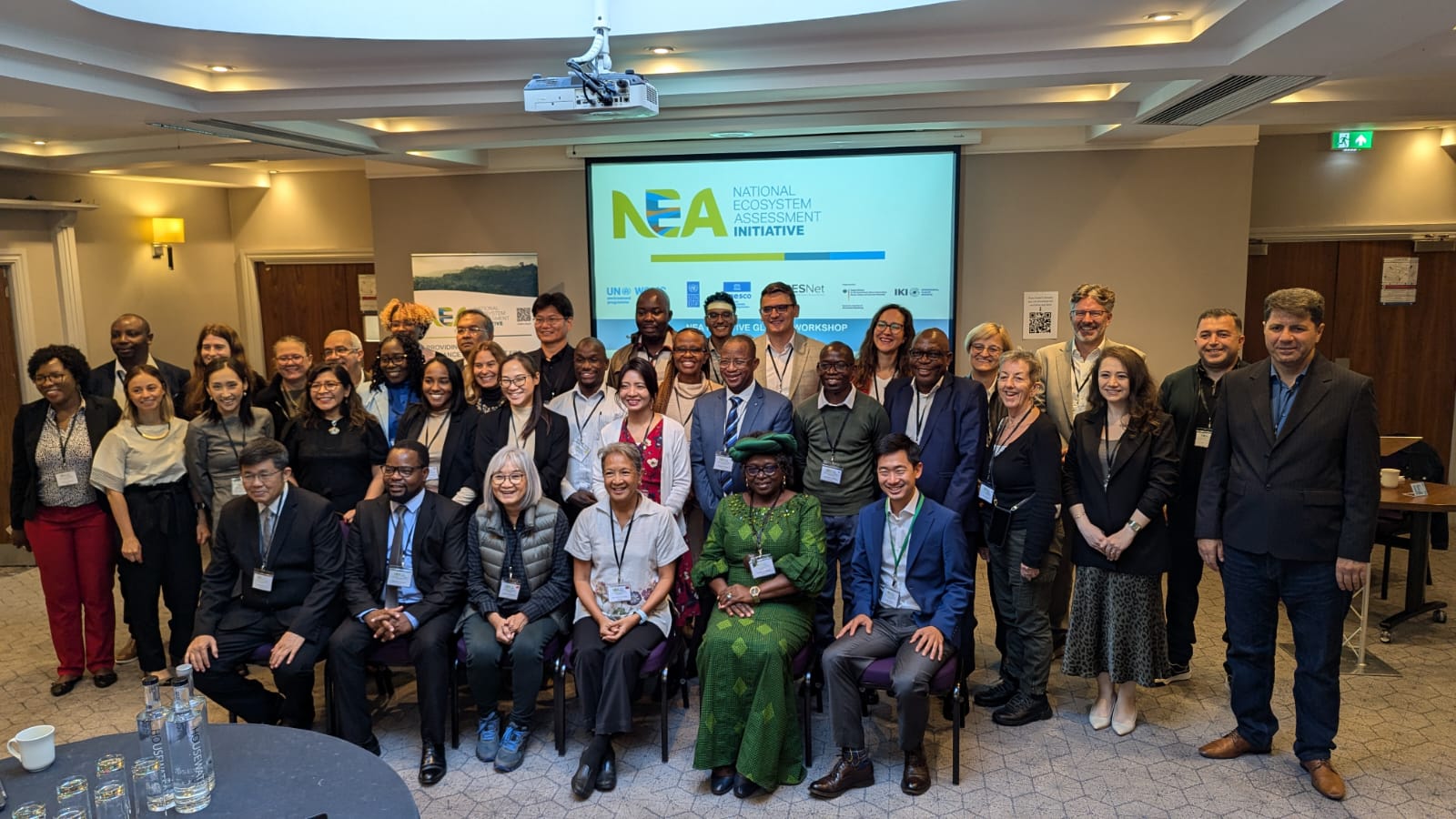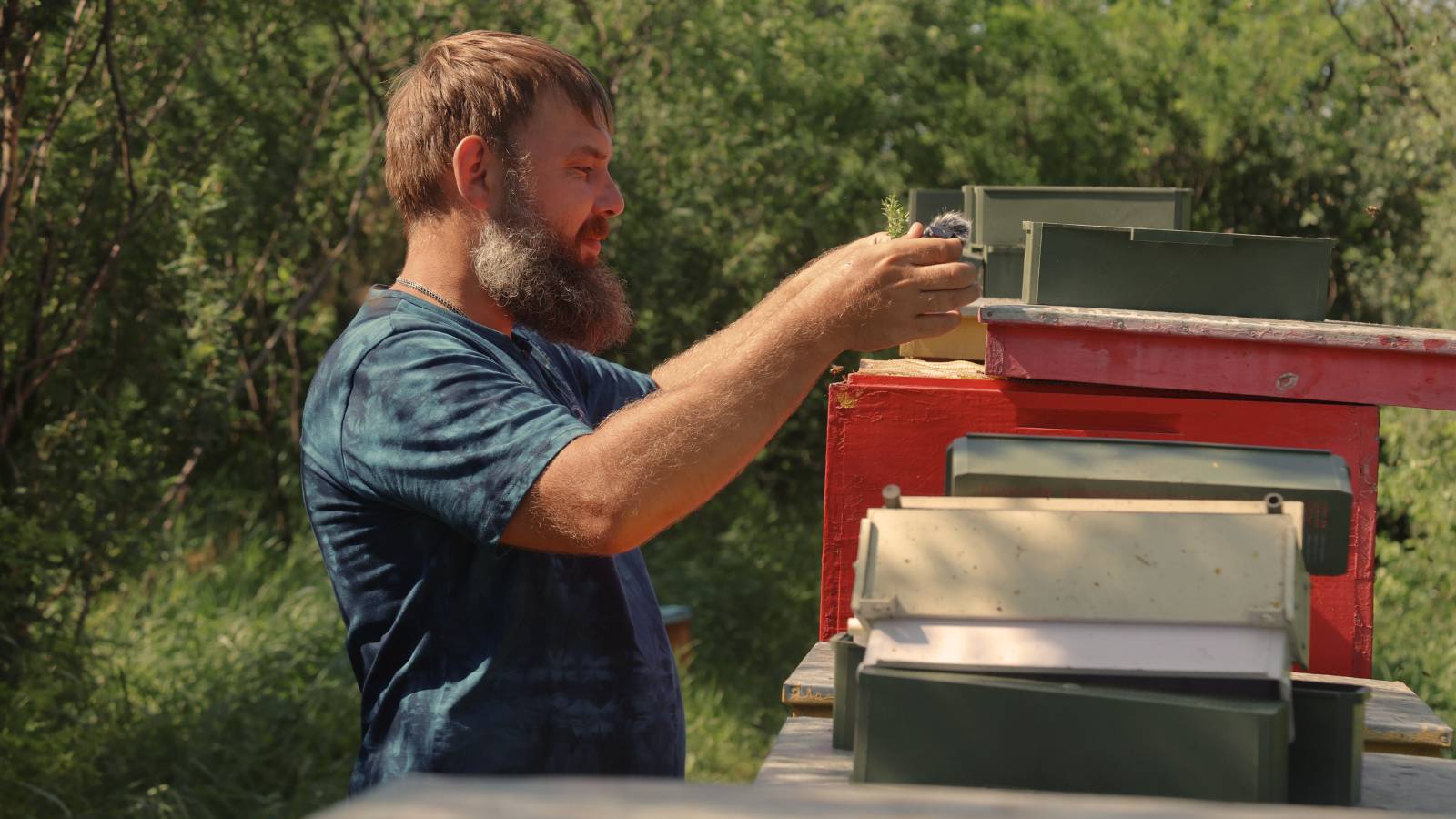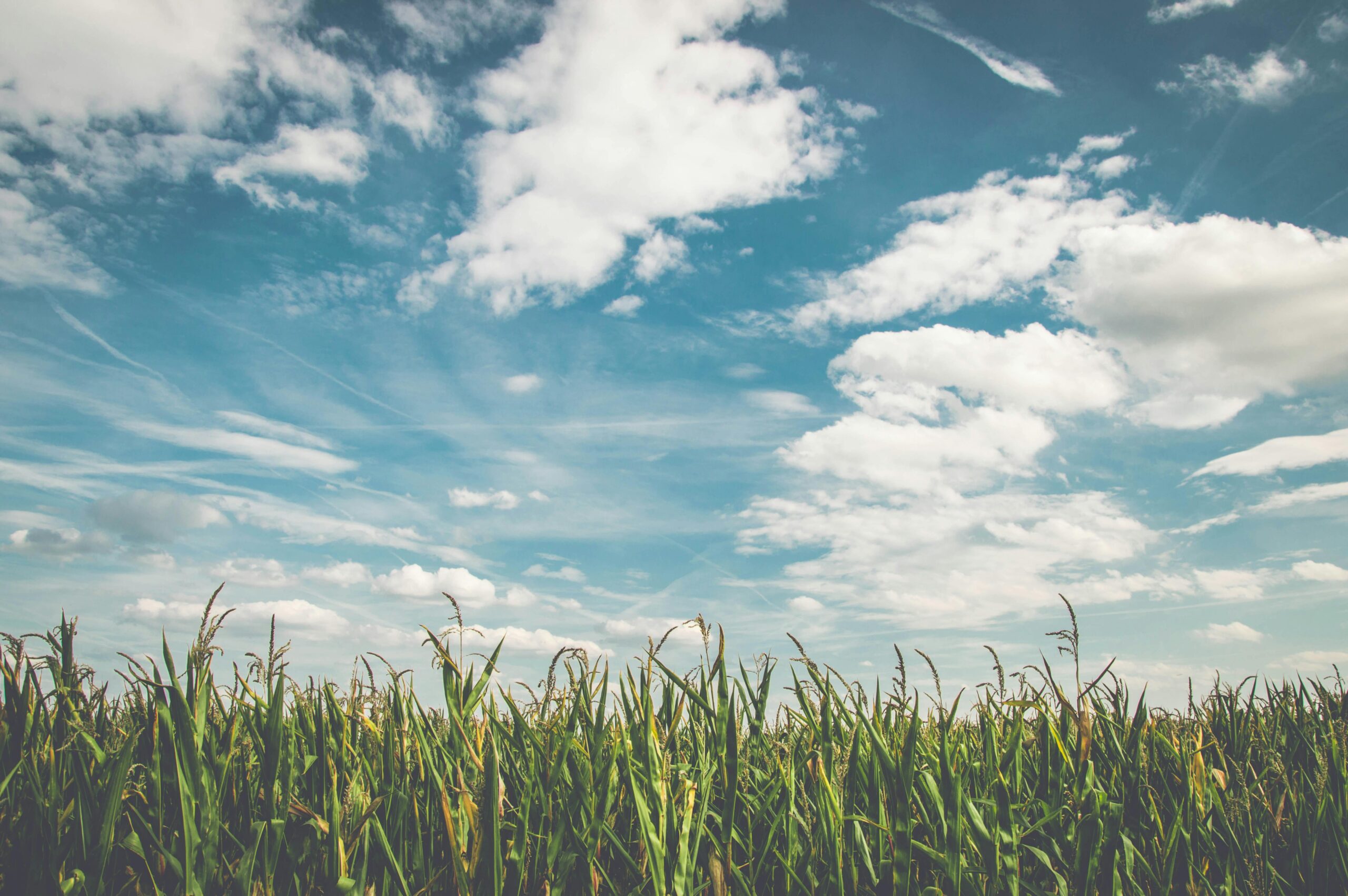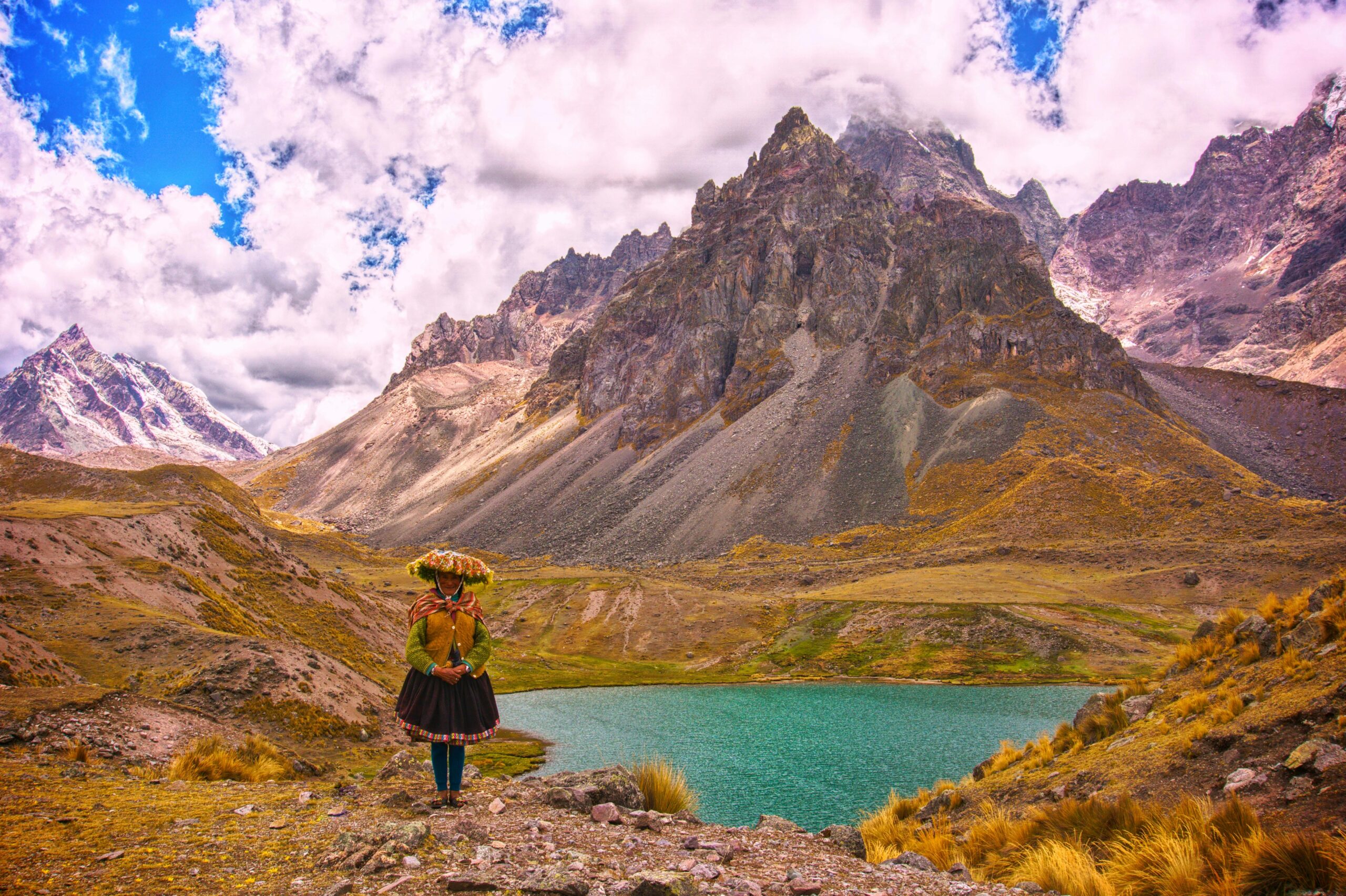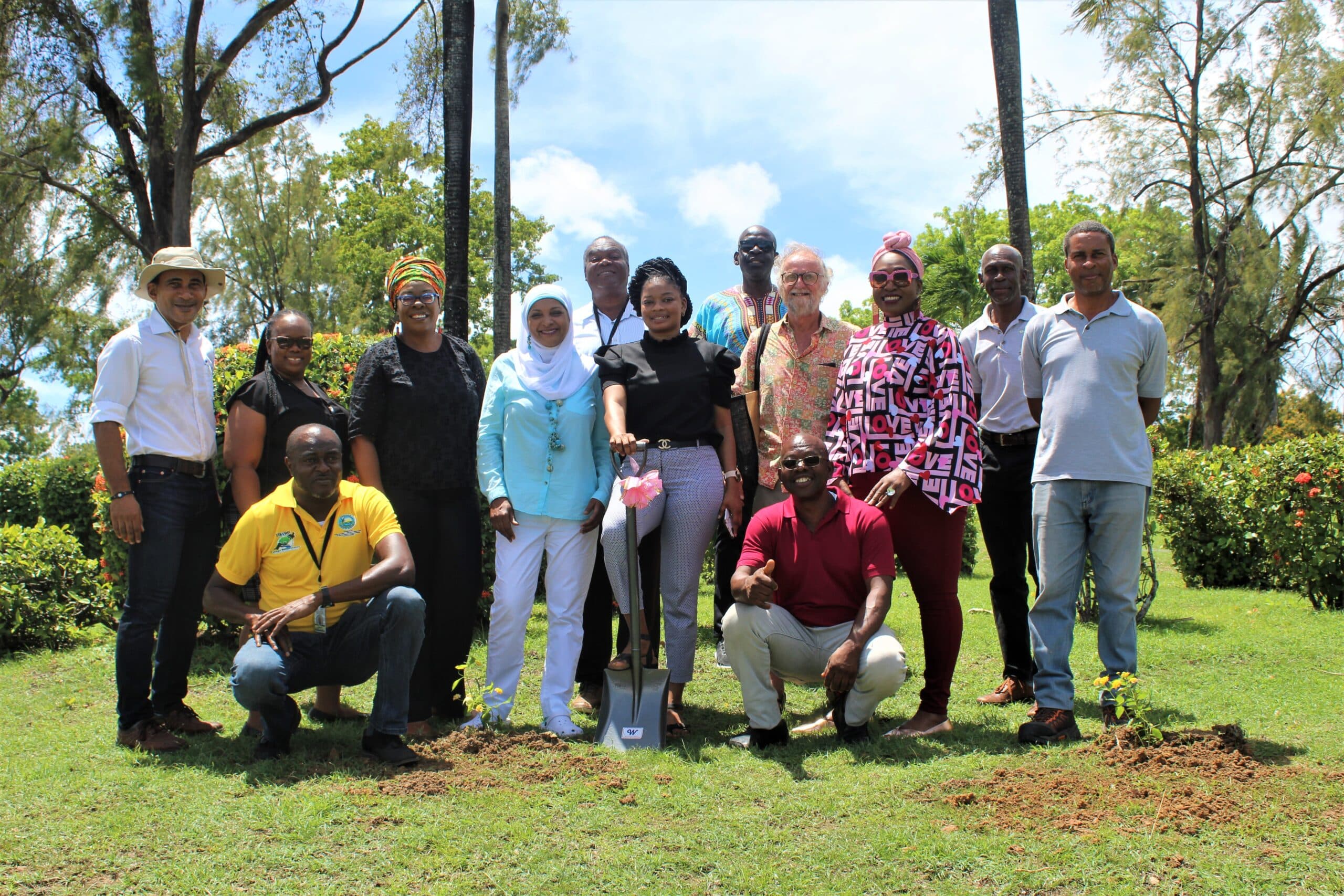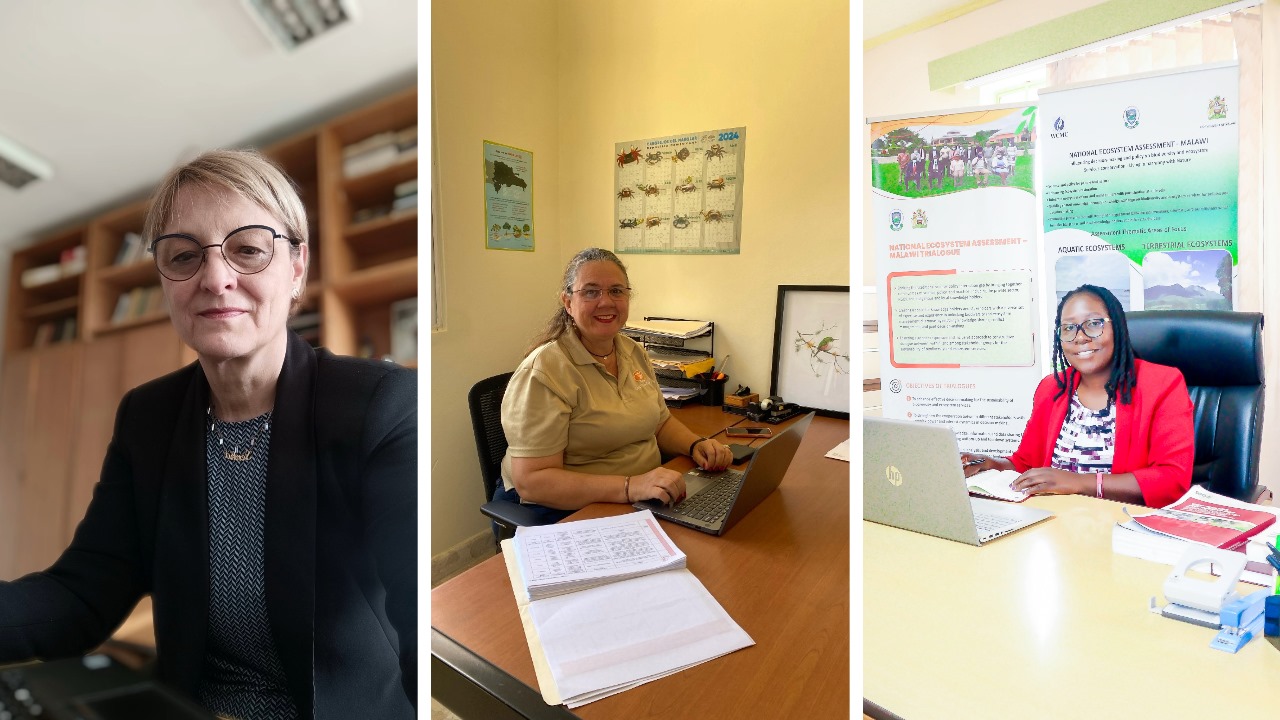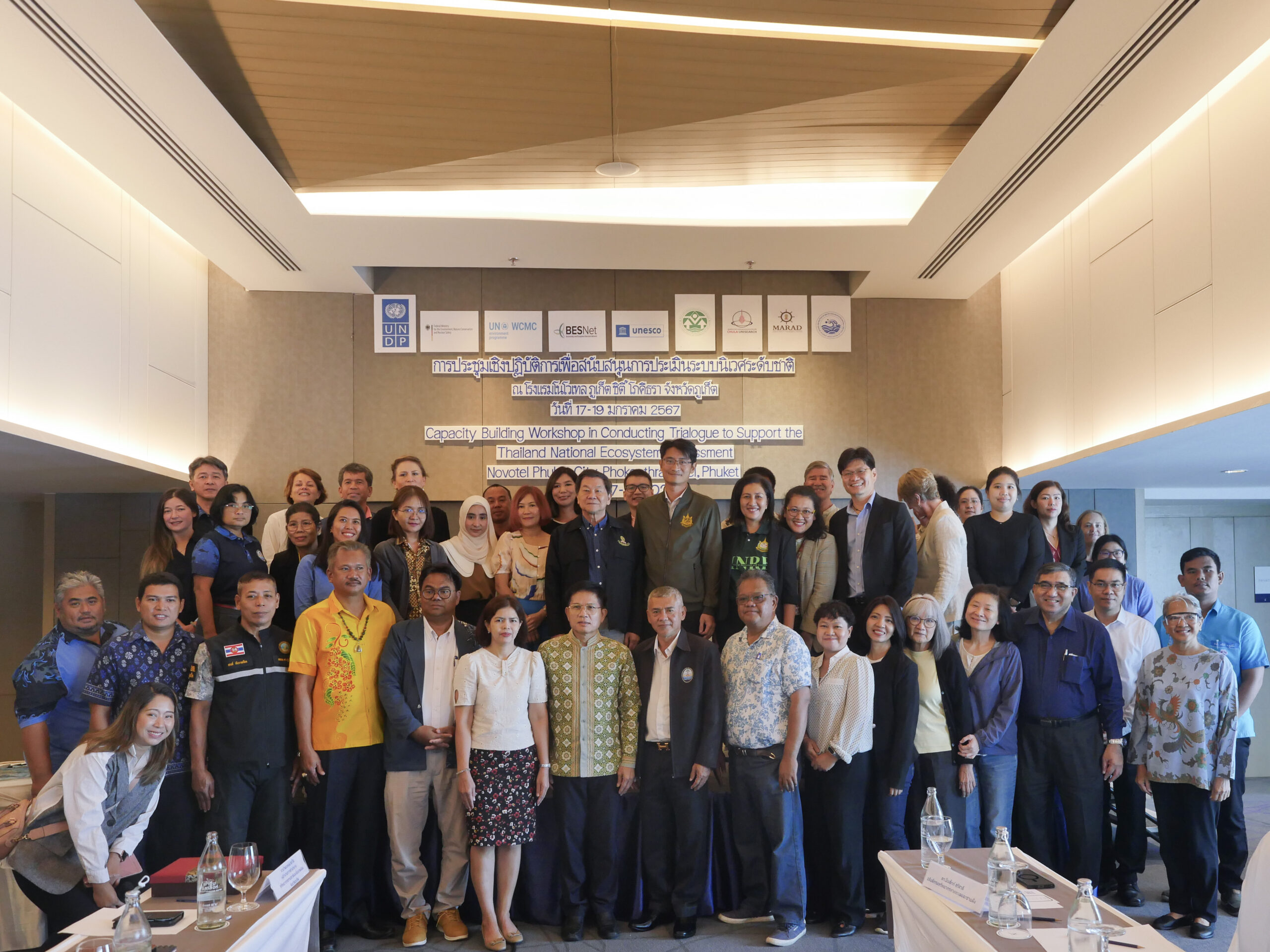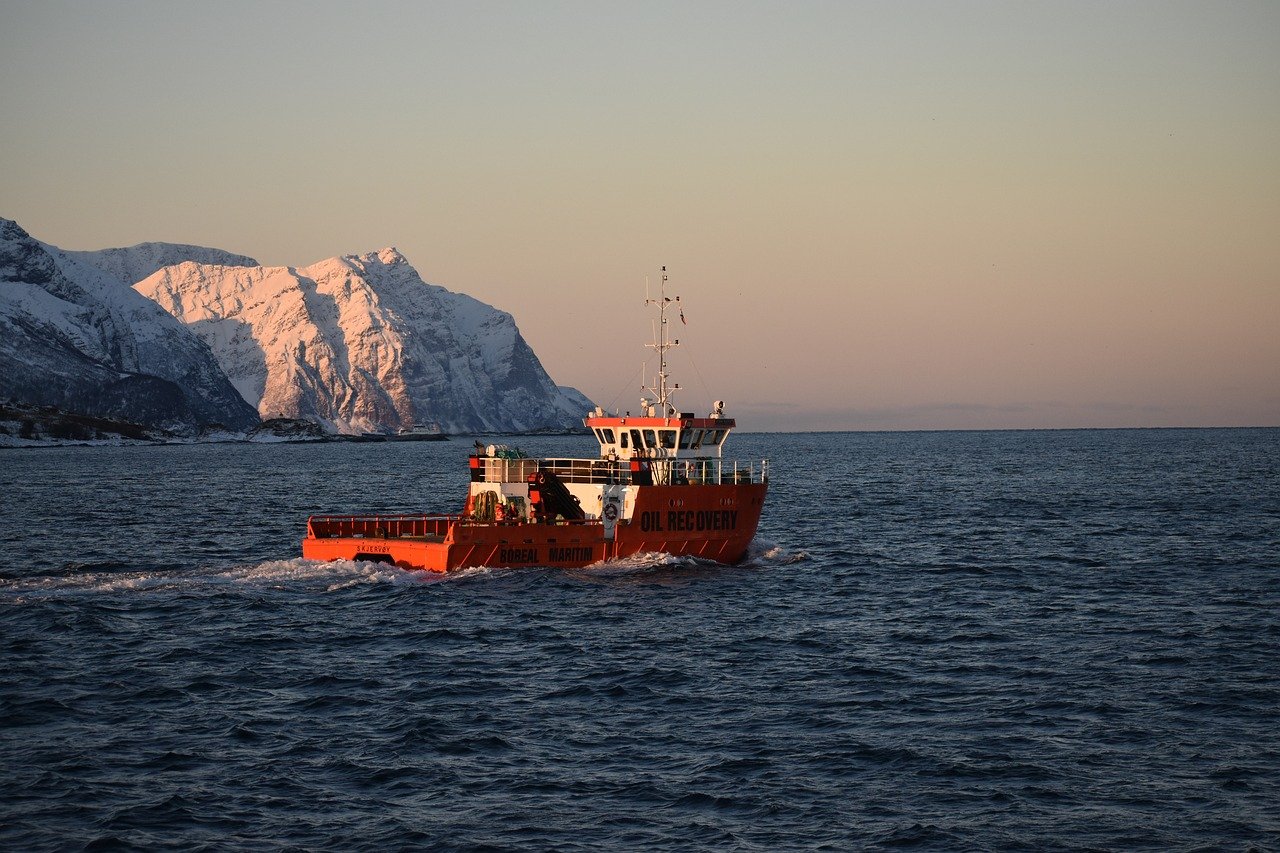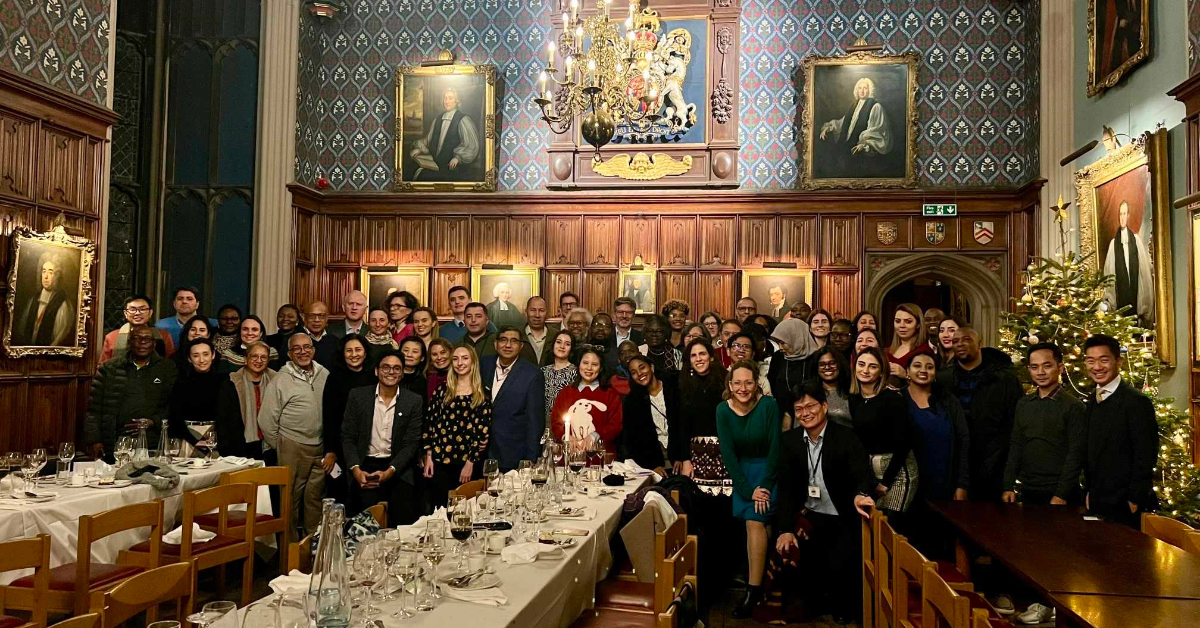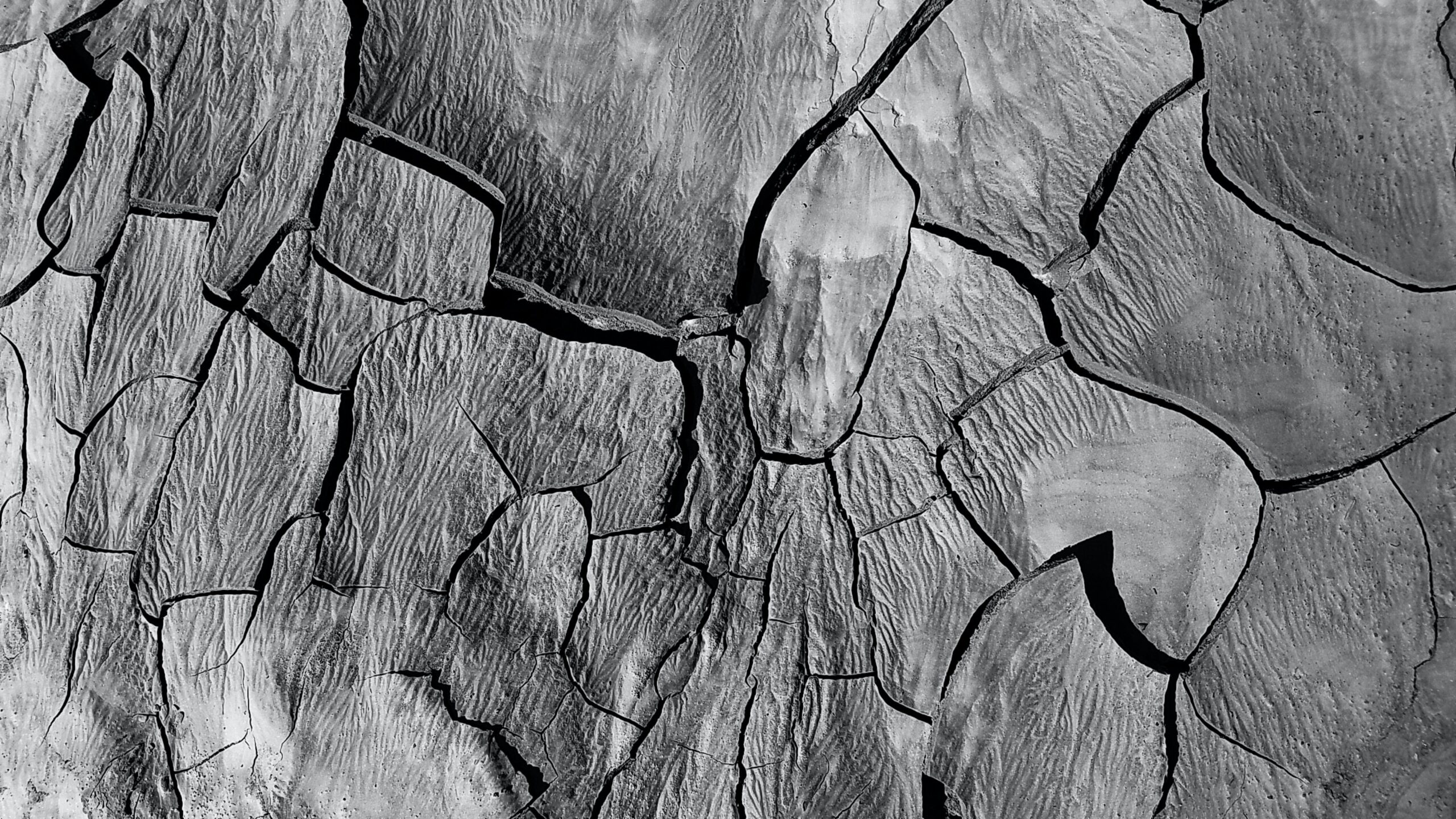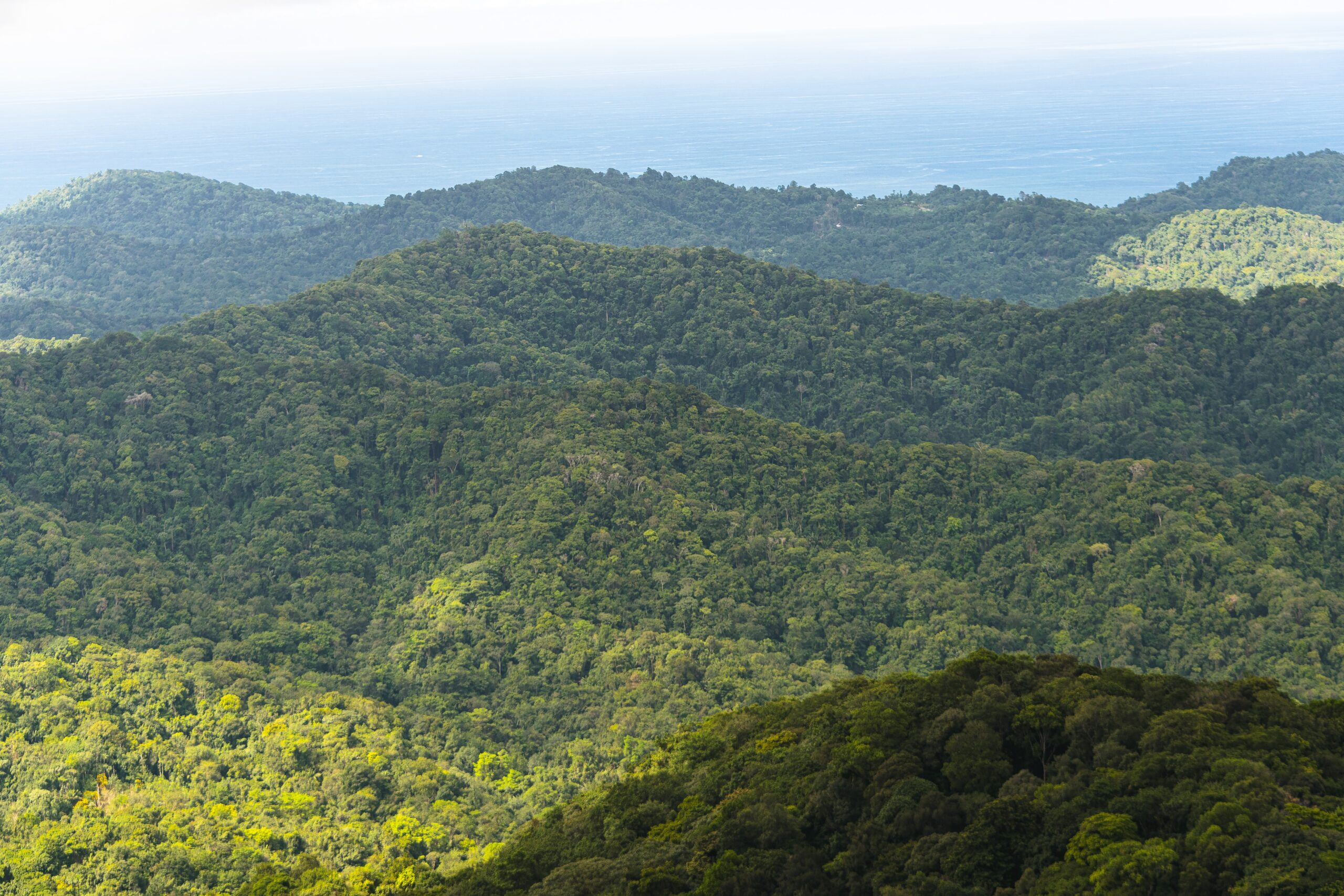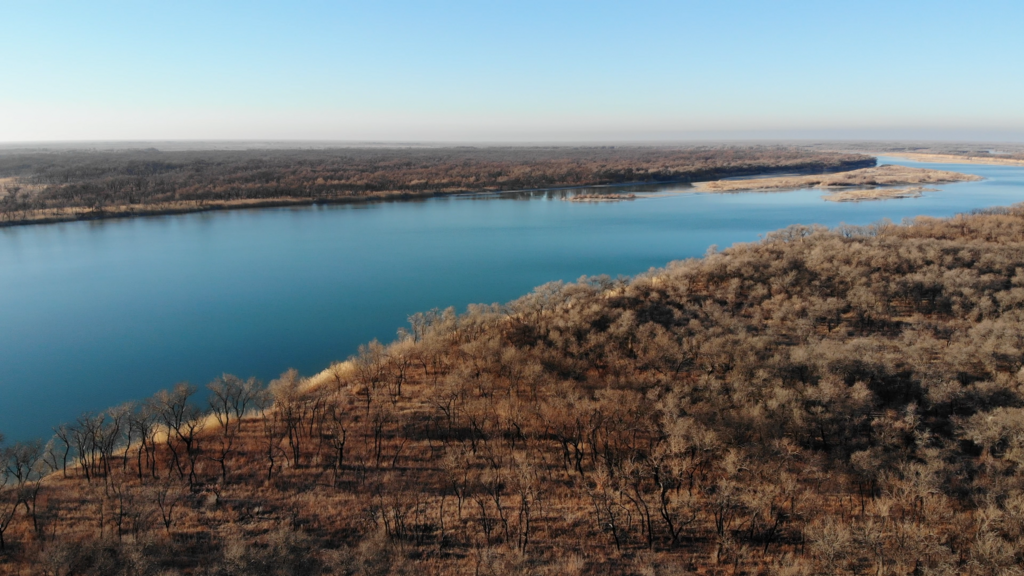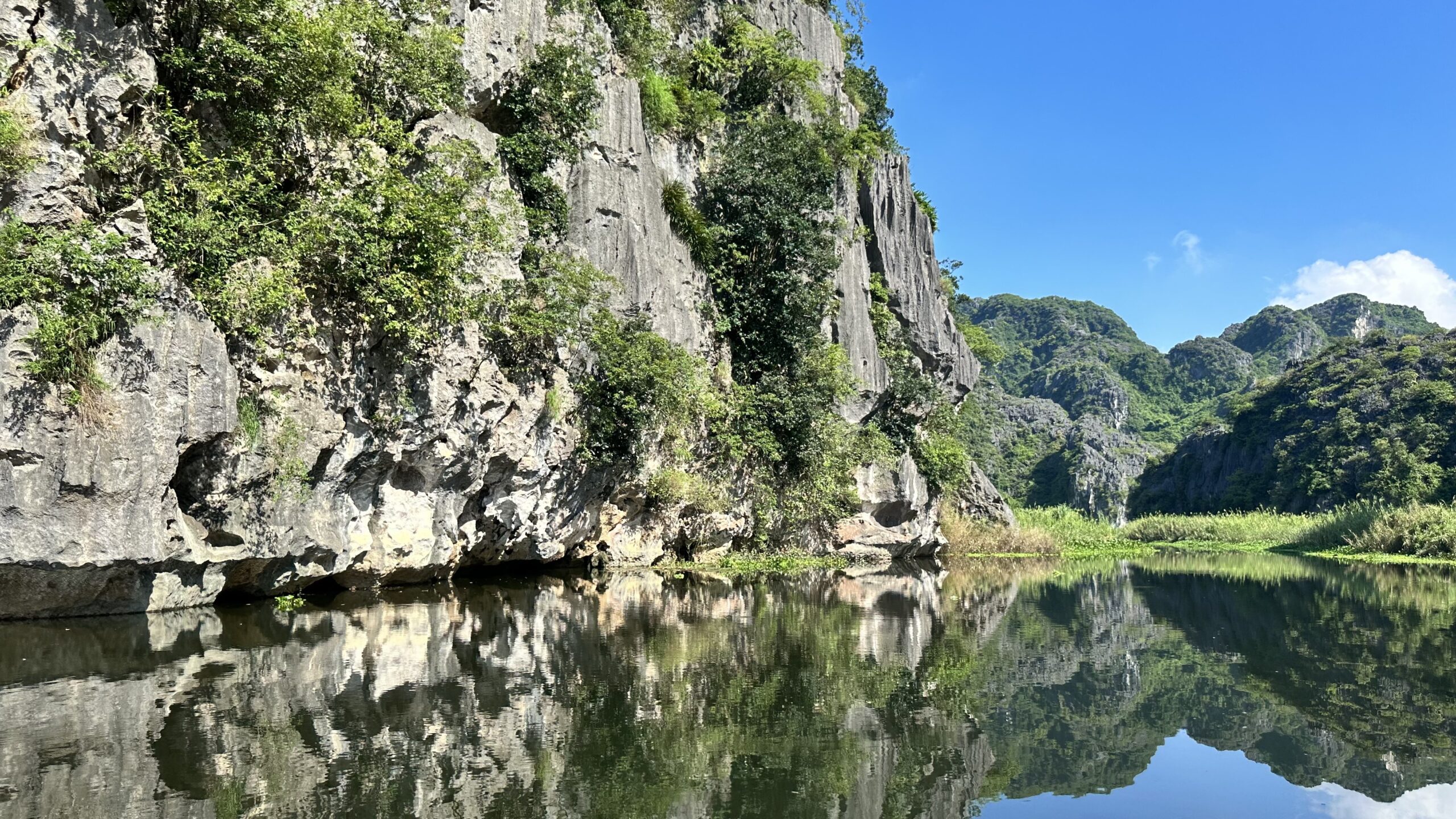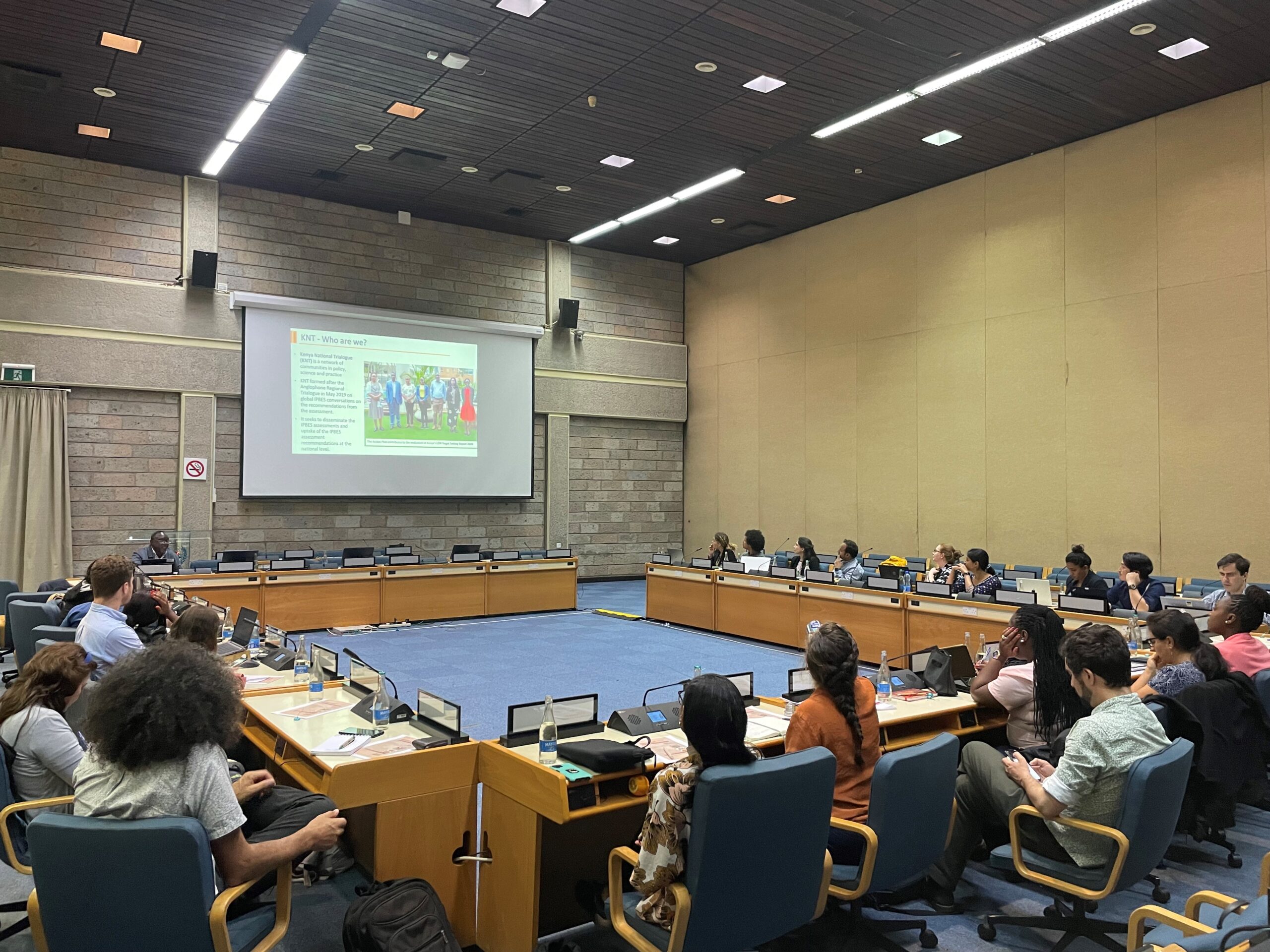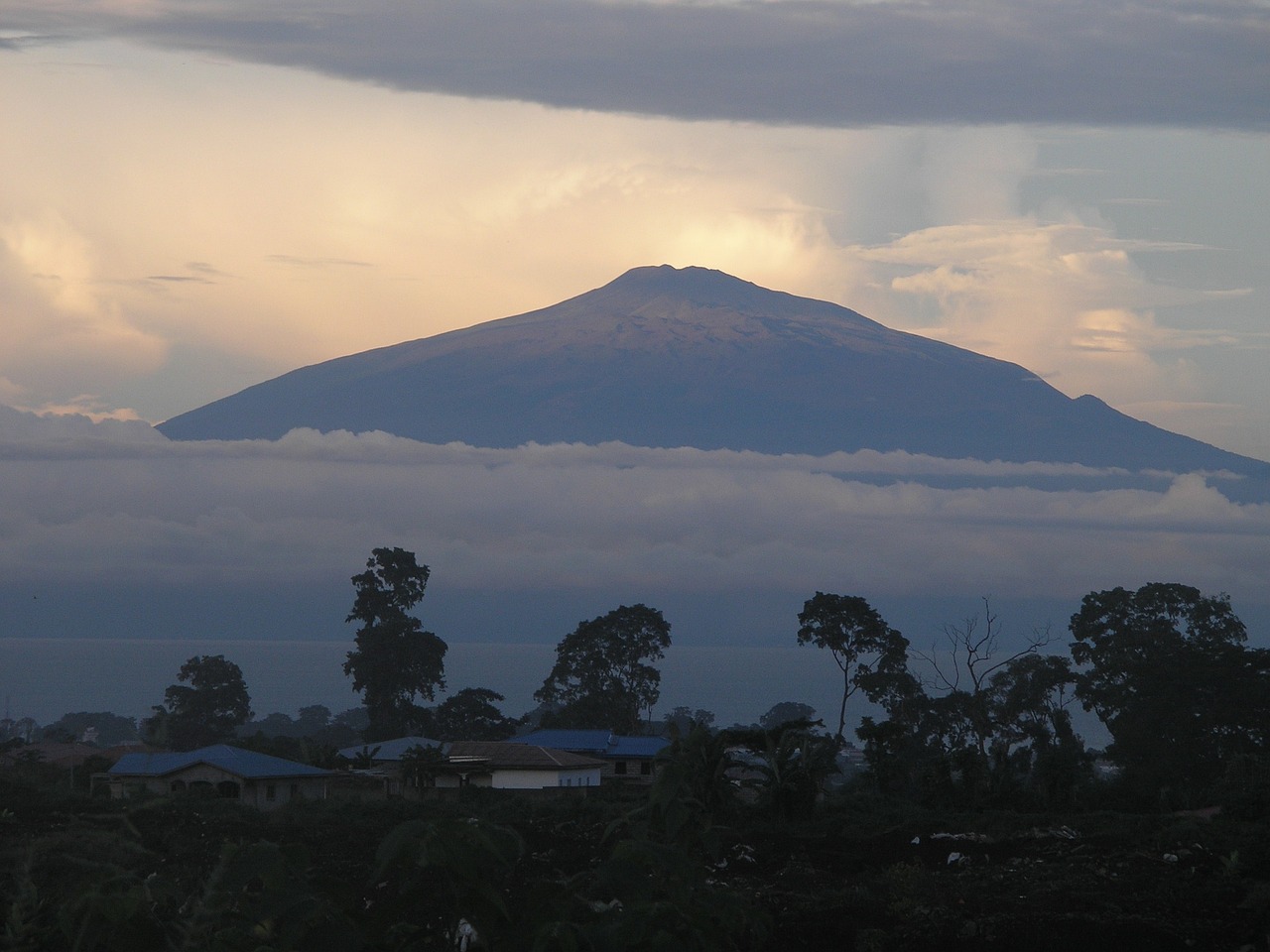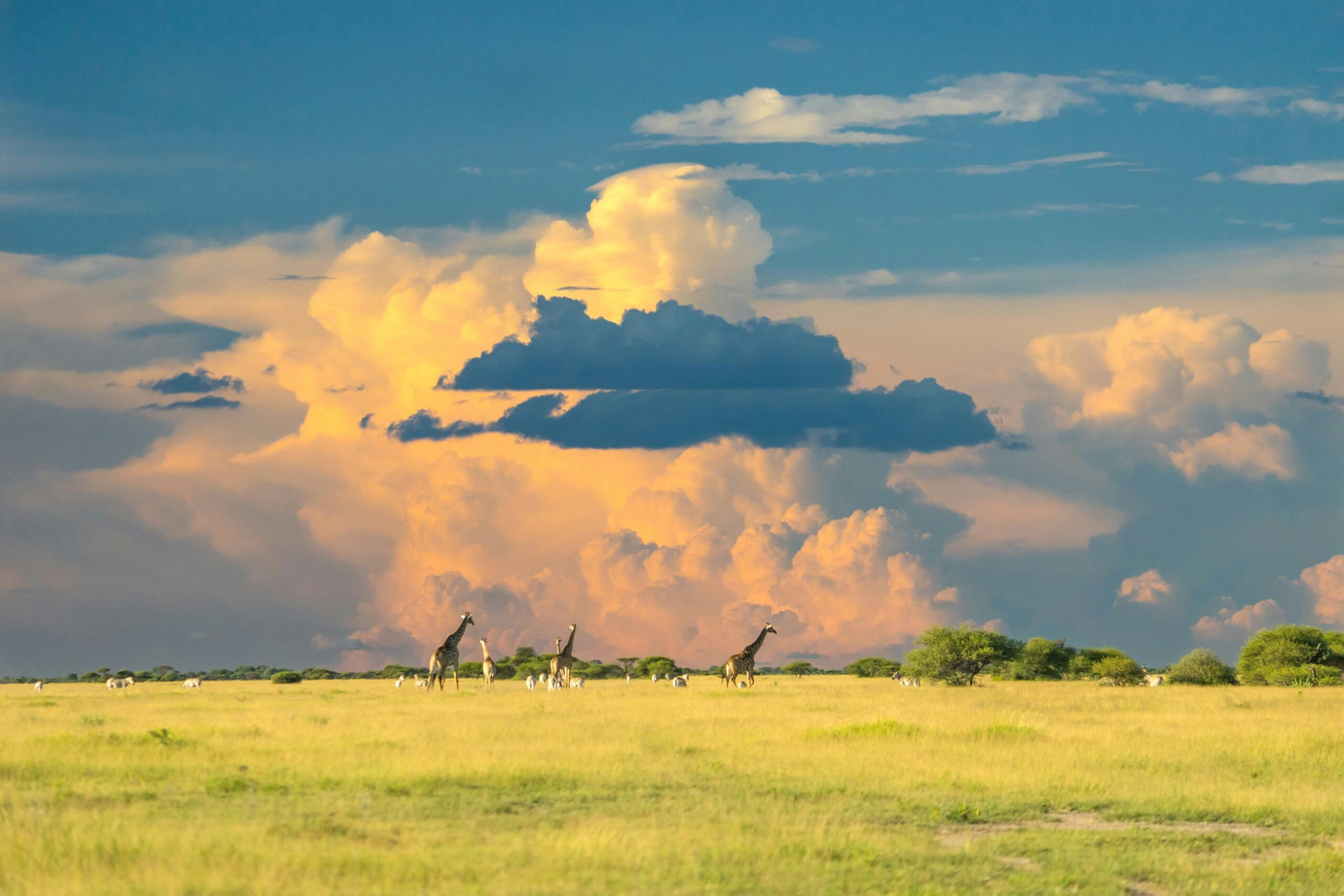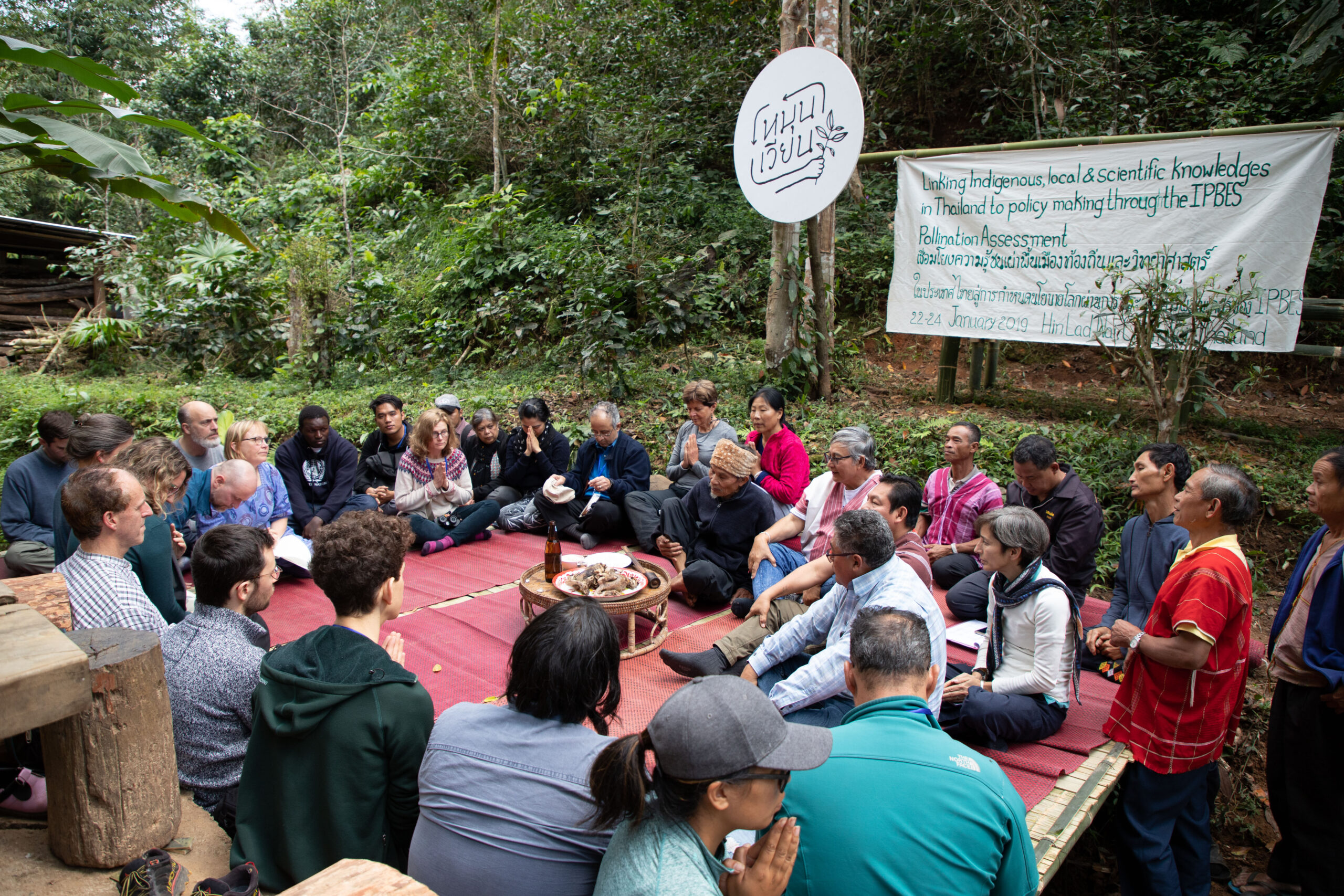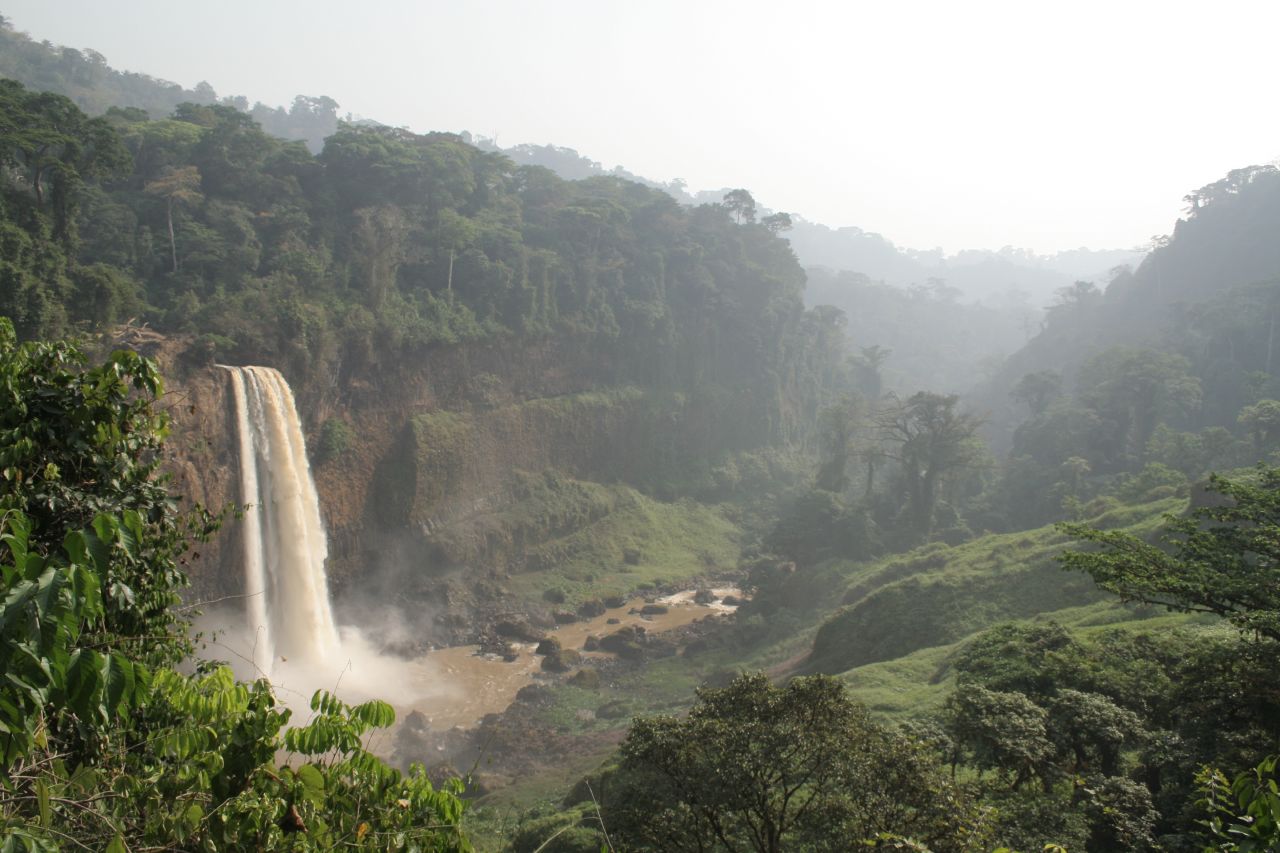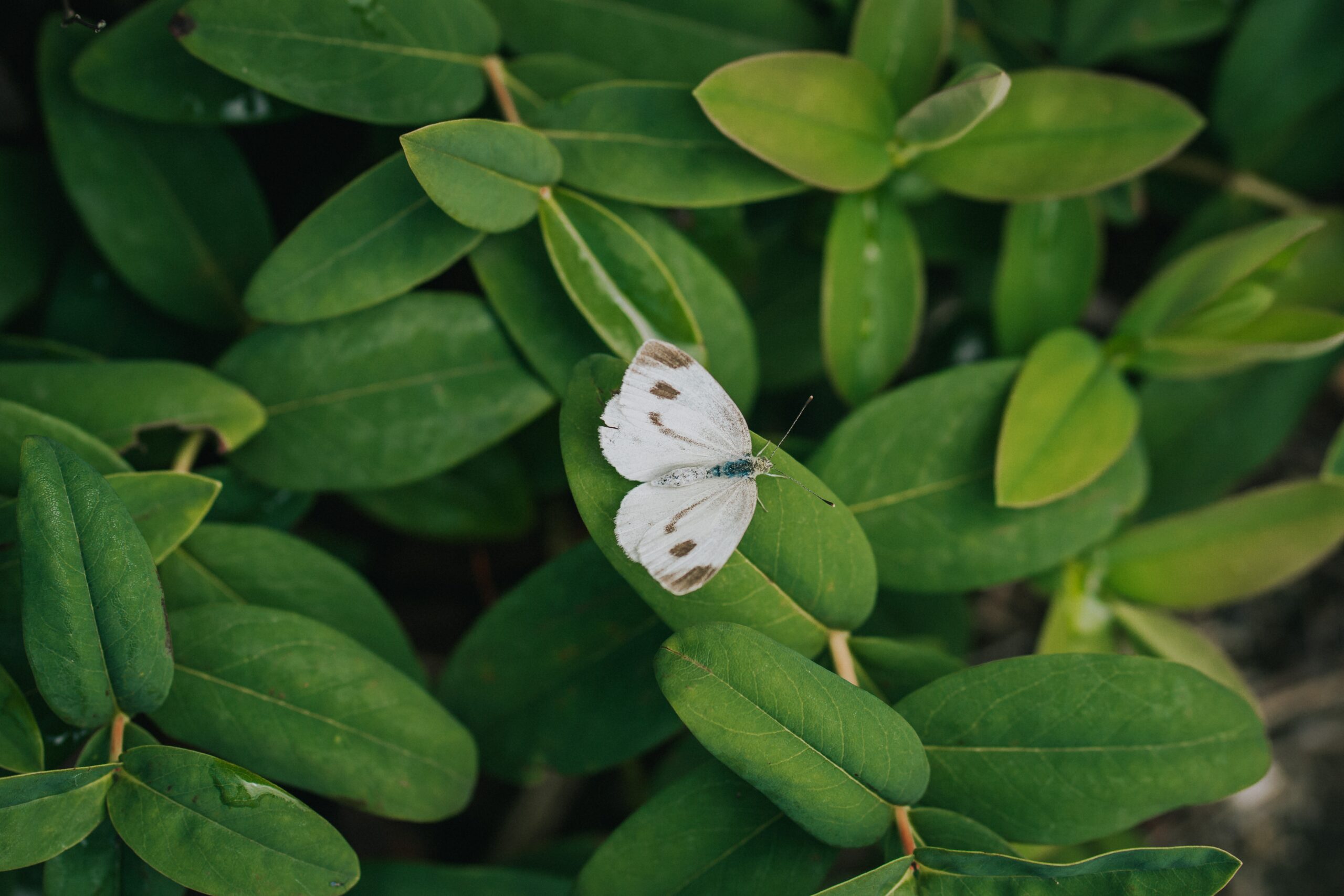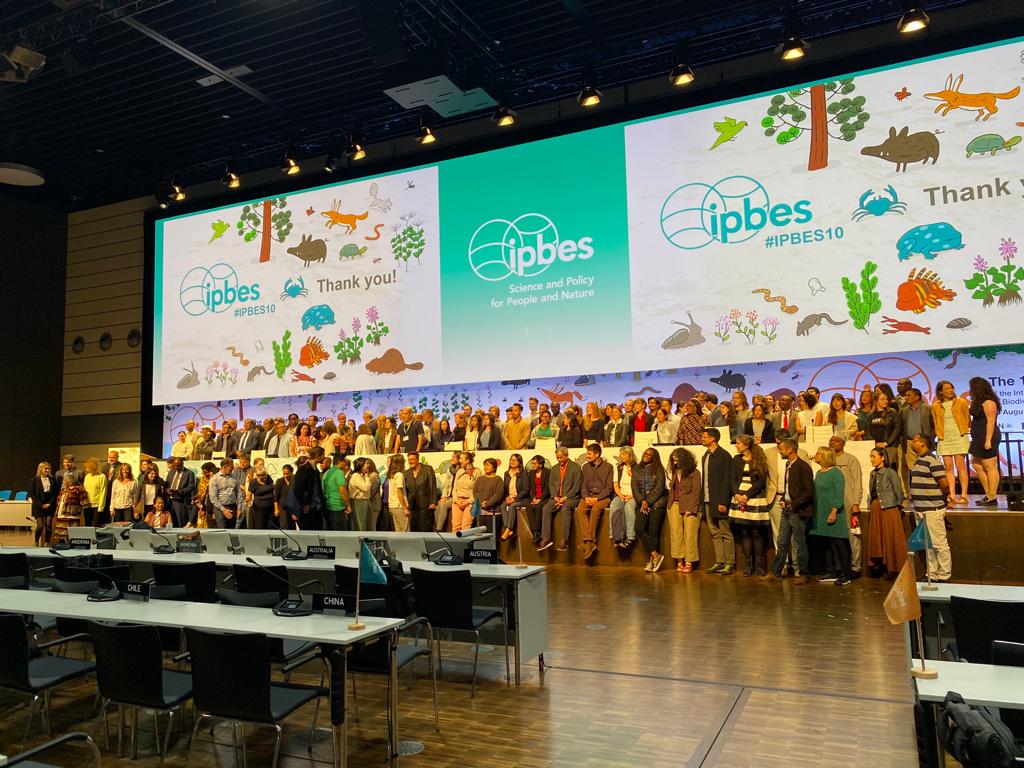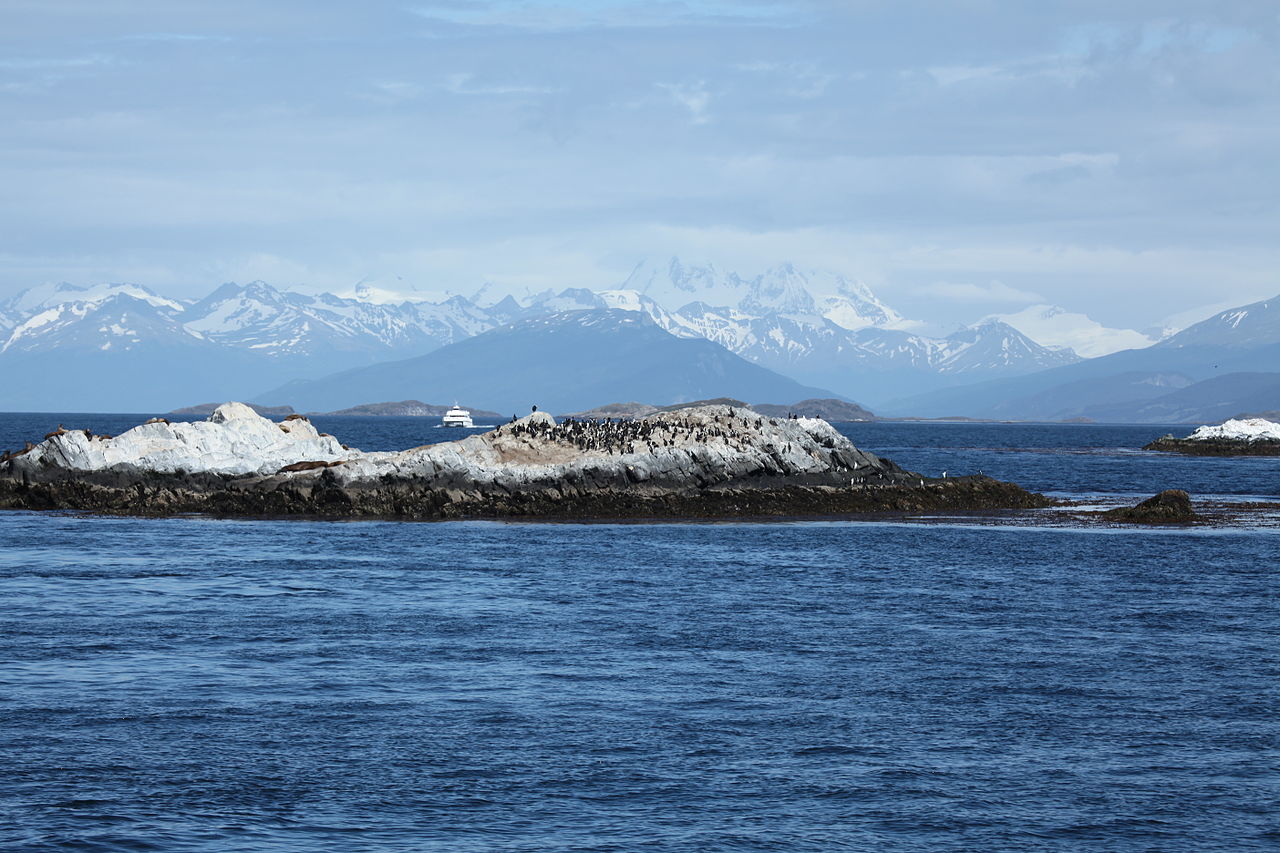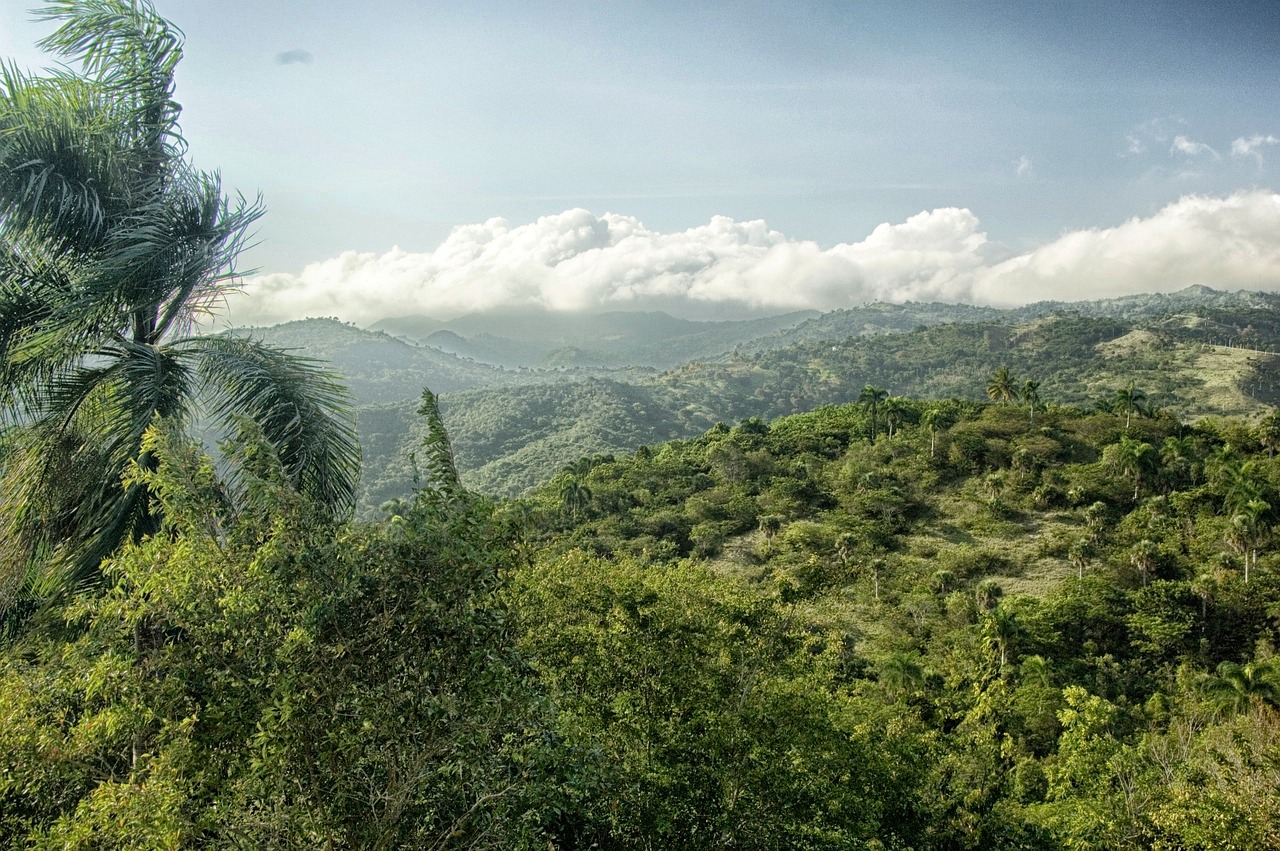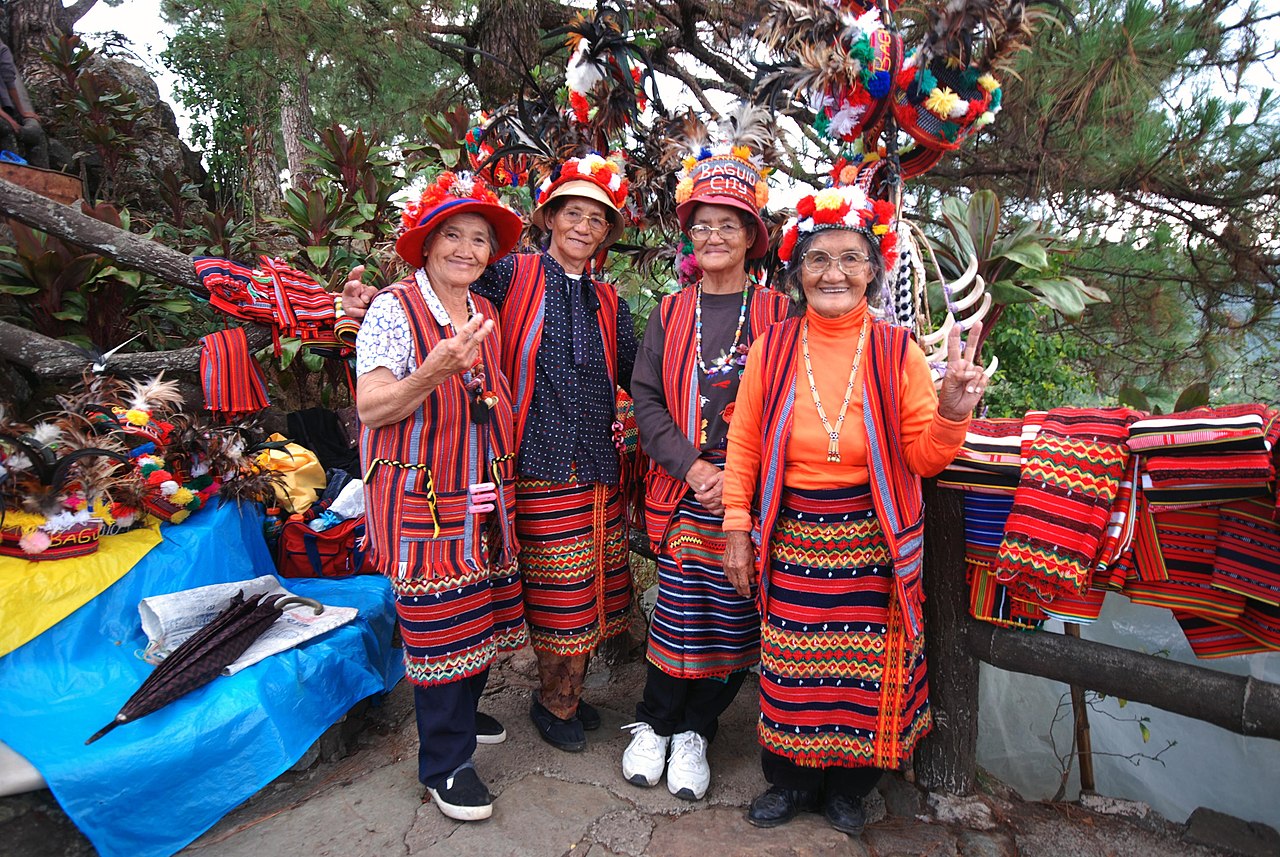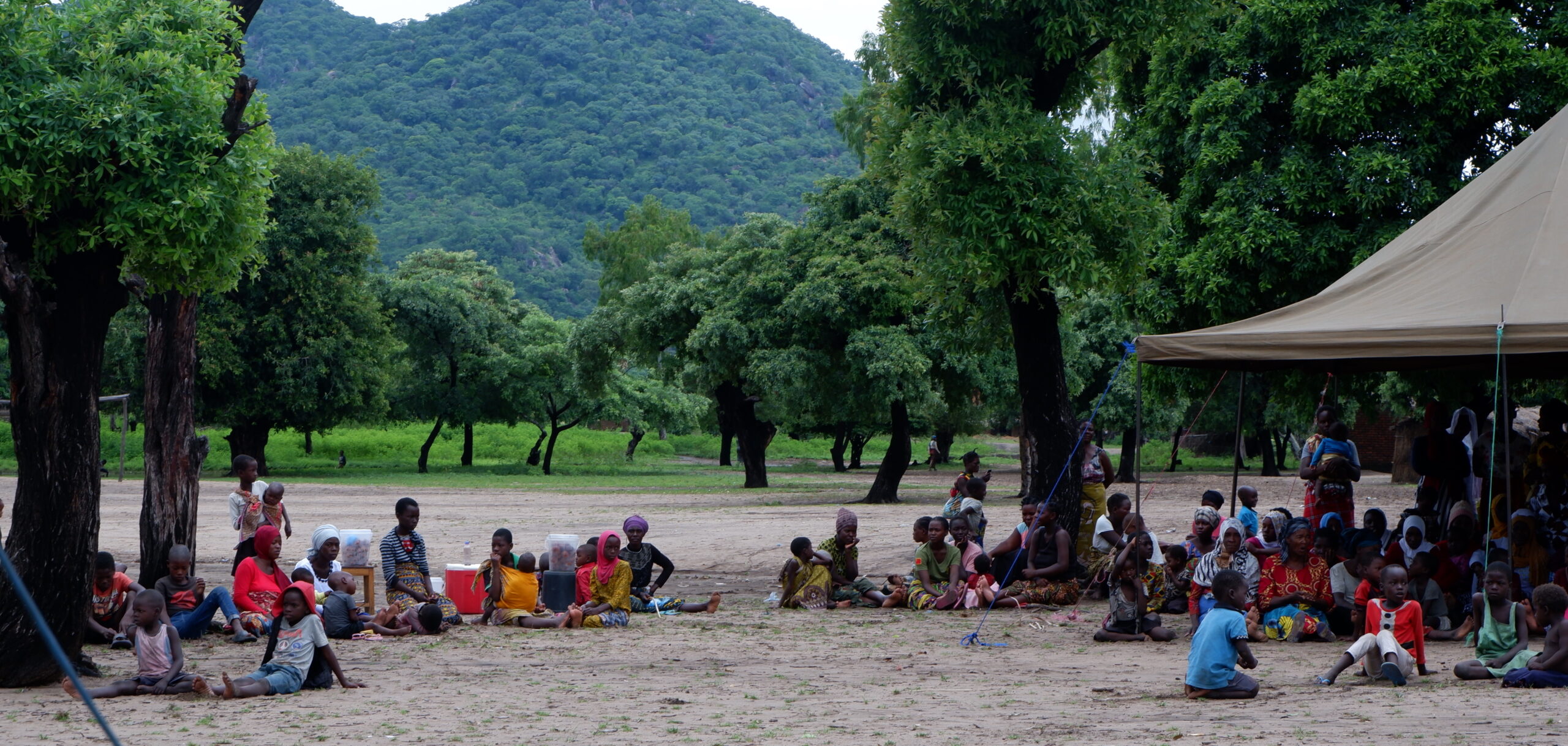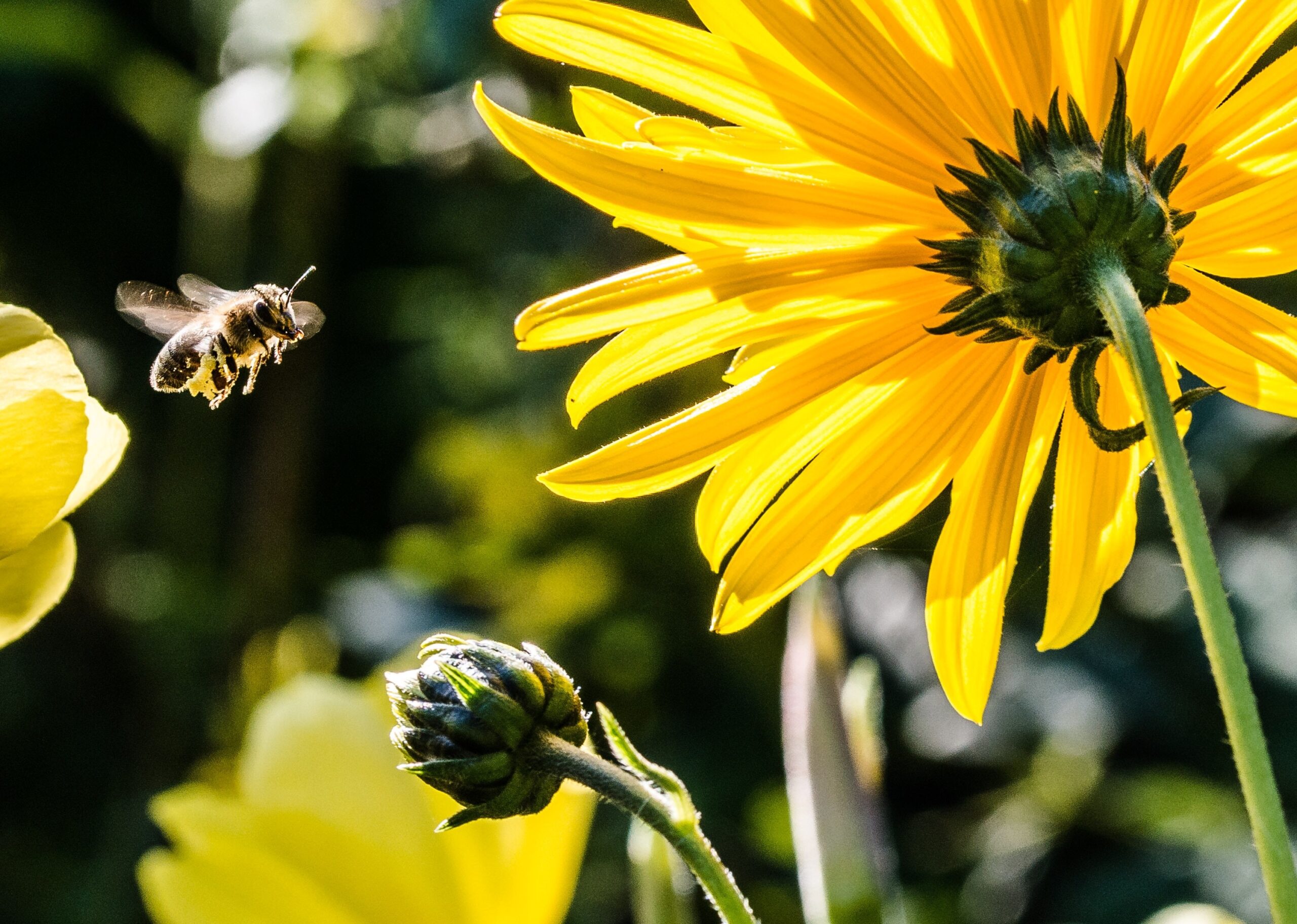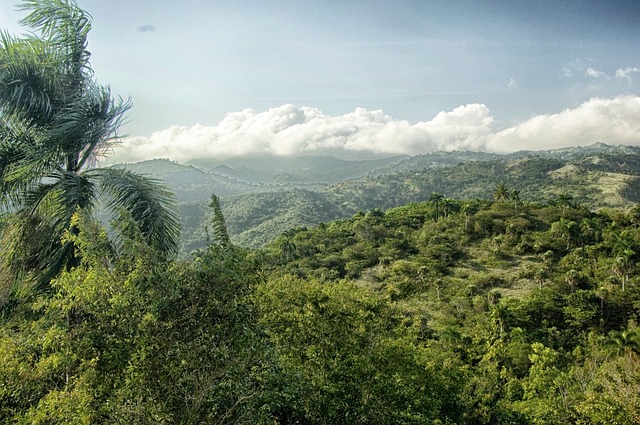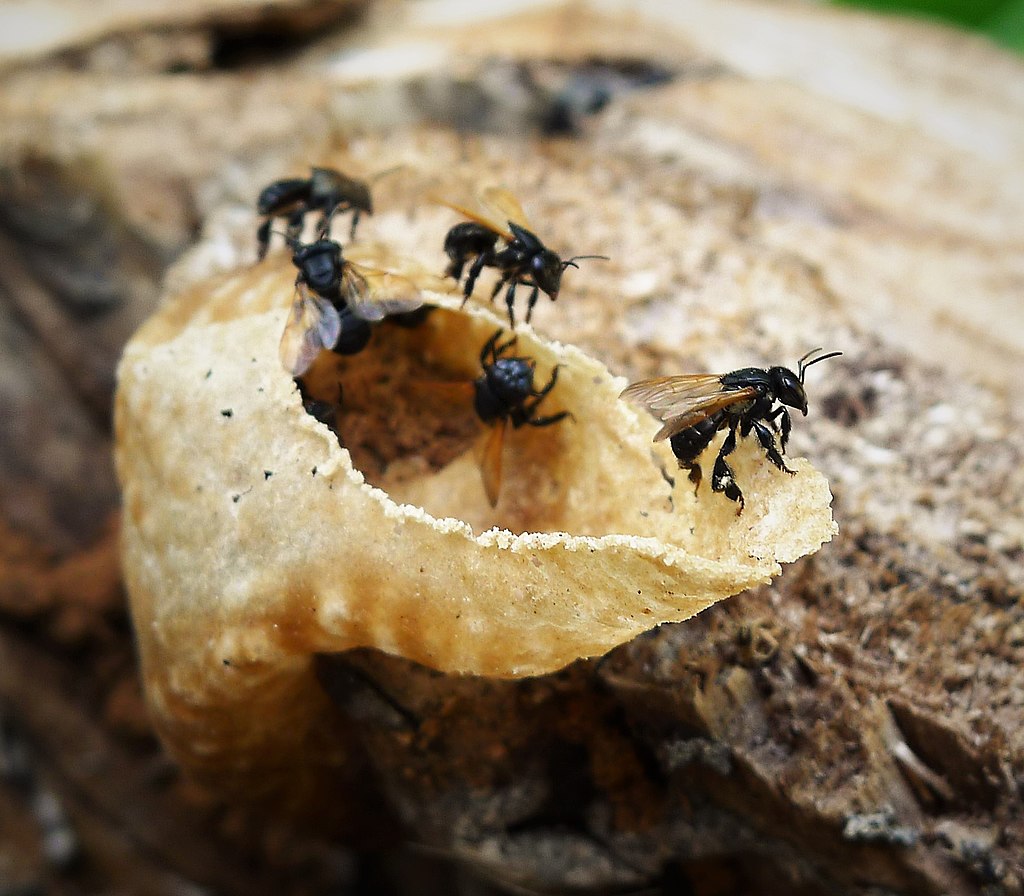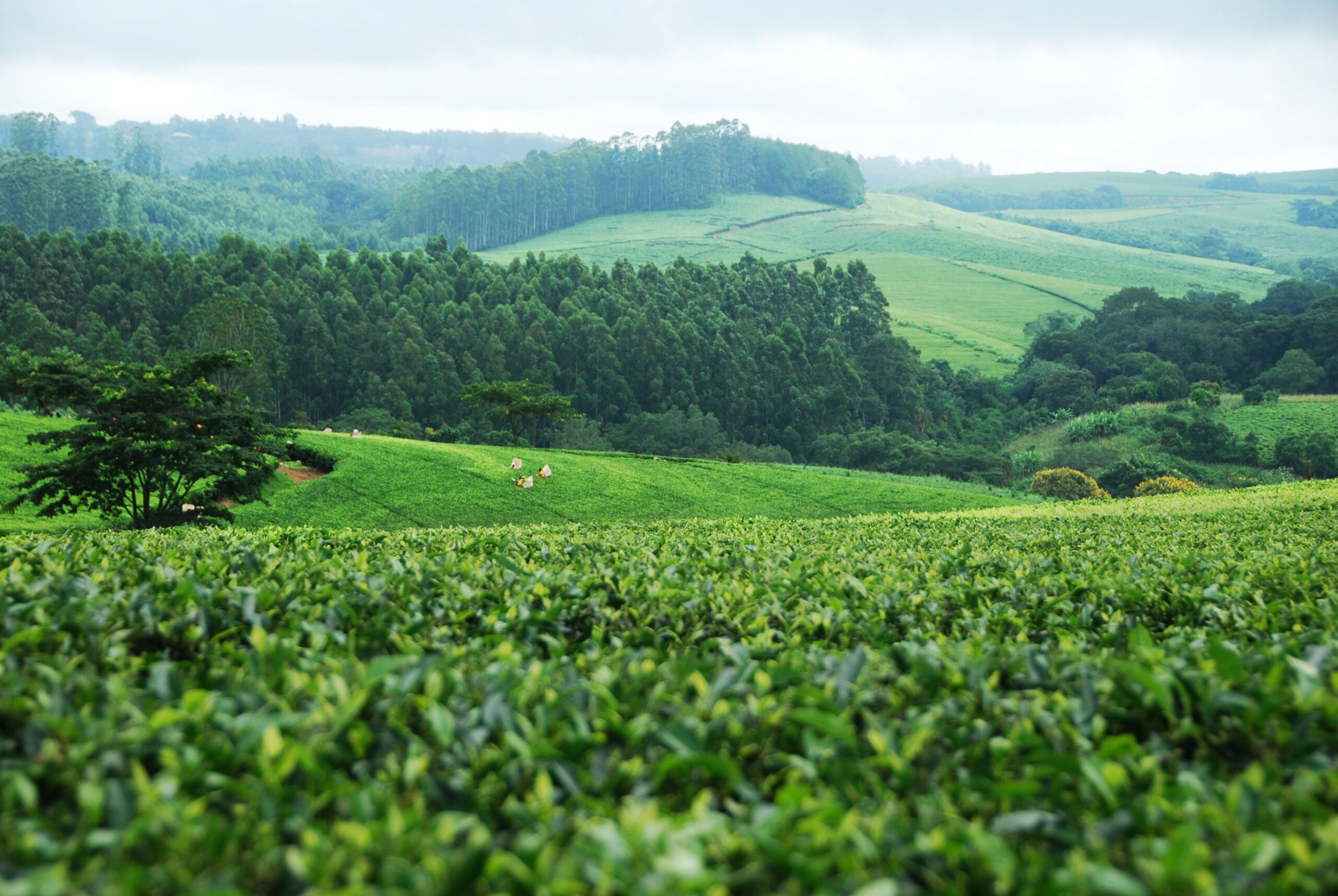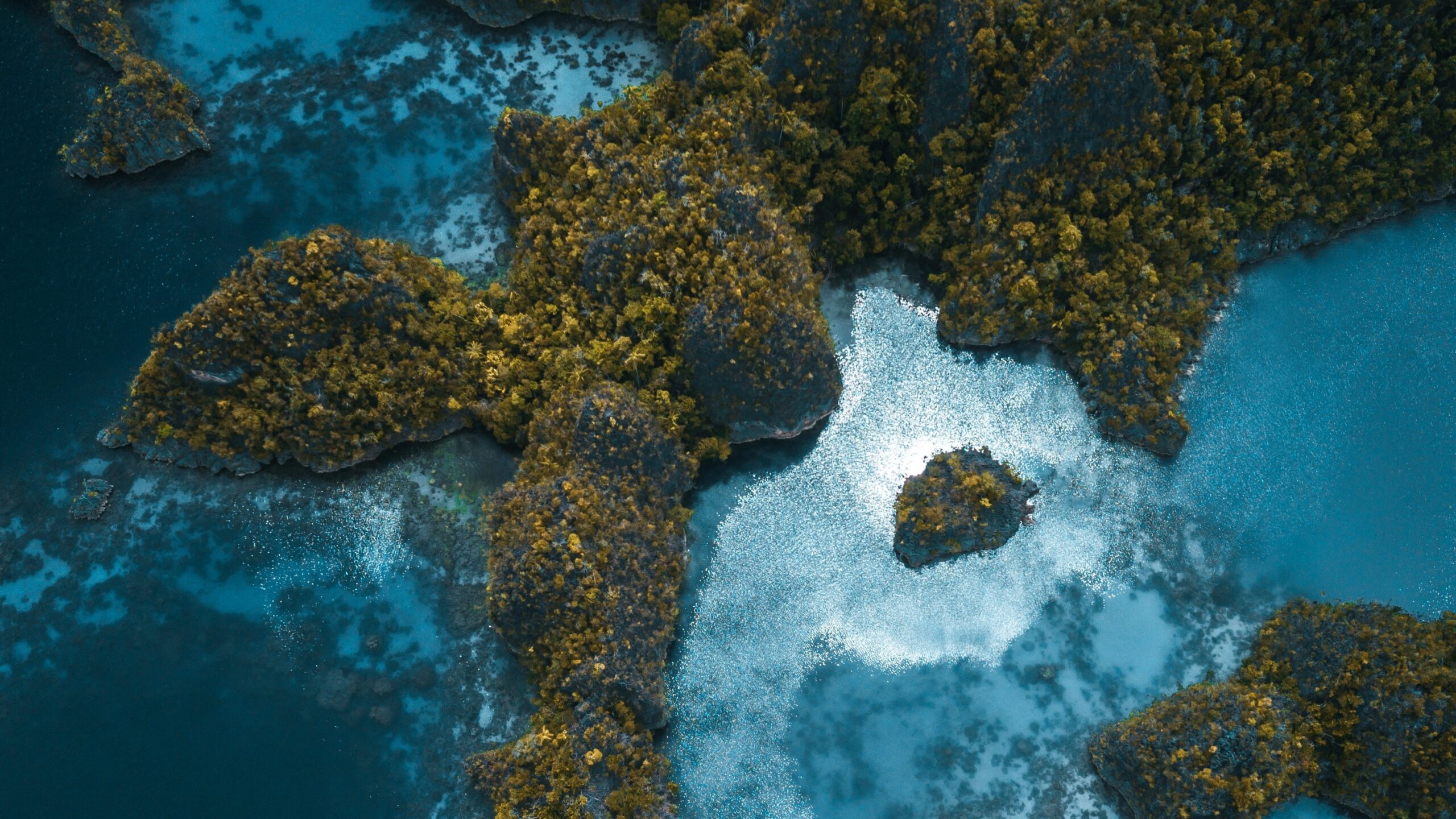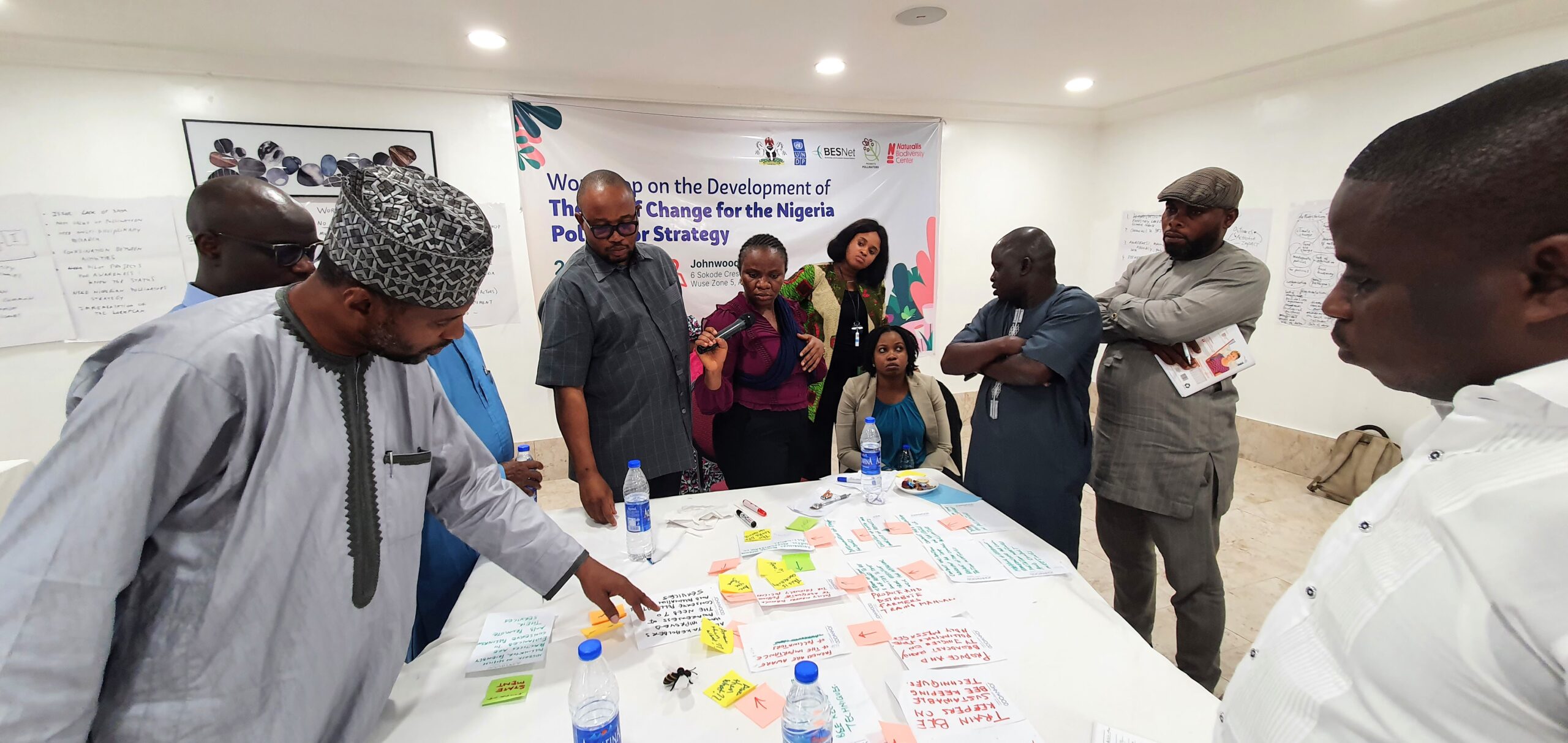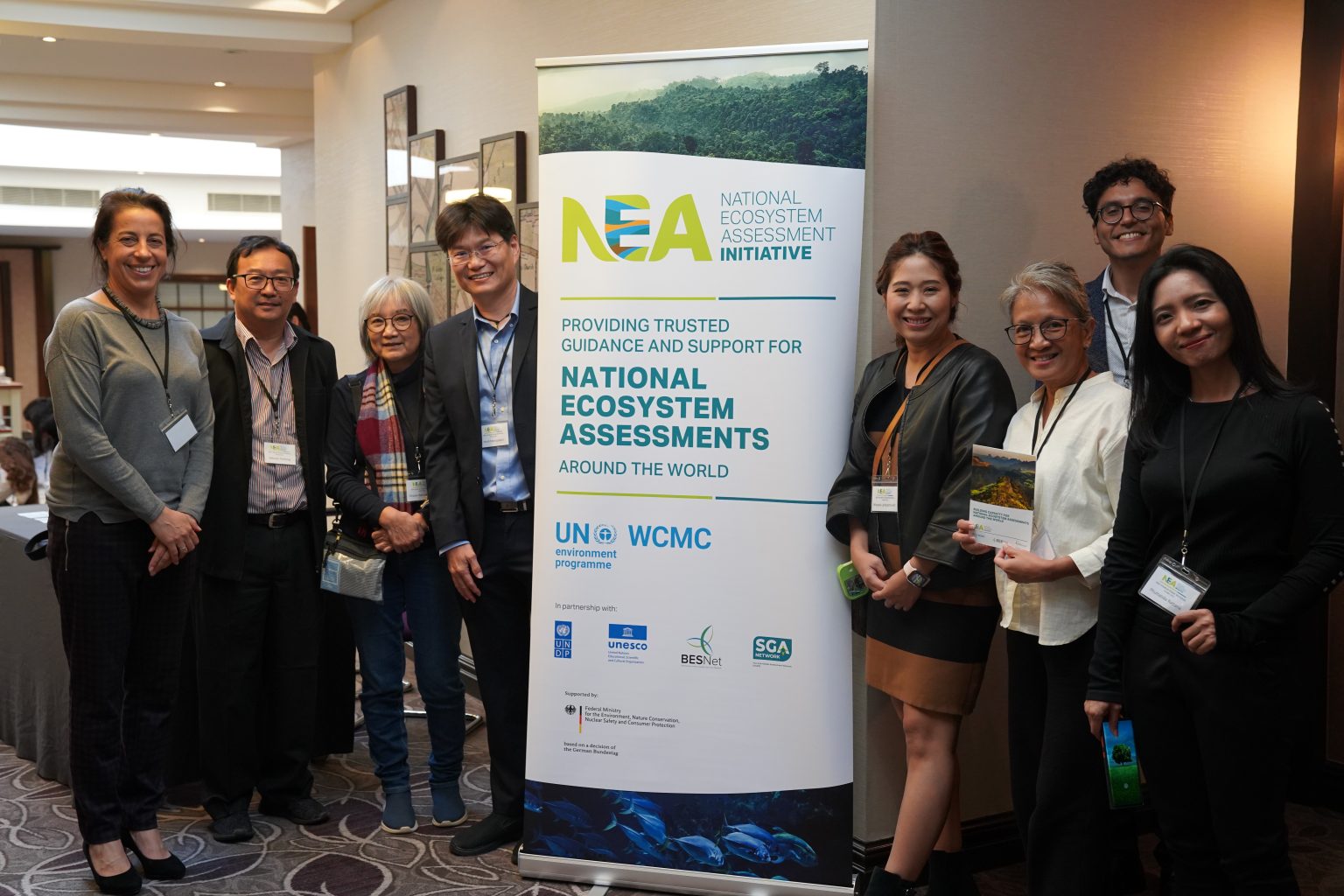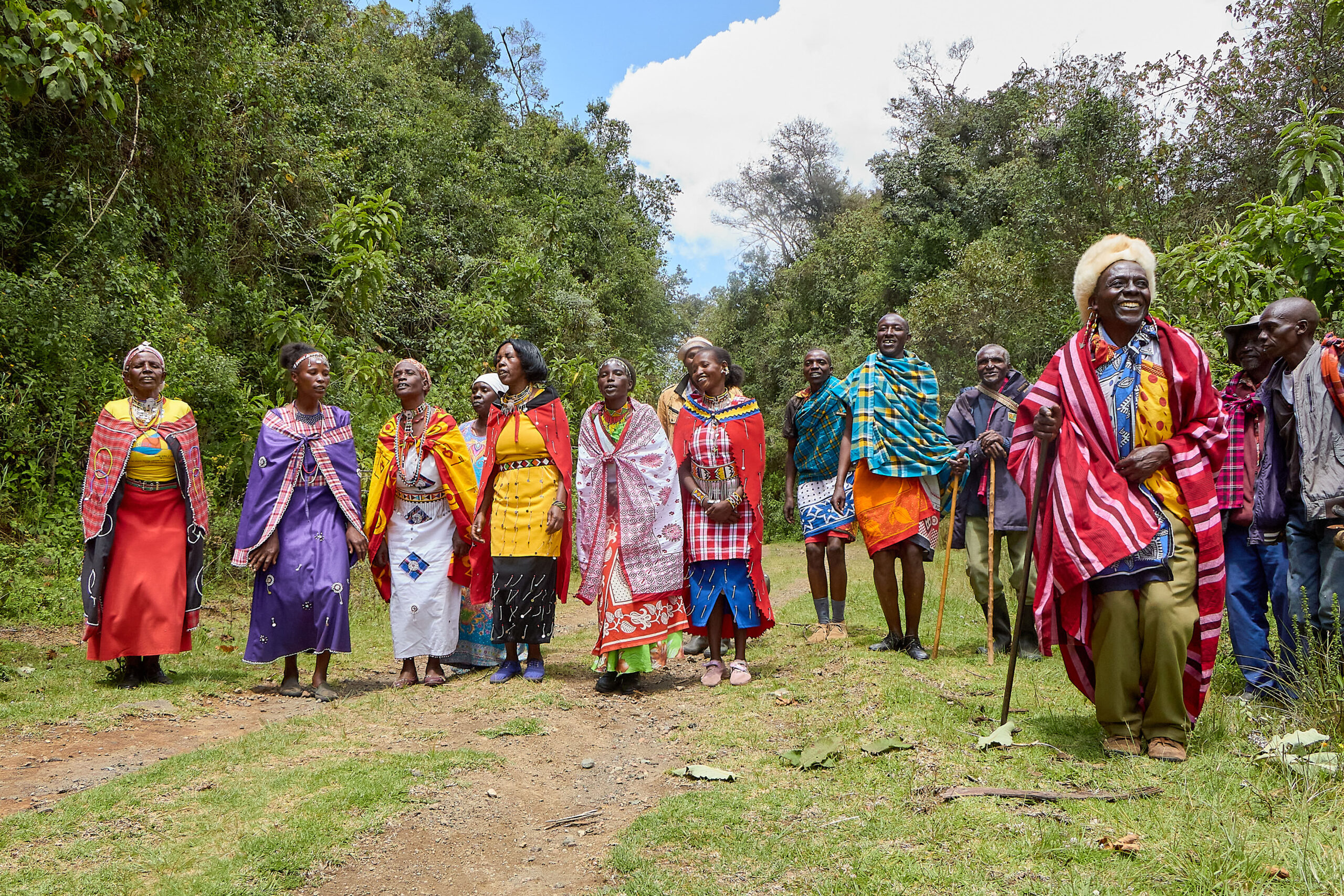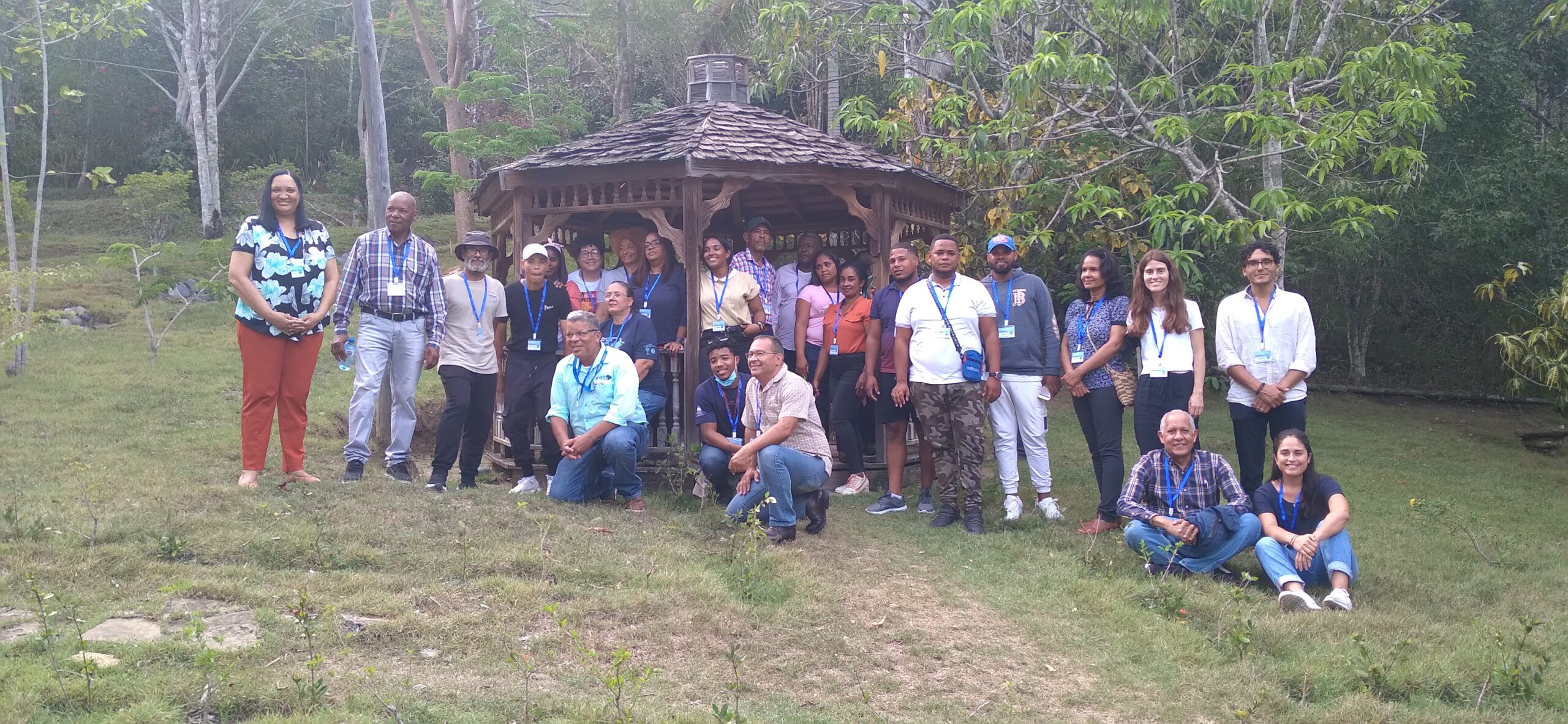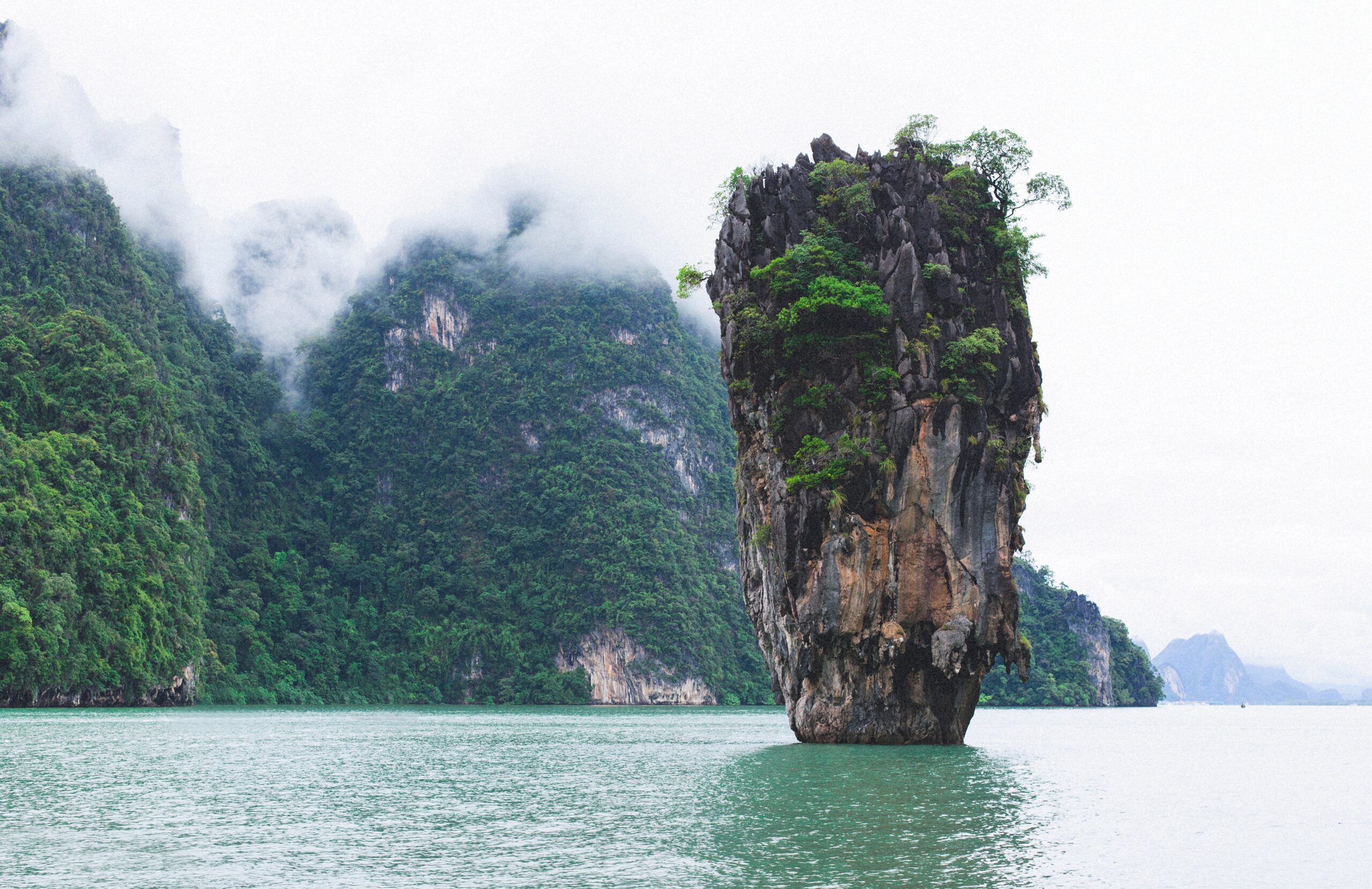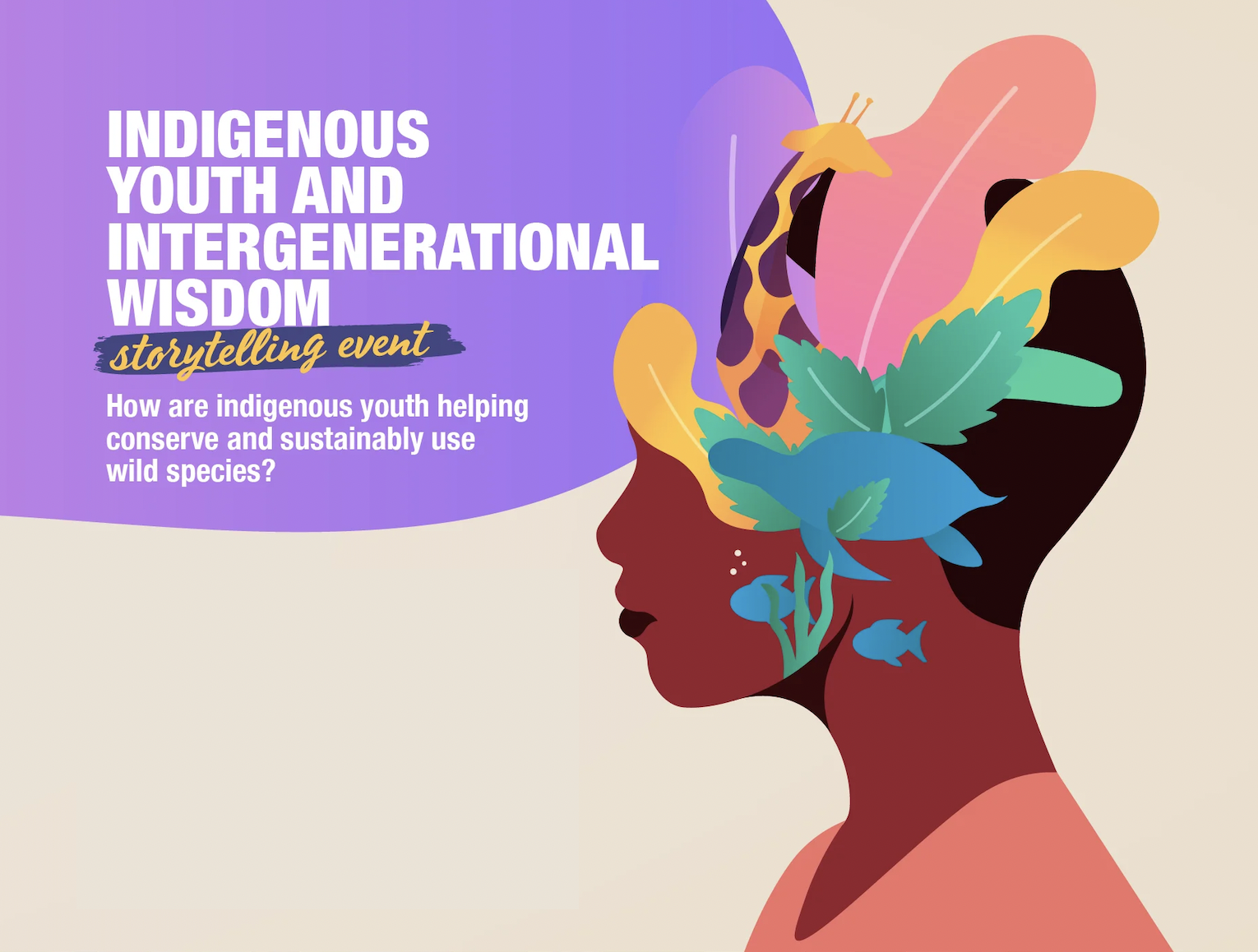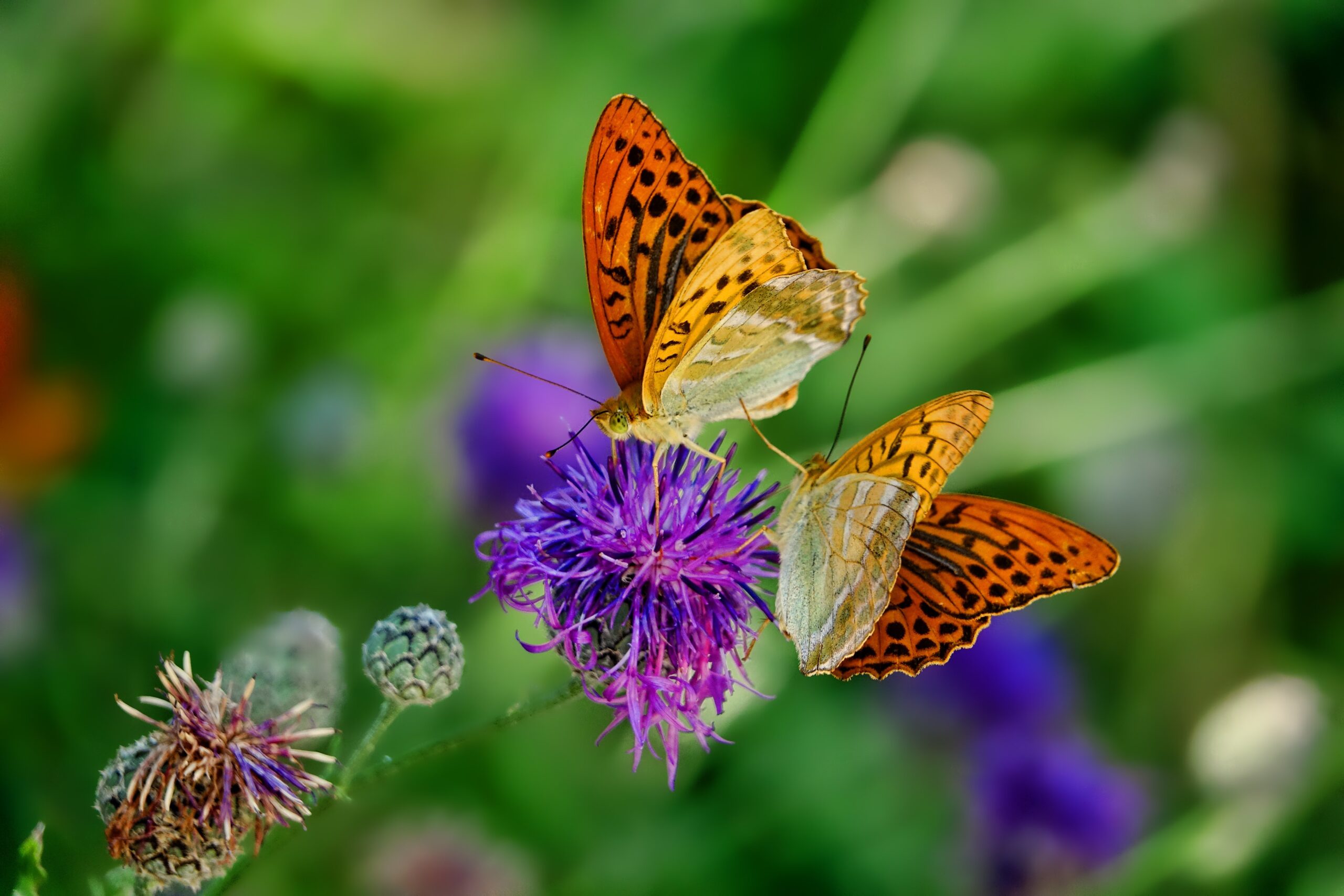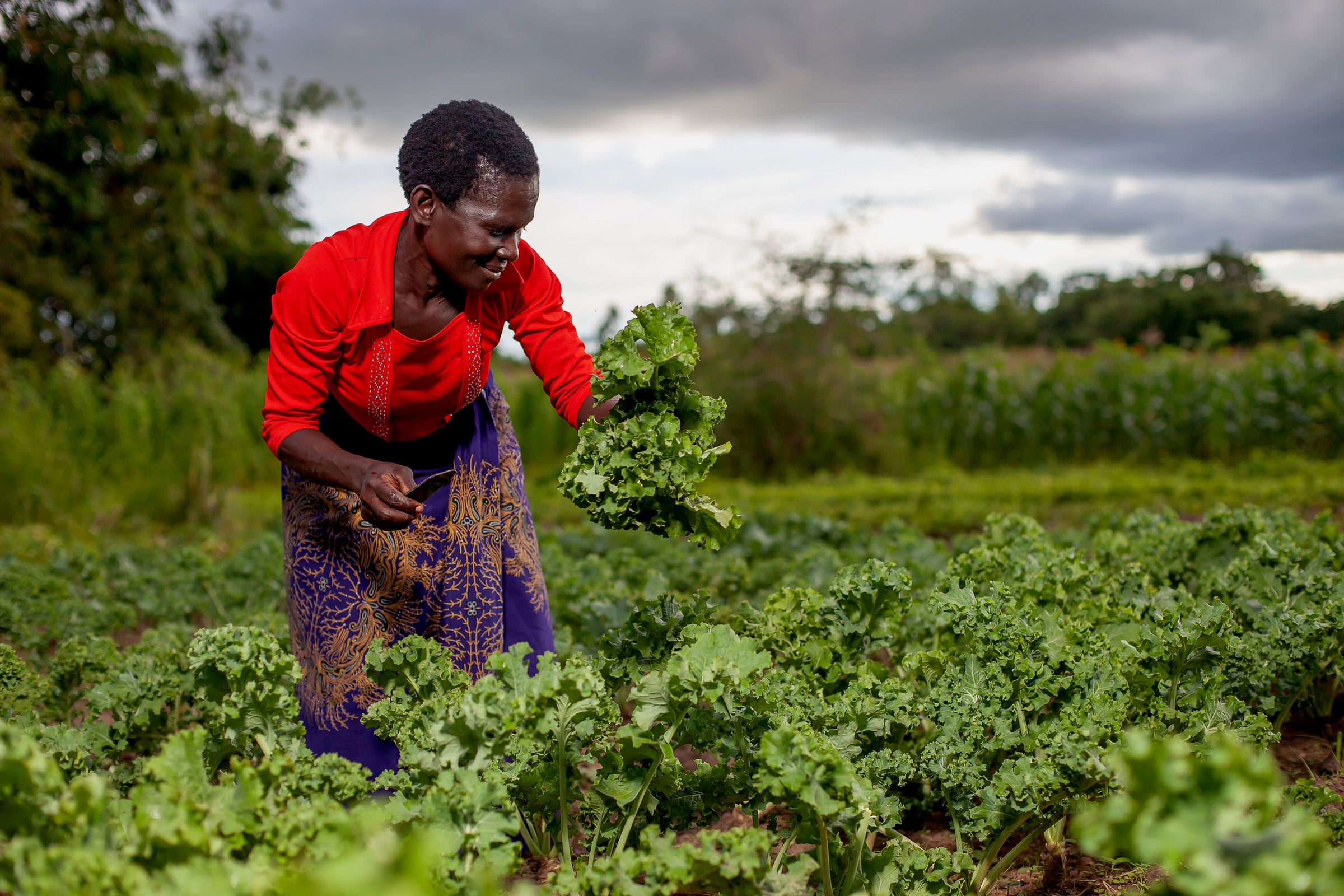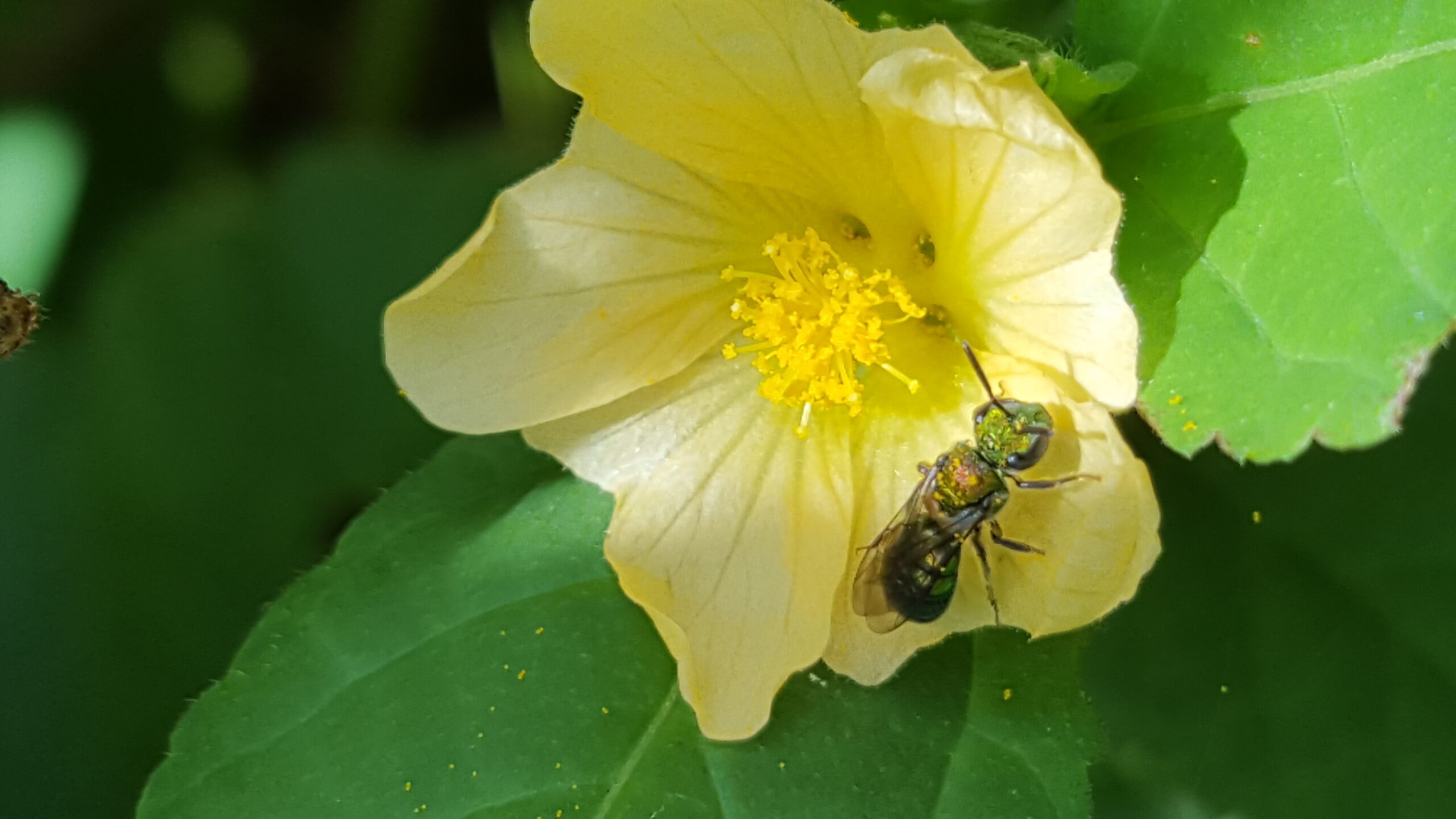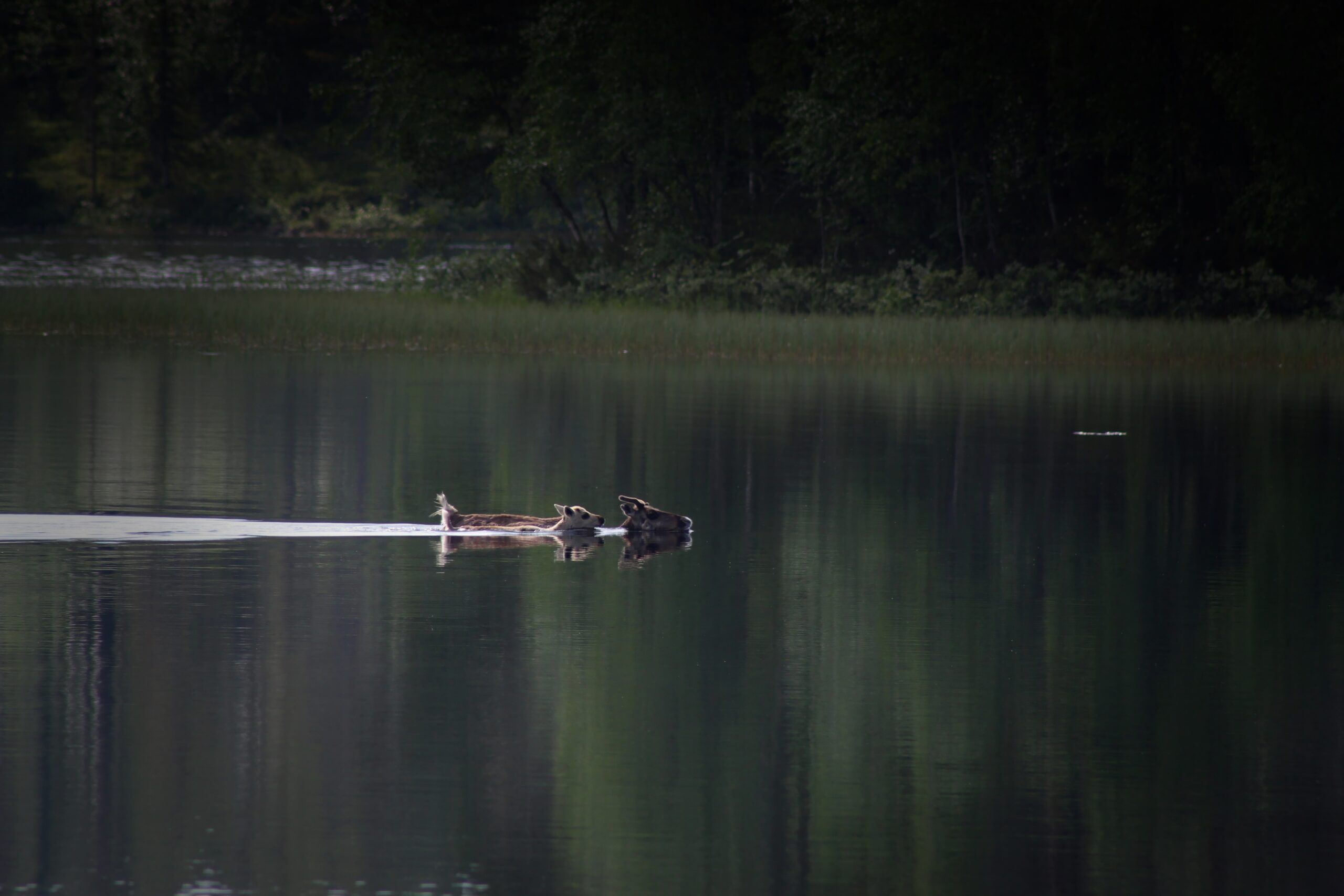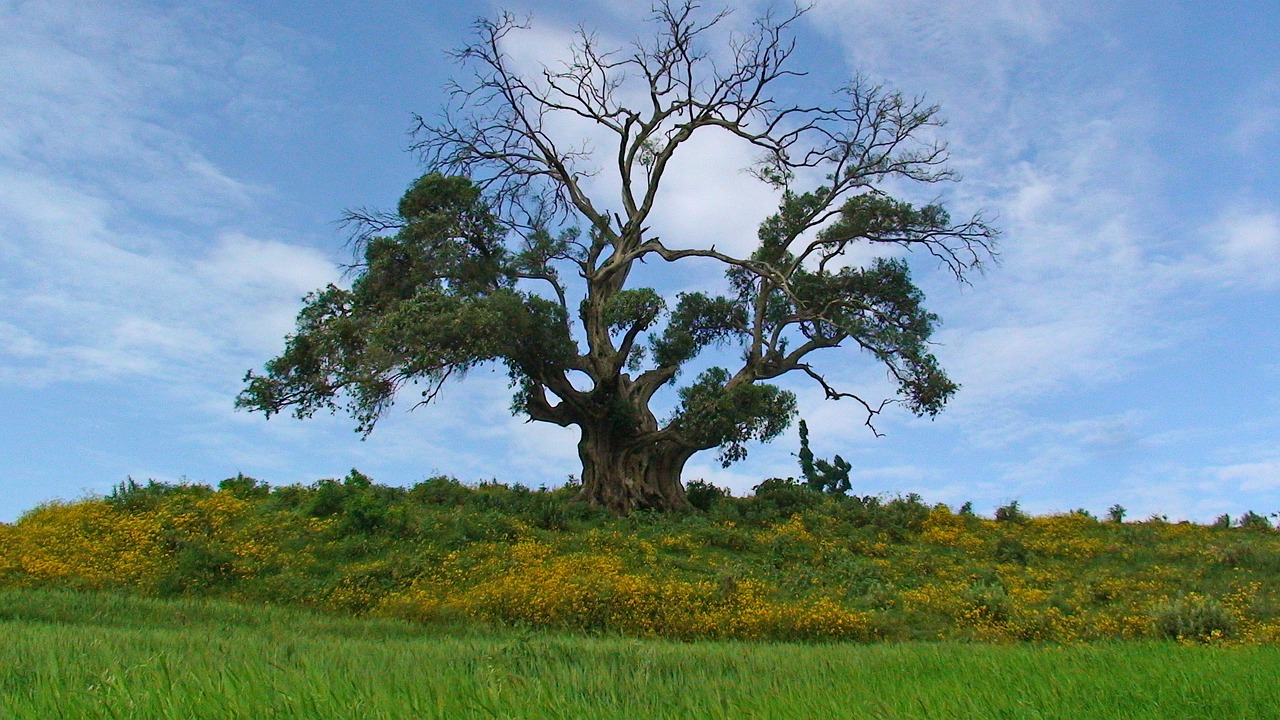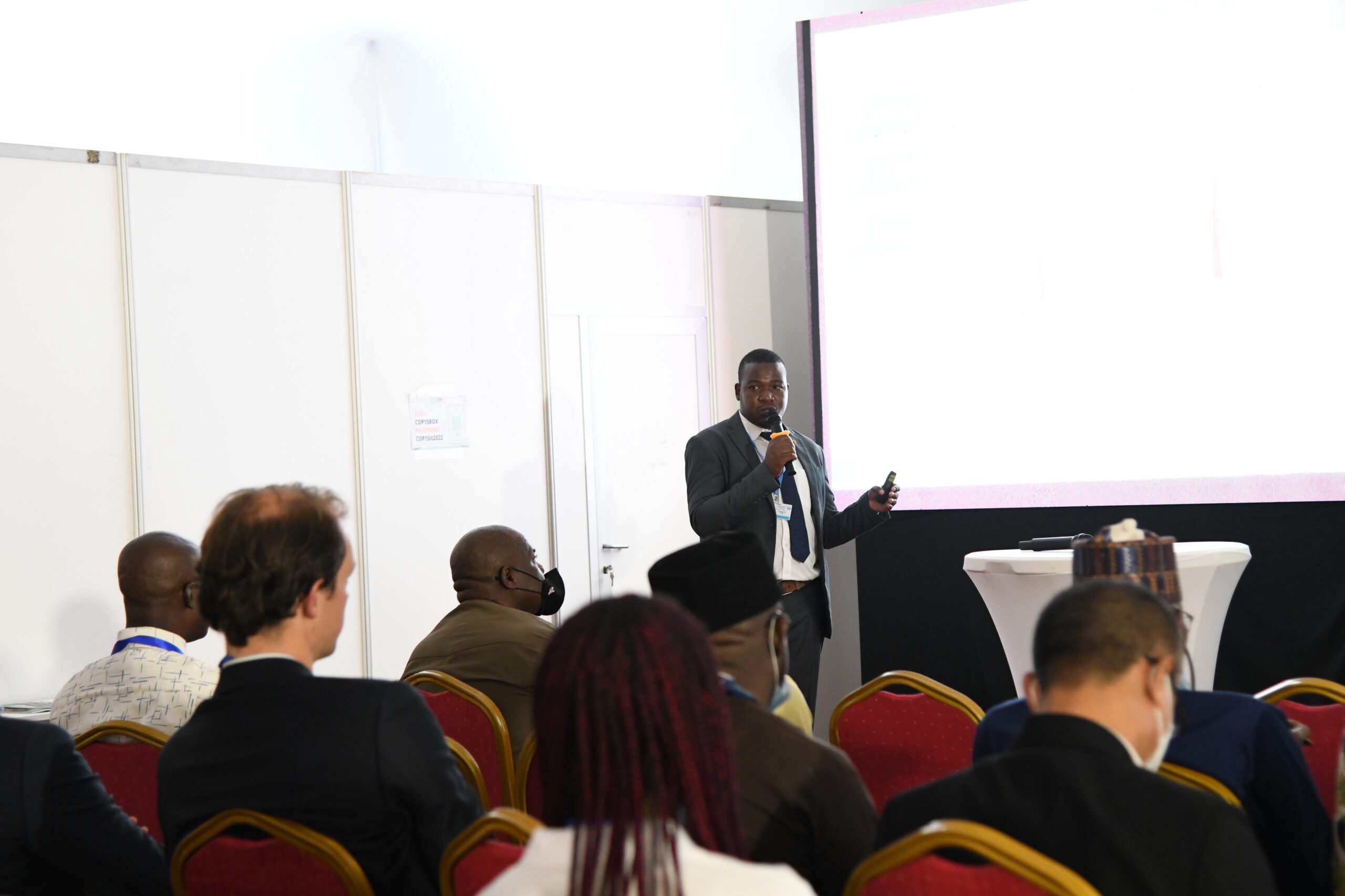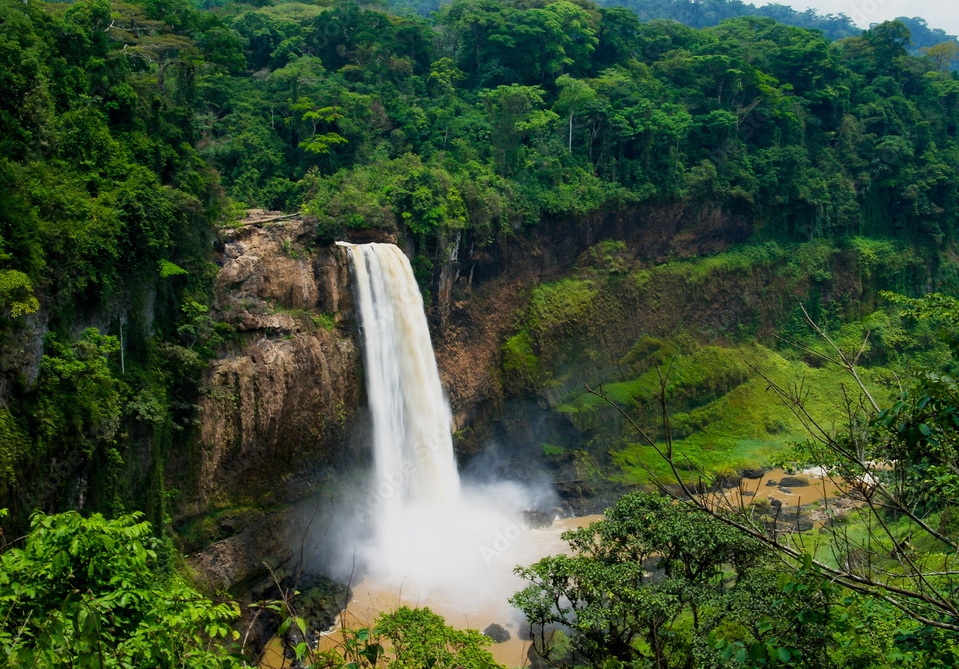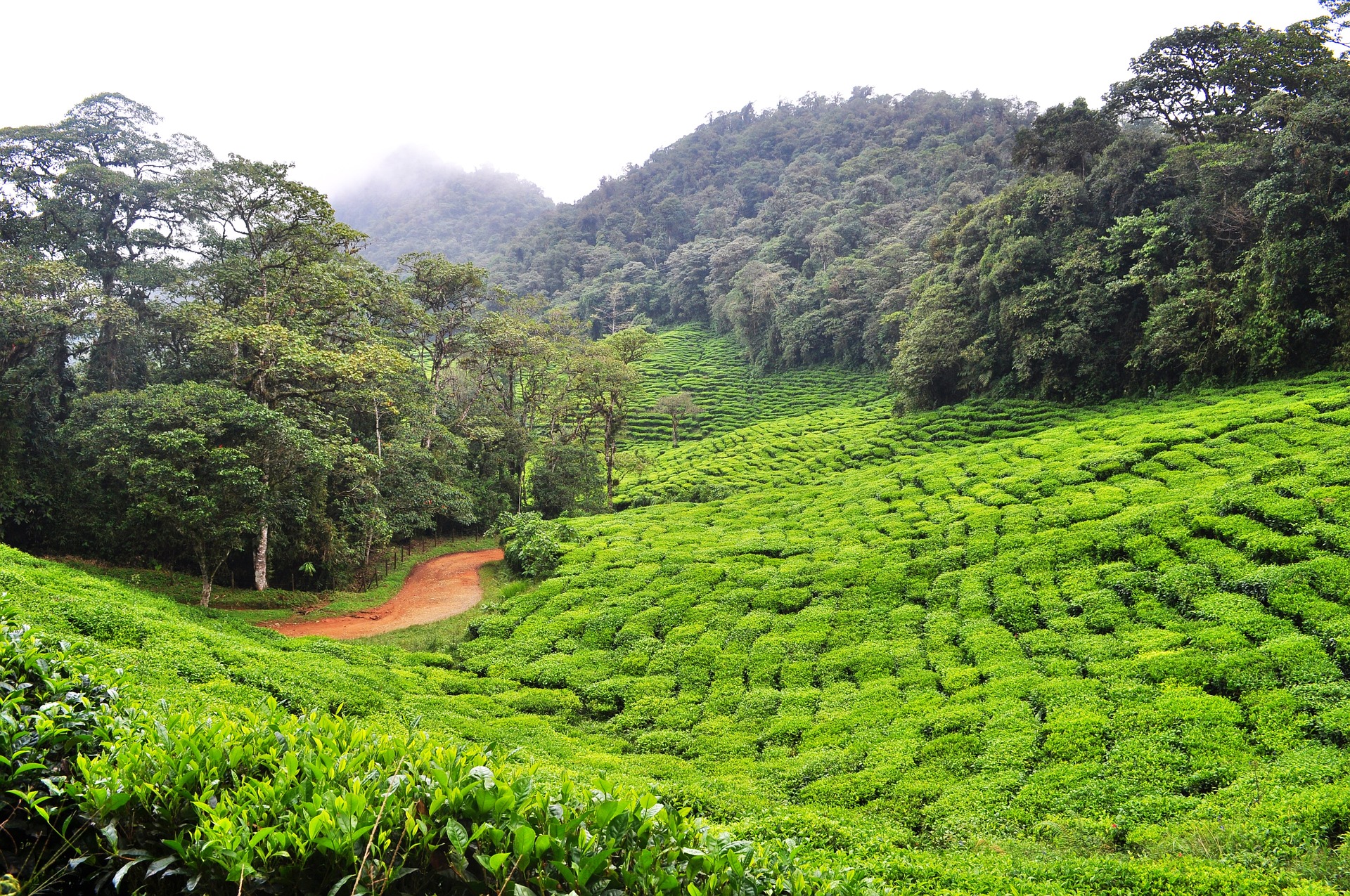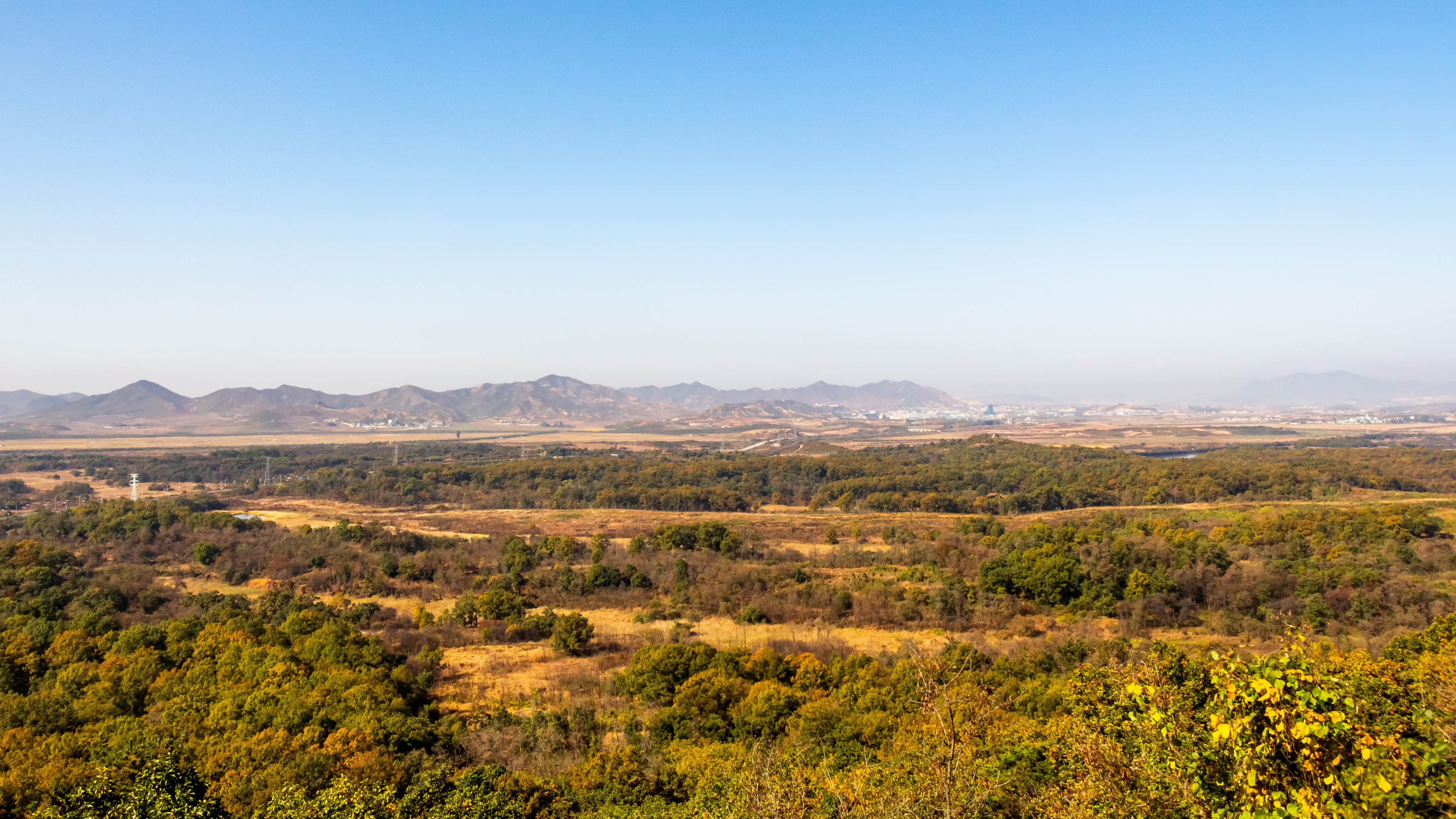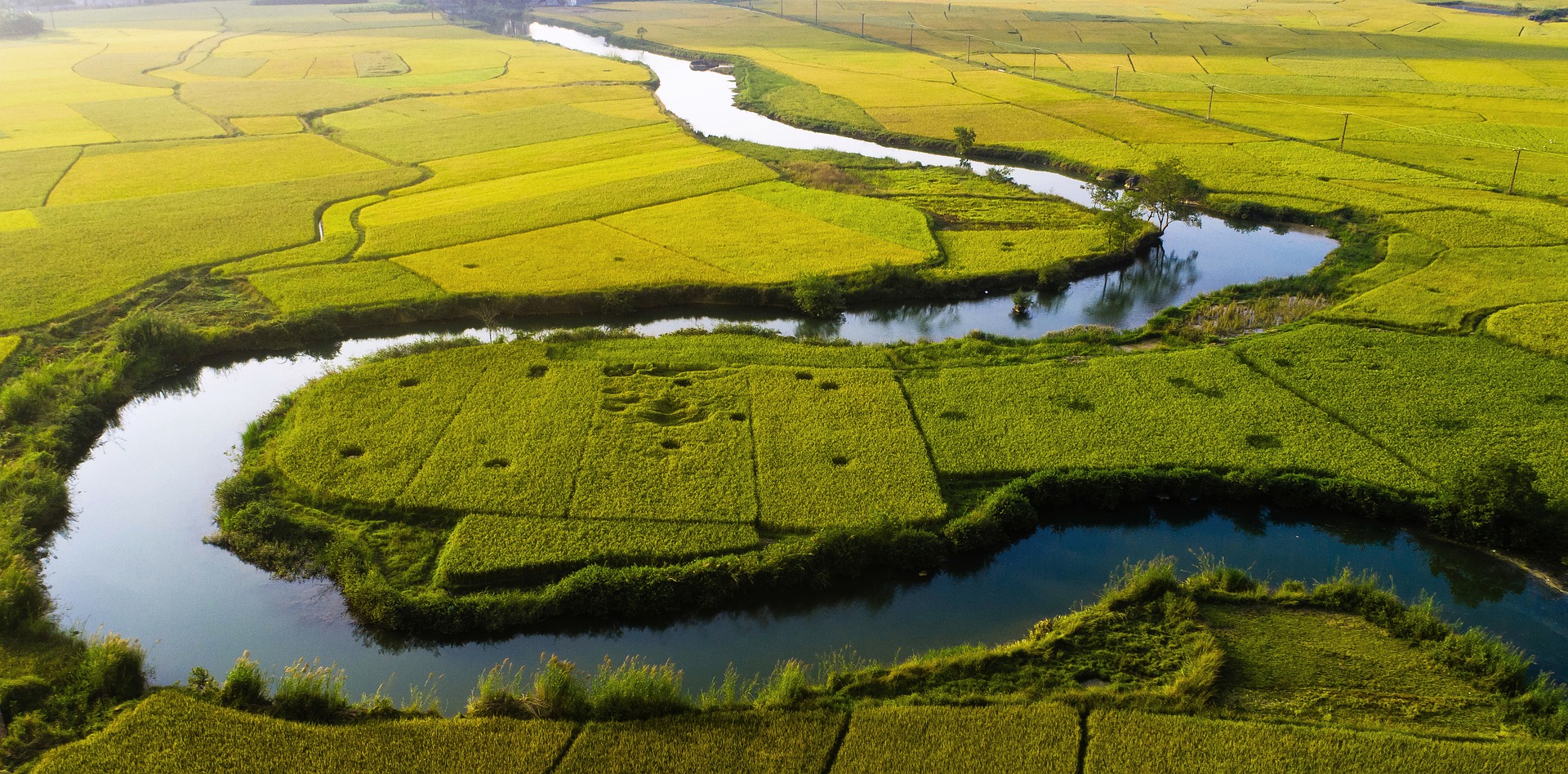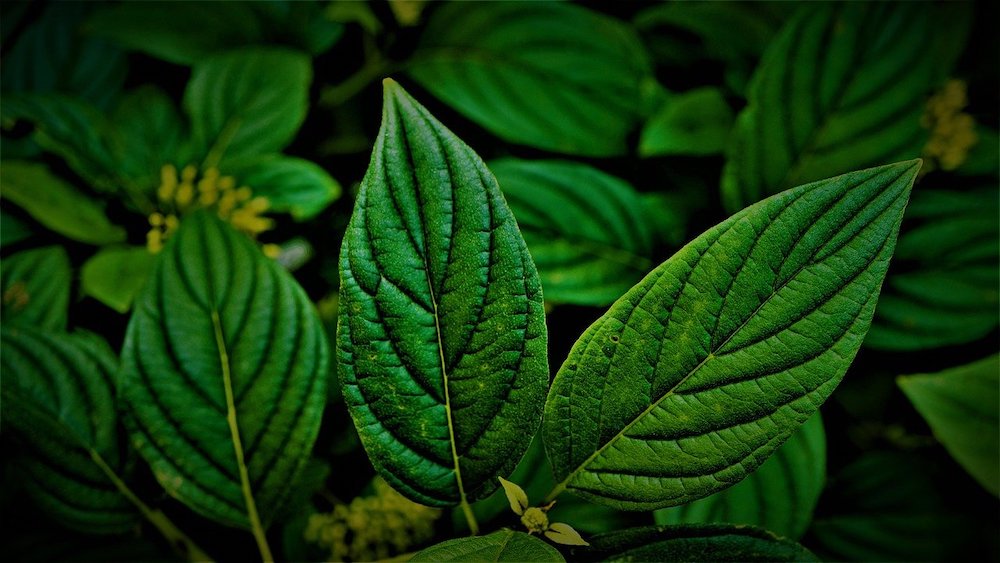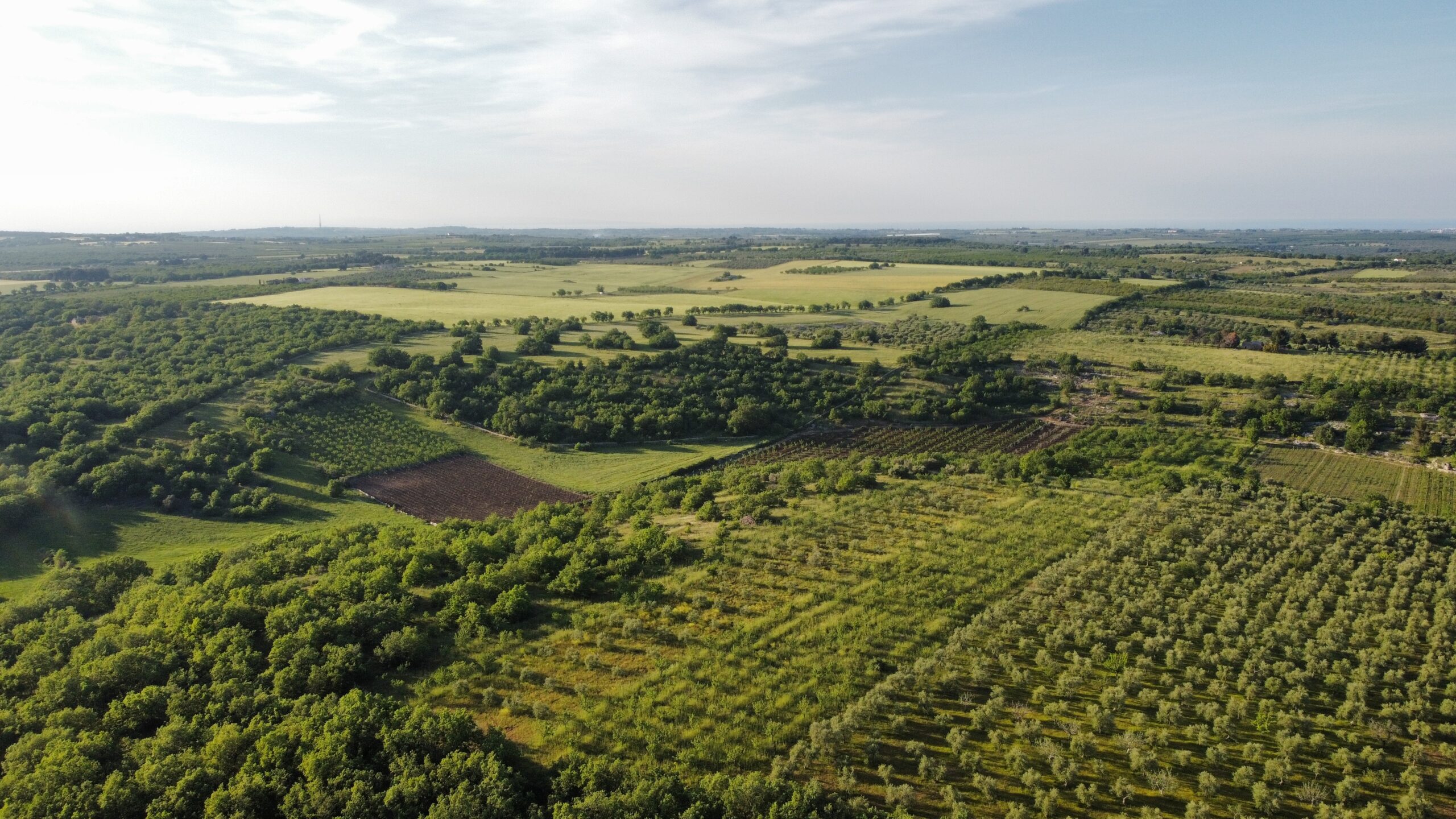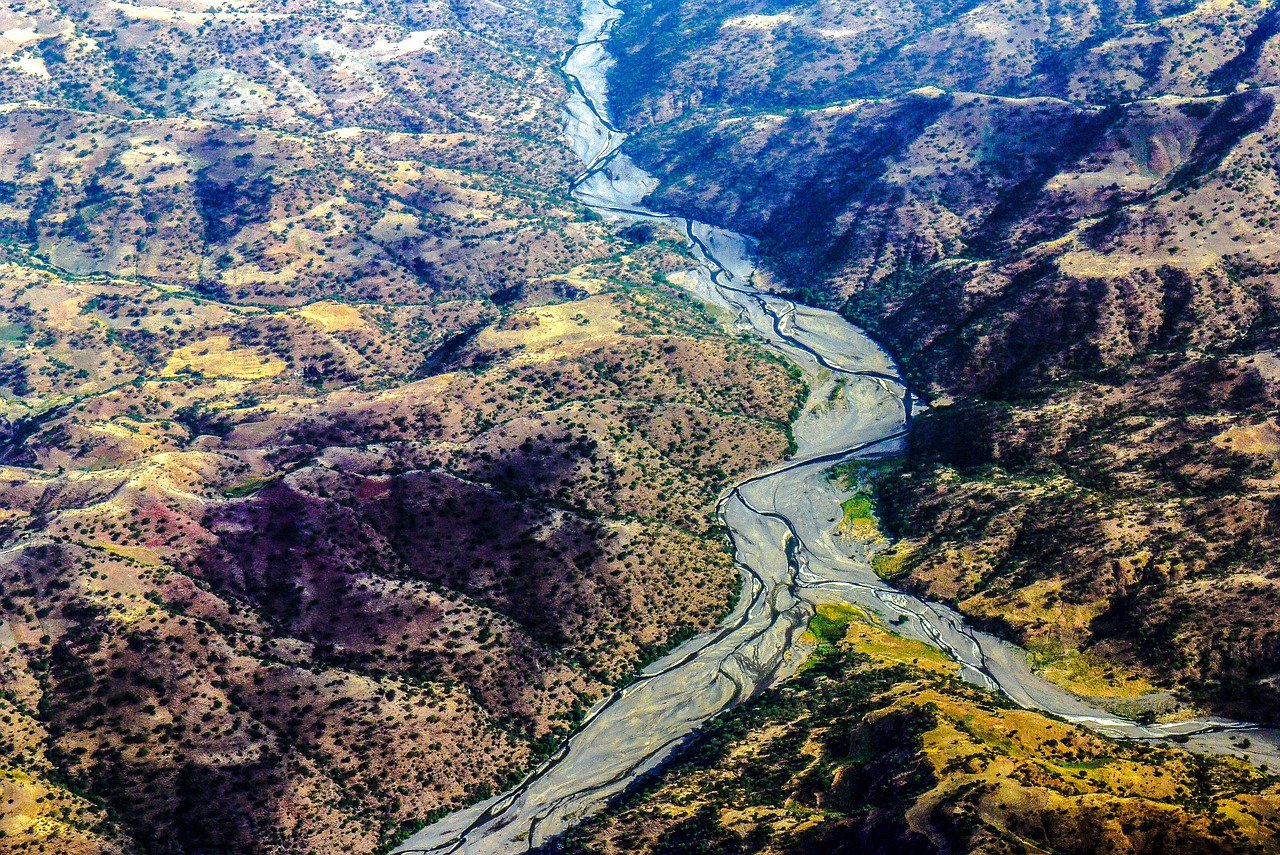Expert Corner: Eric Fokam on the Strategic Efforts for Conserving Wild Species and Combating Invasive Alien Species in Africa
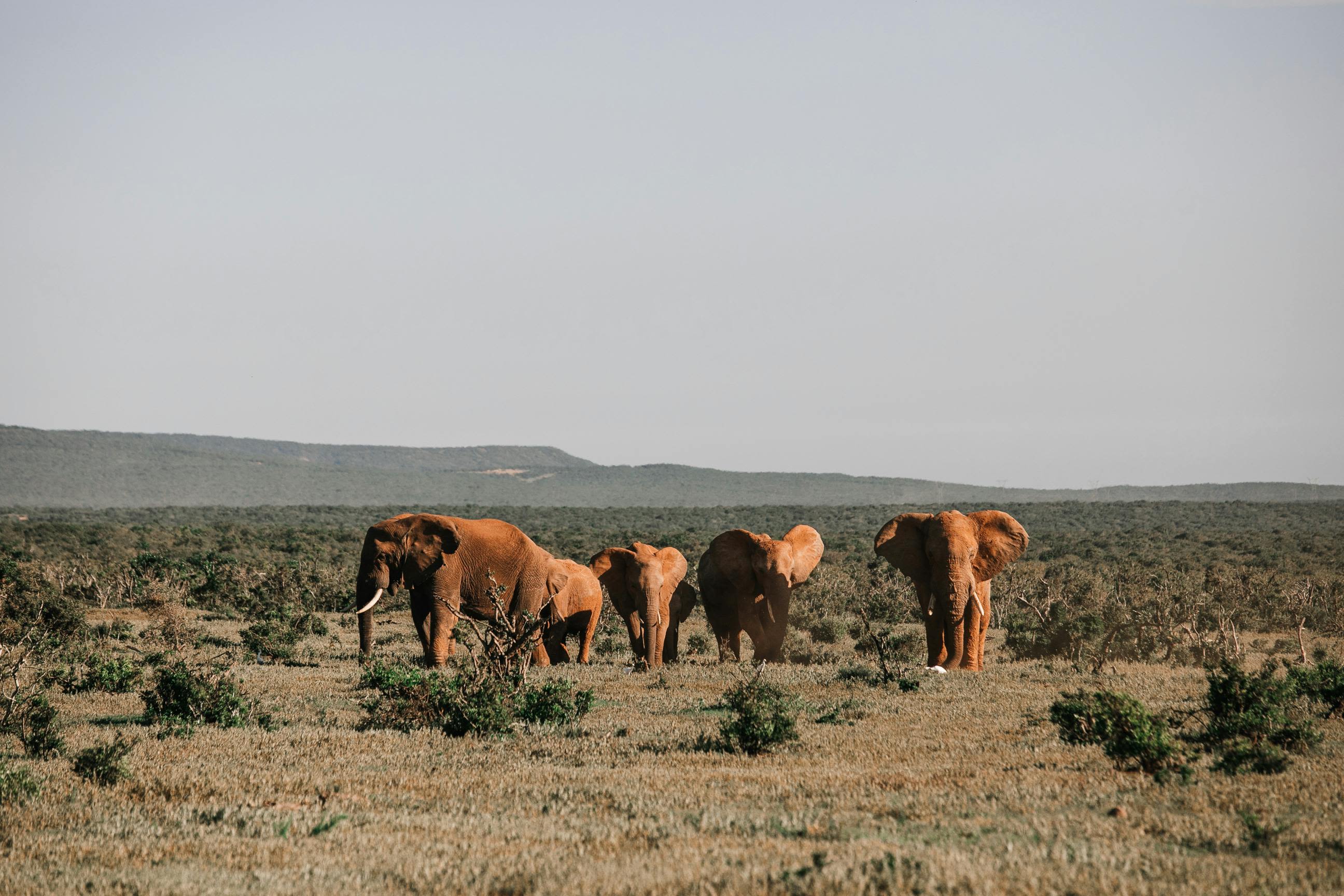
Photo by Rachel Claire from Pexels
Photo by Rachel Claire from Pexels

Eric Bertrand Fokam is a Professor and Head of the Department of Animal Biology and Conservation at the Faculty of Science, University of Buea, Cameroon. He is also a member of the Multidisciplinary Expert Panel of the Intergovernmental Science-Policy Platform on Biodiversity and Ecosystem Services (IPBES). His expertise spans animal diversity, ecology, species interactions and ecosystem services.
Professor Fokam contributes to building capacity as part of the IPBES's second work programme, participating in task forces and expert groups dedicated to enhancing local and regional expertise. He collaborates with the IPBES Bureau, national focal points and other stakeholders to align global biodiversity goals with national development strategies, facilitating uptake workshops and events such as the BES-Net Trialogues. His work supports the sustainable use of biodiversity and the optimization of nature's contributions to people across Africa and beyond.

Eric Bertrand Fokam is a Professor and Head of the Department of Animal Biology and Conservation at the Faculty of Science, University of Buea, Cameroon. He is also a member of the Multidisciplinary Expert Panel of the Intergovernmental Science-Policy Platform on Biodiversity and Ecosystem Services (IPBES). His expertise spans animal diversity, ecology, species interactions and ecosystem services.
Professor Fokam contributes to building capacity as part of the IPBES's second work programme, participating in task forces and expert groups dedicated to enhancing local and regional expertise. He collaborates with the IPBES Bureau, national focal points and other stakeholders to align global biodiversity goals with national development strategies, facilitating uptake workshops and events such as the BES-Net Trialogues. His work supports the sustainable use of biodiversity and the optimization of nature's contributions to people across Africa and beyond.
Africa, despite its rich biodiversity and cultural heritage, is facing increasingly pressing challenges, such as climate change and biodiversity loss.
Invasive alien species stand out among the main drivers of this loss, being responsible for 60% of global extinctions and incurring economic costs of 423 billion dollars in 2019. These species pose a direct threat to food security and livelihoods, particularly for vulnerable populations in West and Central Africa.
It is against this backdrop that the Regional Trialogue for West and Central Africa, held in Abidjan from 11 to 13 June 2024 and organized by the Biodiversity and Ecosystem Services Network, sought to localize global knowledge on nature and translate it into concrete actions. The event brought together decision makers, scientists, researchers and local communities to reflect on inclusive and sustainable solutions.
The BES-Net Regional Trialogue for West and Central Africa
The BES-Net Regional Trialogue for West and Central Africa
Africa, despite its rich biodiversity and cultural heritage, is facing increasingly pressing challenges, such as climate change and biodiversity loss. Invasive alien species stand out among the main drivers of this loss, being responsible for 60% of global extinctions and incurring economic costs of 423 billion dollars in 2019. These species pose a direct threat to food security and livelihoods, particularly for vulnerable populations in West and Central Africa.
It is against this backdrop that the Regional Trialogue for West and Central Africa, held in Abidjan from 11 to 13 June 2024 and organized by the Biodiversity and Ecosystem Services Network, sought to localize global knowledge on nature and translate it into concrete actions. The event brought together decision makers, scientists, researchers and local communities to reflect on inclusive and sustainable solutions.
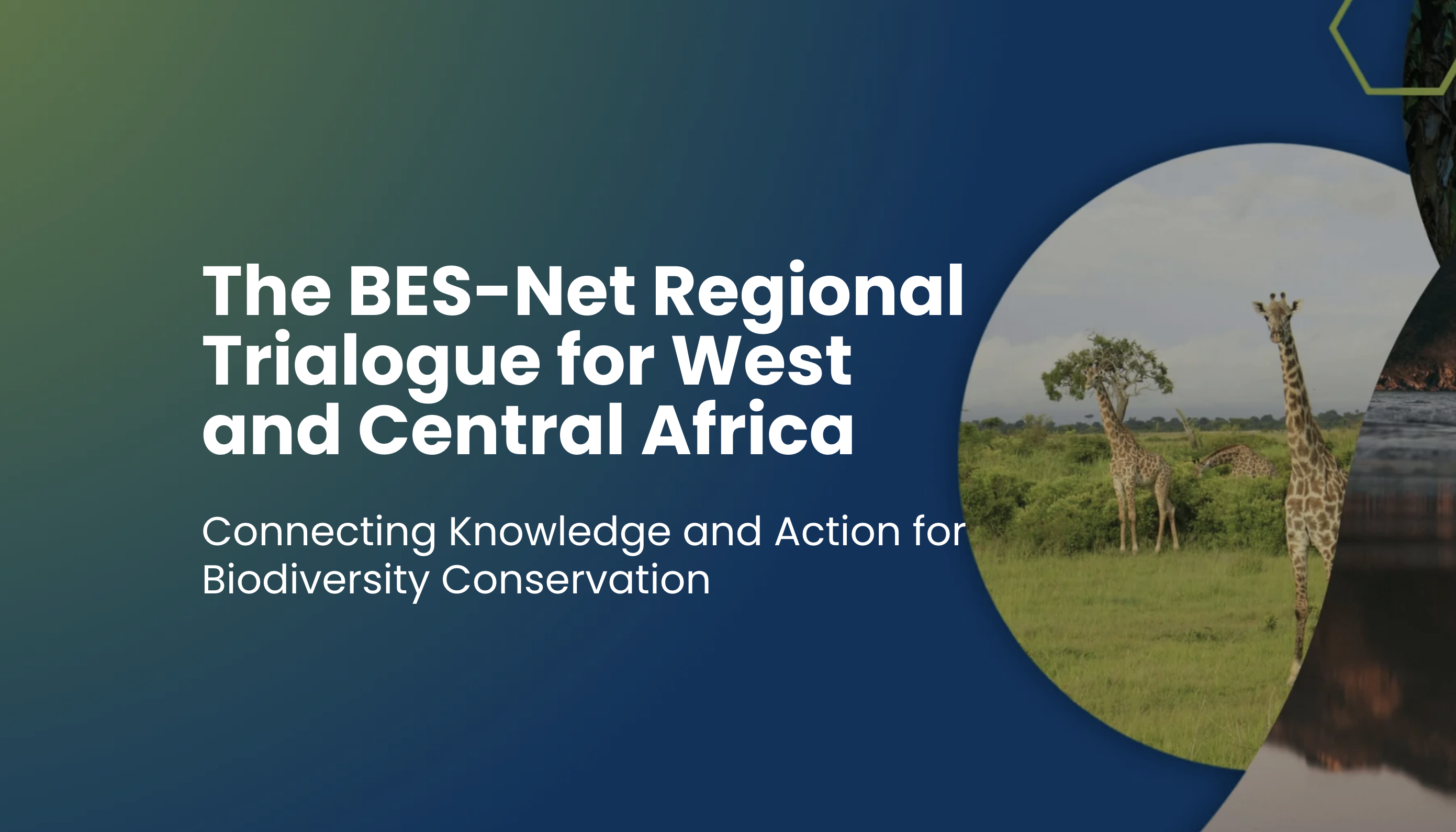
The BES-Net Regional Trialogue for West and Central Africa
The BES-Net Regional Trialogue for West and Central Africa
Among the key players at this event was Eric Fokam, a professor at the University of Buea in Cameroon and a member of the Multidisciplinary Expert Panel of the Intergovernmental Science-Policy Platform on Biodiversity and Ecosystem Services (IPBES).
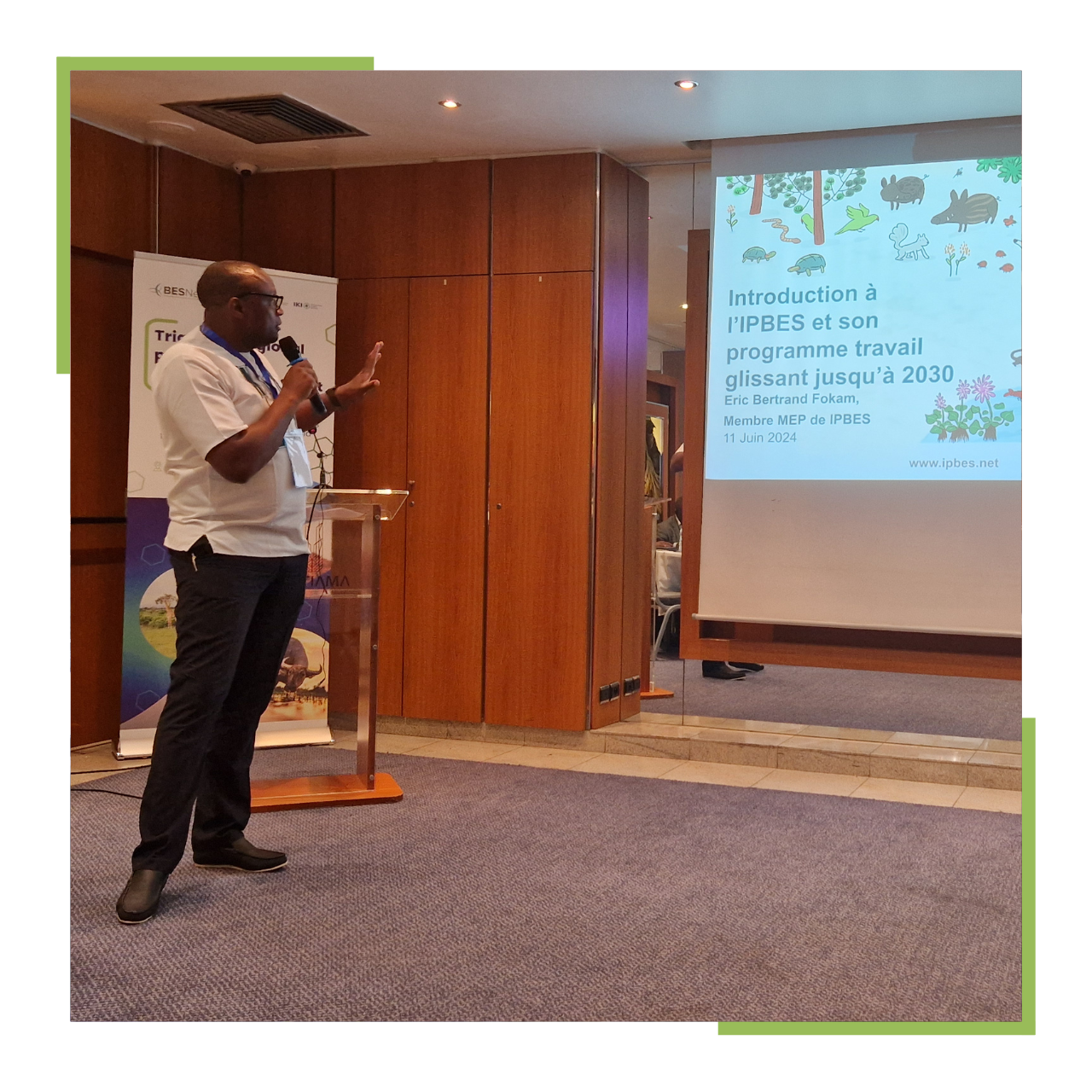
Professor Eric Bertrand Fokam giving a presentation on IPBES and its rolling work programme up to 2030
Professor Eric Bertrand Fokam giving a presentation on IPBES and its rolling work programme up to 2030
As co-facilitator of the Trialogue, his expertise and commitment were instrumental in transforming the results of the IPBES assessments into actions adapted to West and Central Africa. Thanks to his contribution, the Trialogue successfully created a space for dialogue and exchange, which is essential for tackling intertwined challenges posed by invasive alien species and unsustainable use of wildlife.
Our conversation with Eric Fokam illustrates the importance of this event and the prospects it opens up for the future of biodiversity in Africa.

Professor Eric Bertrand Fokam giving a presentation on IPBES and its rolling work programme up to 2030
Professor Eric Bertrand Fokam giving a presentation on IPBES and its rolling work programme up to 2030
Among the key players at this event was Eric Fokam, a professor at the University of Buea in Cameroon and a member of the Multidisciplinary Expert Panel of the Intergovernmental Science-Policy Platform on Biodiversity and Ecosystem Services (IPBES). As co-facilitator of the Trialogue, his expertise and commitment were instrumental in transforming the results of the IPBES assessments into actions adapted to West and Central Africa. Thanks to his contribution, the Trialogue successfully created a space for dialogue and exchange, which is essential for tackling intertwined challenges posed by invasive alien species and unsustainable use of wildlife.
Our conversation with Eric Fokam illustrates the importance of this event and the prospects it opens up for the future of biodiversity in Africa.
Could you explain what invasive alien species are and why they are a threat to biodiversity?
Invasive alien species are species that have been displaced from their natural habitats by human activity to areas where they were not previously present. This displacement may be voluntary, often for aesthetic or productive reasons, but once introduced into new environments, these species can escape control and begin to colonize habitats. They then disrupt local ecosystems, which can have devastating effects on biodiversity, undermine the well-being of local populations and cause significant economic costs.
What is the main objective of IPBES’ work on these invasive species?
At IPBES, our goal is to provide robust and reliable scientific assessments of the state of knowledge on biodiversity and ecosystem services. For invasive alien species, we seek to understand their global impact and to formulate practical options for decision makers. These findings are essential to help countries implement prevention and management strategies because, as experts emphasize, prevention is often the only truly effective way of combating these biological invasions.
How do these assessments translate on the ground, particularly in developing countries?
A key part of our work involves adapting the results of these assessments to the local contexts of West and Central African countries. This includes localizing the data, sharing experiences between countries and developing solutions tailored to national contexts. For example, we work with local institutions to strengthen legislation and regulations on the management of invasive alien species and we support the co-creation of practical and sustainable solutions to mitigate the impacts of these species.
Why is the sustainable use of wild species a crucial issue for biodiversity conservation?
Wild species are essential to the survival of many populations, particularly in developing countries. They provide vital resources such as food, medicine, building materials and much more. Over 50,000 species of plants, animals and other forms of biodiversity are utilized to meet human needs. Ensuring the sustainable use of these resources is crucial not only for the conservation of biodiversity but also for the economic and social well-being of populations.
Image captions
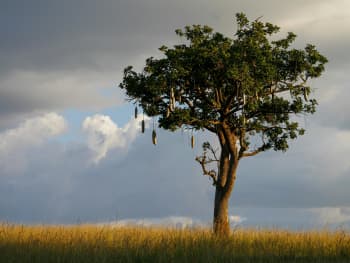 Image 1
Image 1Photo by Lil
Could you explain what invasive alien species are and why they are a threat to biodiversity?
Invasive alien species are species that have been displaced from their natural habitats by human activity to areas where they were not previously present. This displacement may be voluntary, often for aesthetic or productive reasons, but once introduced into new environments, these species can escape control and begin to colonize habitats. They then disrupt local ecosystems, which can have devastating effects on biodiversity, undermine the well-being of local populations and cause significant economic costs.
What is the main objective of IPBES’ work on these invasive species?
At IPBES, our goal is to provide robust and reliable scientific assessments of the state of knowledge on biodiversity and ecosystem services. For invasive alien species, we seek to understand their global impact and to formulate practical options for decision makers. These findings are essential to help countries implement prevention and management strategies because, as experts emphasize, prevention is often the only truly effective way of combating these biological invasions.
How do these assessments translate on the ground, particularly in developing countries?
A key part of our work involves adapting the results of these assessments to the local contexts of West and Central African countries. This includes localizing the data, sharing experiences between countries and developing solutions tailored to national contexts. For example, we work with local institutions to strengthen legislation and regulations on the management of invasive alien species and we support the co-creation of practical and sustainable solutions to mitigate the impacts of these species.
Why is the sustainable use of wild species a crucial issue for biodiversity conservation?
Wild species are essential to the survival of many populations, particularly in developing countries. They provide vital resources such as food, medicine, building materials and much more. Over 50,000 species of plants, animals and other forms of biodiversity are utilized to meet human needs. Ensuring the sustainable use of these resources is crucial not only for the conservation of biodiversity but also for the economic and social well-being of populations.
Image captions
 Image 1
Image 1Photo by Lil

 In this inspiring clip, Dr. Eric Fokam explains how @IPBES is embedding early-career scientists in key biodiversity assessments, pairing them with expert mentors.
It’s all about preparing the next generation to lead the charge for biodiversity!
In this inspiring clip, Dr. Eric Fokam explains how @IPBES is embedding early-career scientists in key biodiversity assessments, pairing them with expert mentors.
It’s all about preparing the next generation to lead the charge for biodiversity! 
 Check out the video and learn more!
Check out the video and learn more! 
“The recent Trialogue for West and Central Africa highlighted the urgent need for a unified approach to tackle such systemic issues. Addressing this problem requires a concerted, global effort that interweaves science, practice and policy to create effective solutions.”
“The recent Trialogue for West and Central Africa highlighted the urgent need for a unified approach to tackle such systemic issues. Addressing this problem requires a concerted, global effort that interweaves science, practice and policy to create effective solutions.”

 In this inspiring clip, Dr. Eric Fokam explains how @IPBES is embedding early-career scientists in key biodiversity assessments, pairing them with expert mentors.
It’s all about preparing the next generation to lead the charge for biodiversity!
In this inspiring clip, Dr. Eric Fokam explains how @IPBES is embedding early-career scientists in key biodiversity assessments, pairing them with expert mentors.
It’s all about preparing the next generation to lead the charge for biodiversity! 
 Check out the video and learn more!
Check out the video and learn more! 
What are the main challenges you face in raising awareness and developing capacity to manage invasive species and the sustainable use of resources?
The biggest initial challenge has been the lack of awareness and knowledge of the impact of invasive species on marine and terrestrial biodiversity, even within scientific and political communities. Another challenge is the diversity of the countries and regions we work with. Each country has its own needs and contexts (especially embedded in national development strategies), which require tailored approaches to policy development, training and technical support.
Can you give us some concrete examples of the impact of your work on the ground?
We have had a significant impact in raising awareness and understanding of the issues surrounding invasive species and the sustainable use of wild species. Thanks to our efforts, many countries have been able to develop status and trend assessments, formulate appropriate policies and implement sustainable practices that should last beyond the lifetime of current projects. We strongly believe that these efforts need to be amplified and replicated on a larger scale to effectively combat invasive alien species and protect global biodiversity.
What is your favourite animal species in Africa and why is it of particular importance to you?
When it comes to talking about my home region, it is impossible not to mention two species that are close to my heart: the lion and the panther. The lion, our national emblem, continues to live in the north of Cameroon and we are doing our best to maintain its population. As for the panther, it has deep personal and family significance, being the totem of my family. Unfortunately, this magnificent animal has been decimated because of the prestige associated with wearing its skin as an ornament at cultural festivals. I hope that conservation initiatives will help to restore big cat populations in areas where their habitats have not been totally destroyed.
Image captions
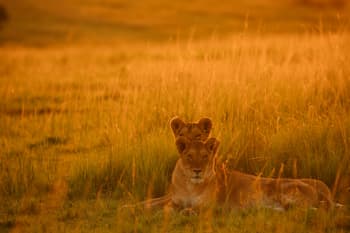 Image 1
Image 1Photo by Natalia Msungu from Pexels
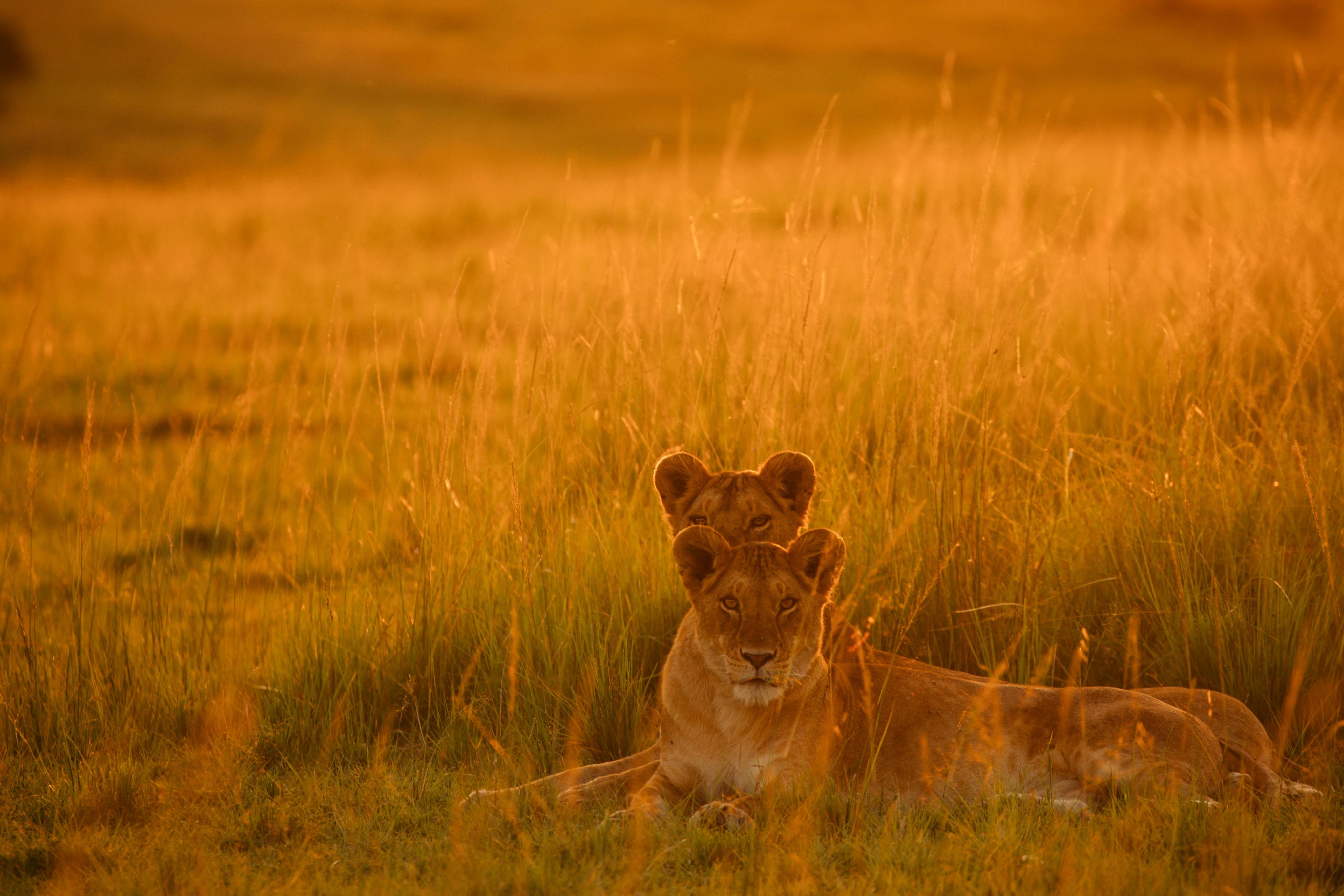
Photo by Natalia Msungu from Pexels
Photo by Natalia Msungu from Pexels
Want to dive deeper into the world of invasive alien species? Start your exploration with the comprehensive IPBES IAS report, where you’ll find detailed fact sheets and in-depth insights into these ecological invaders.



